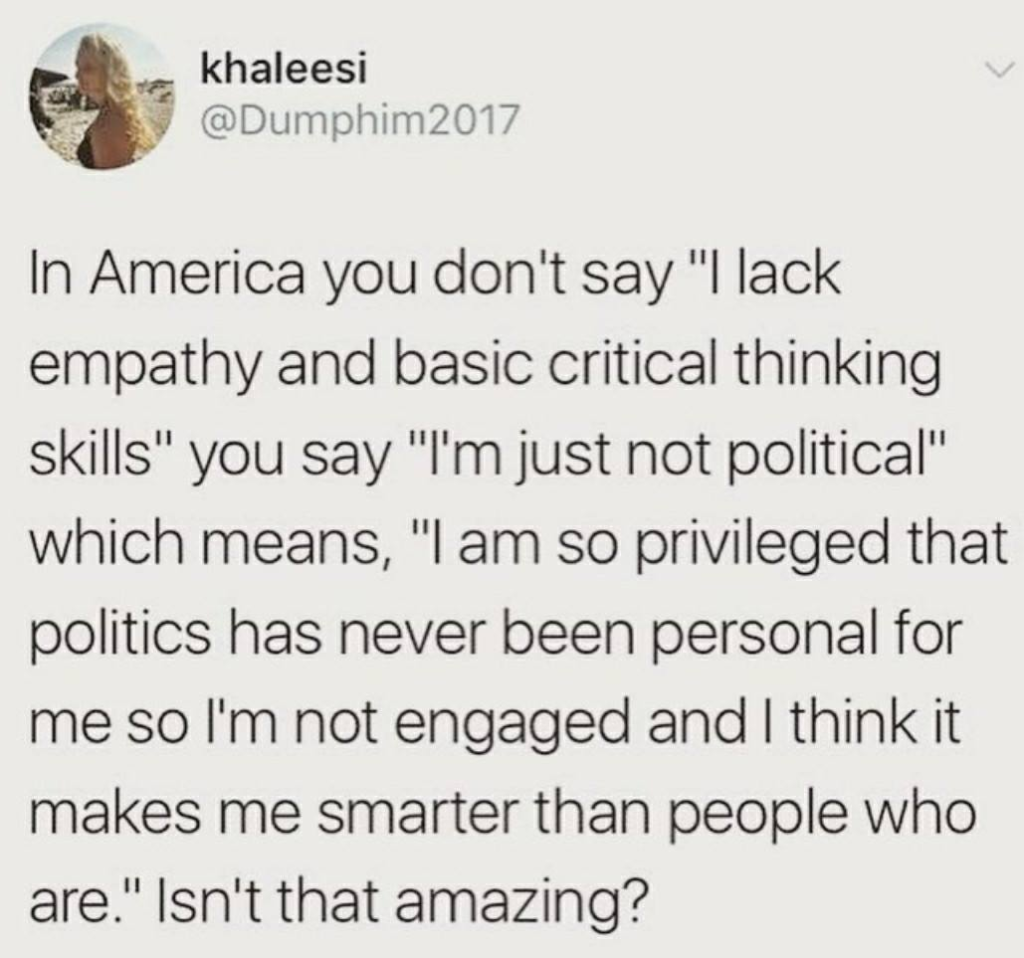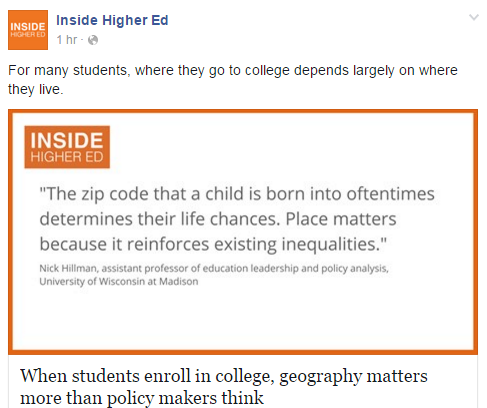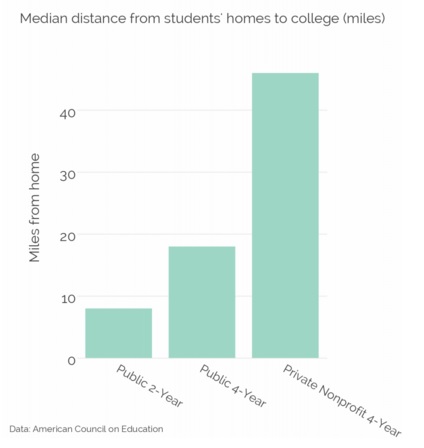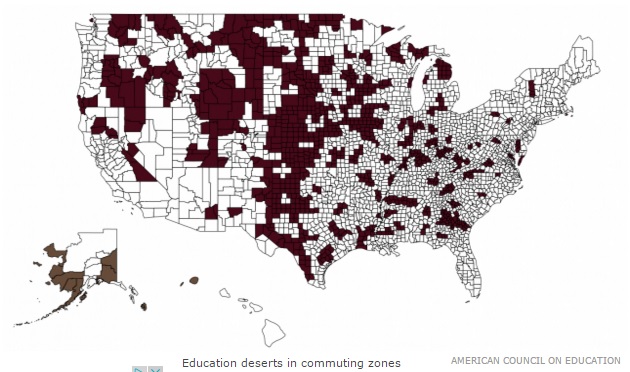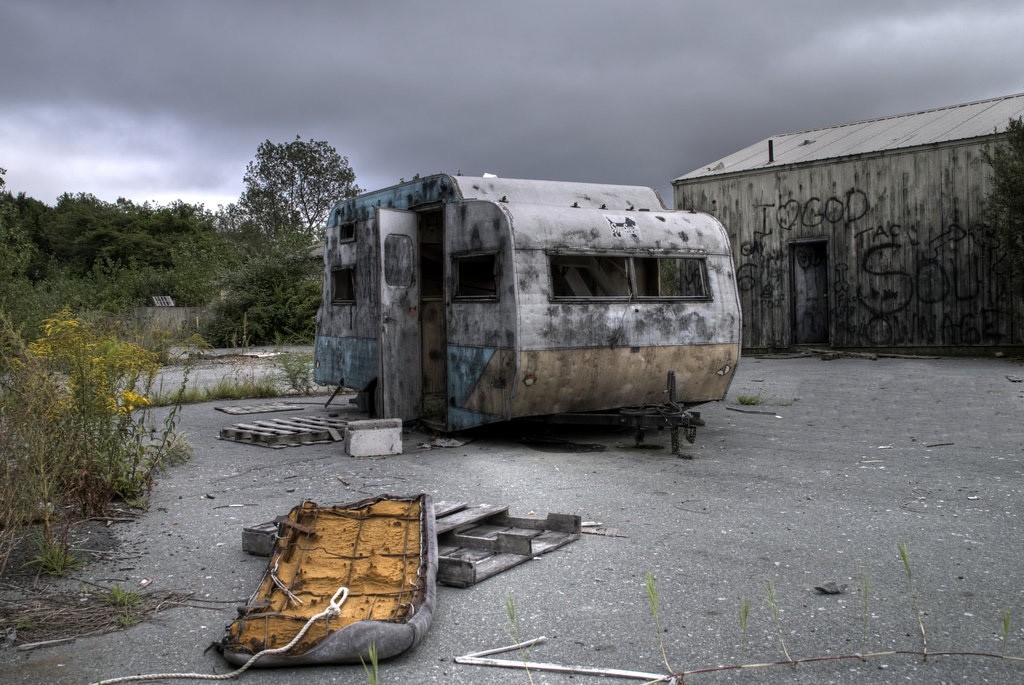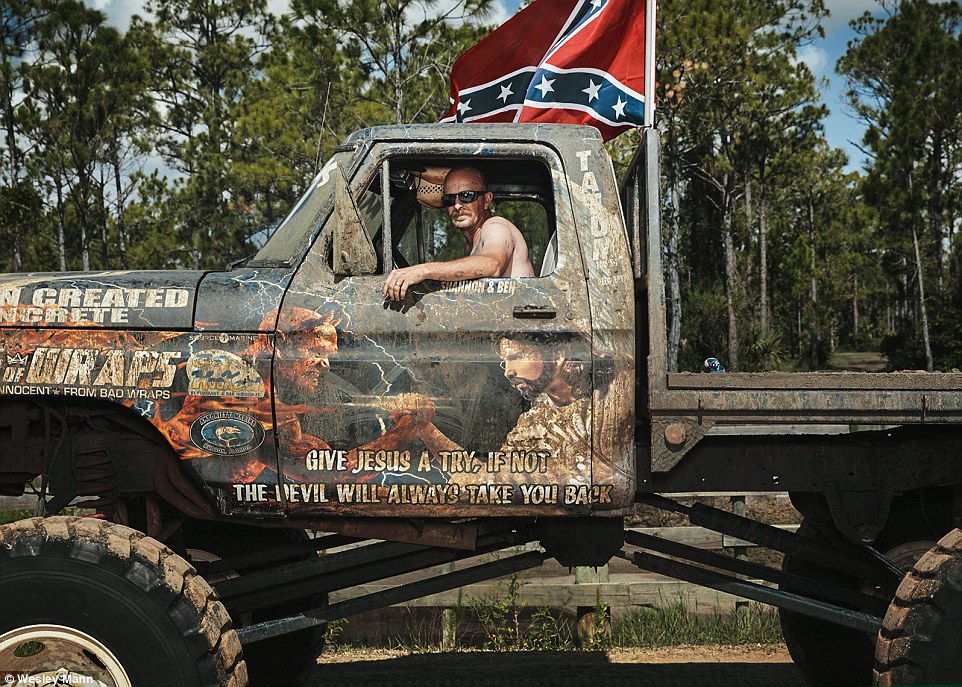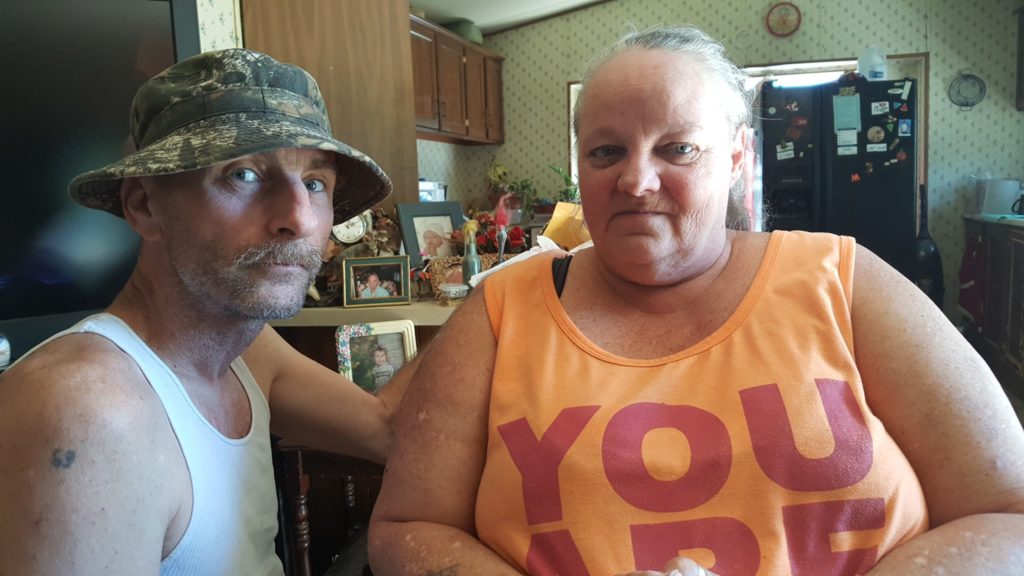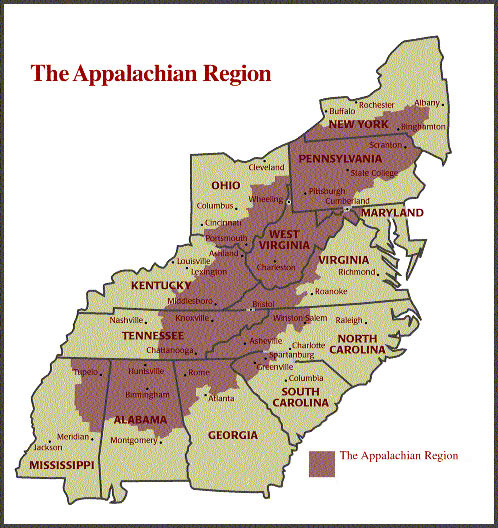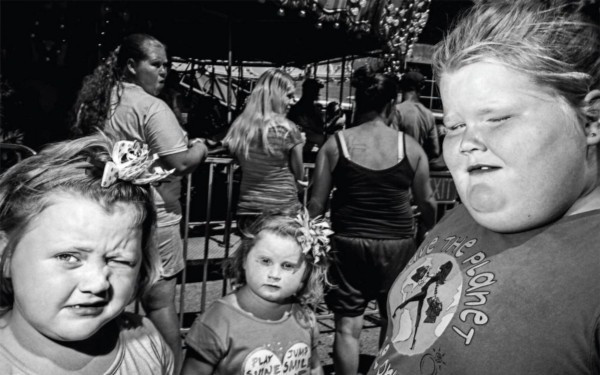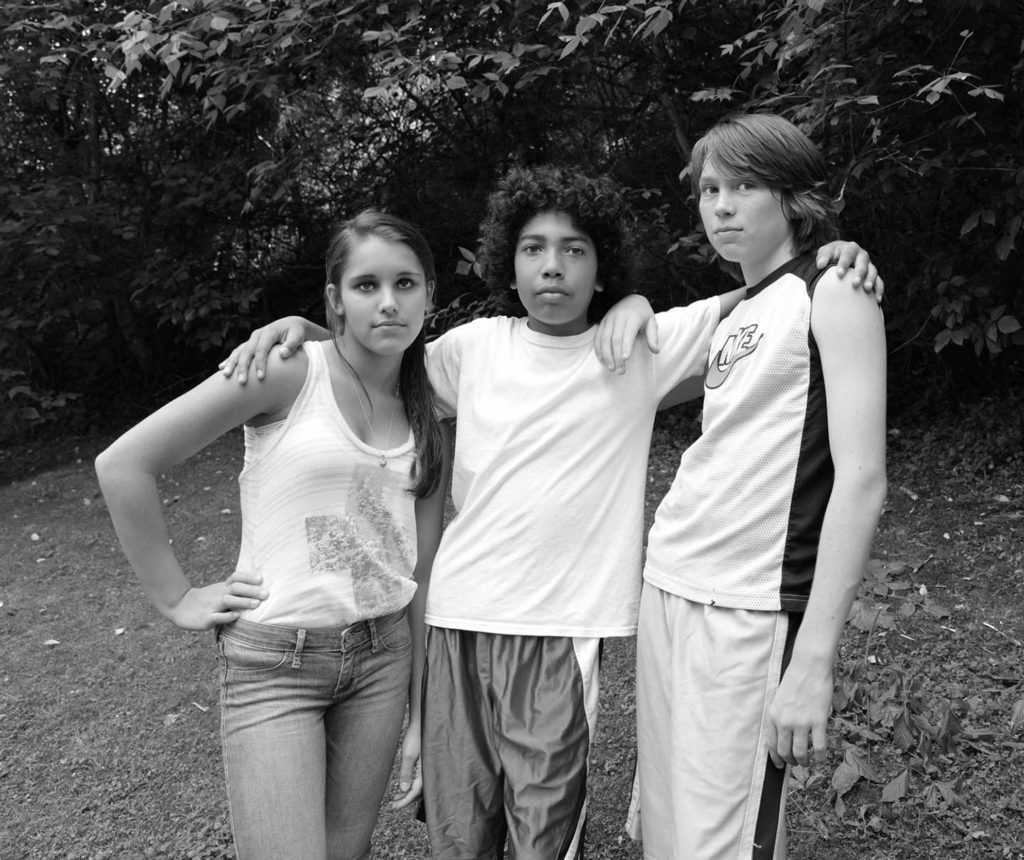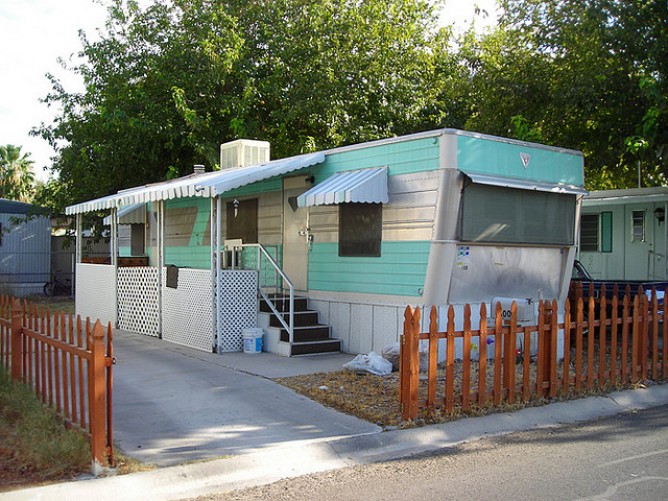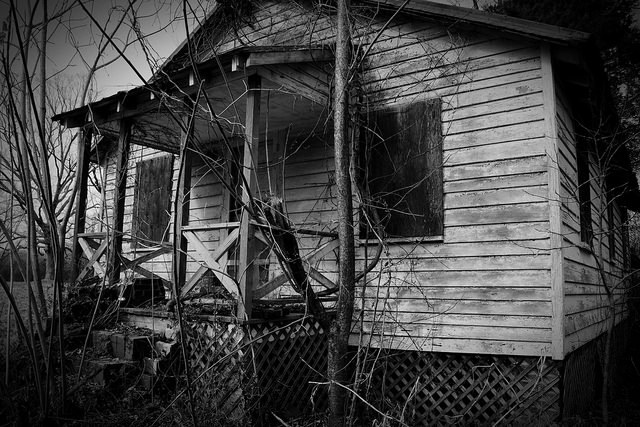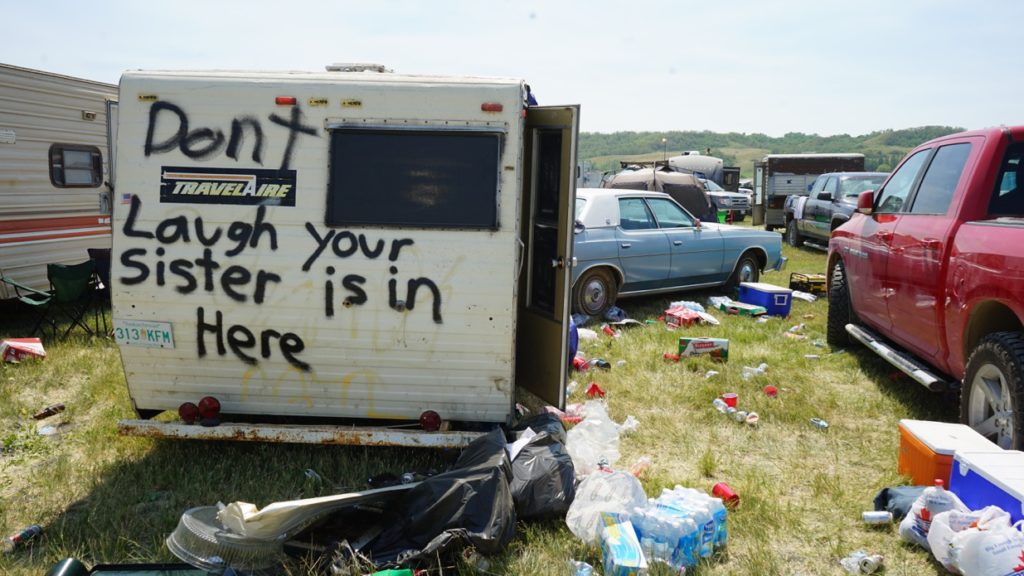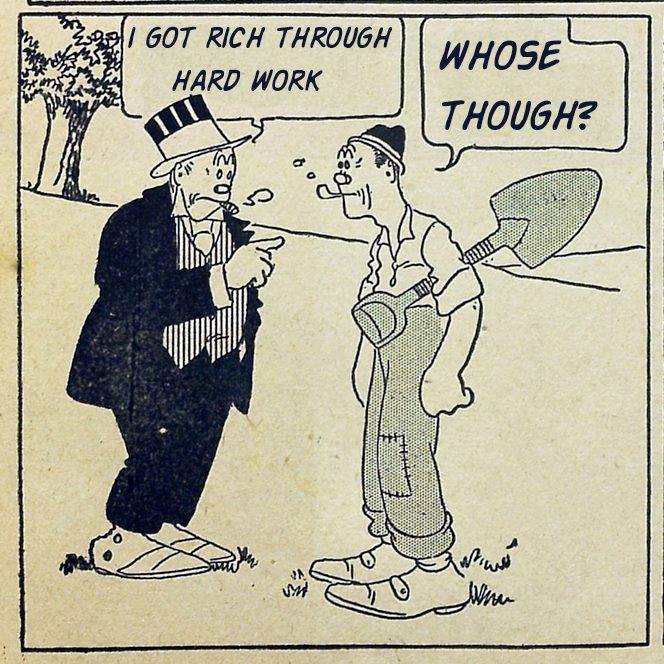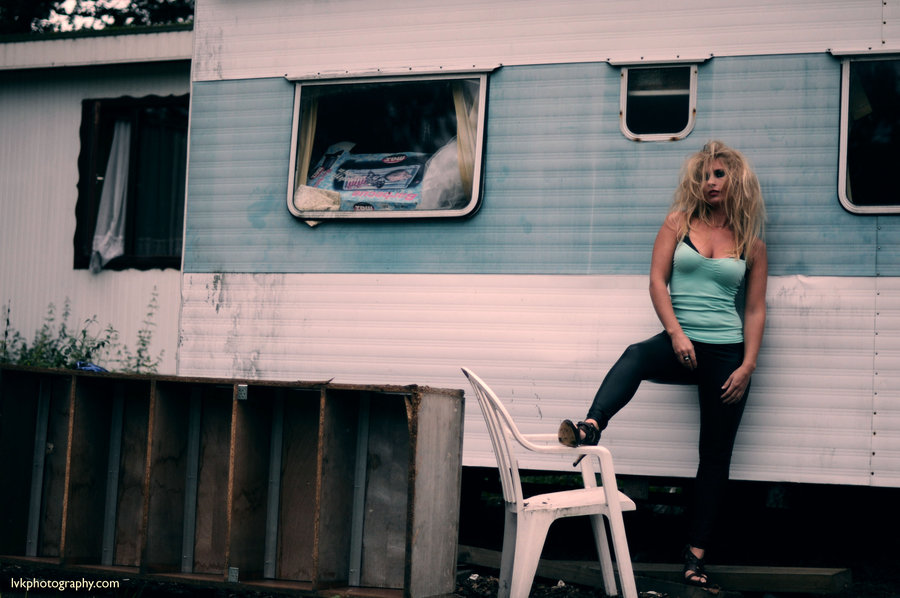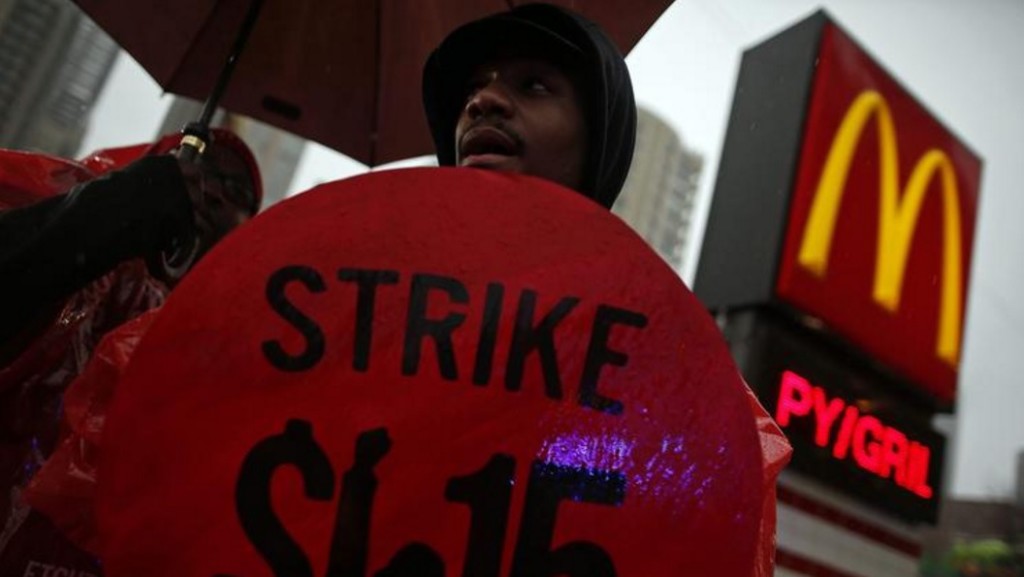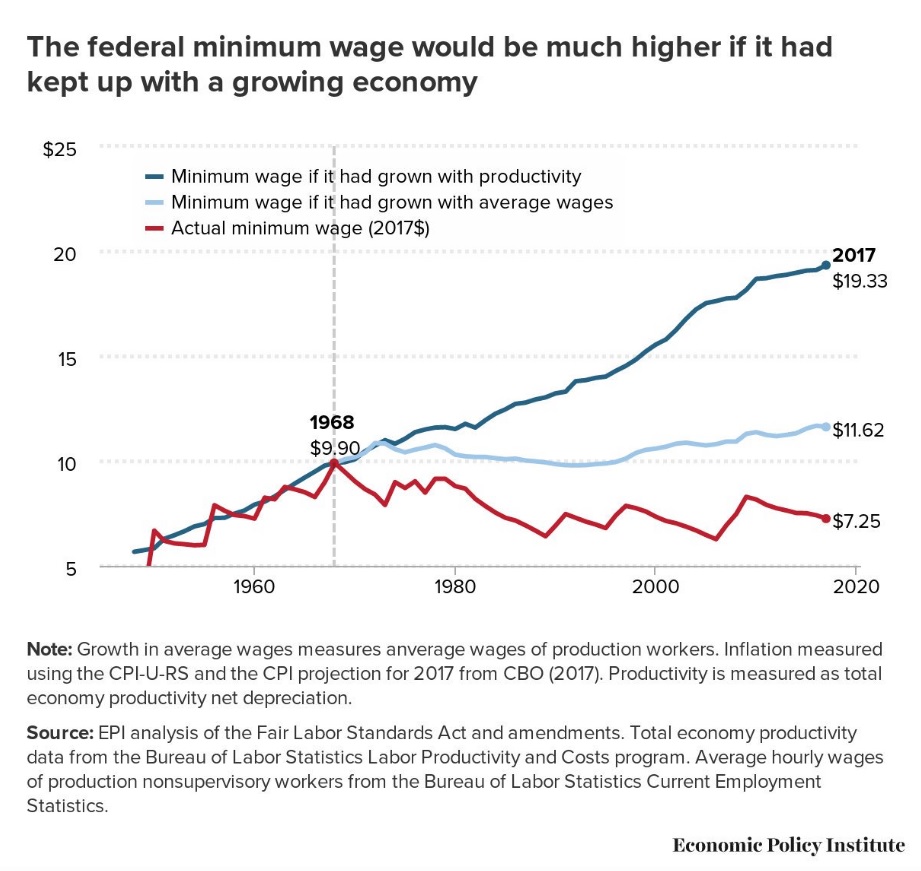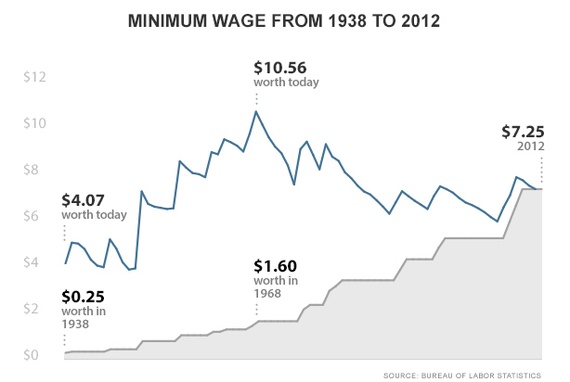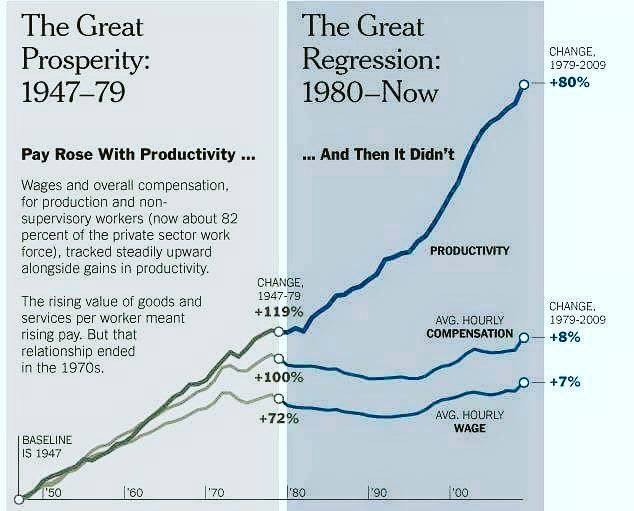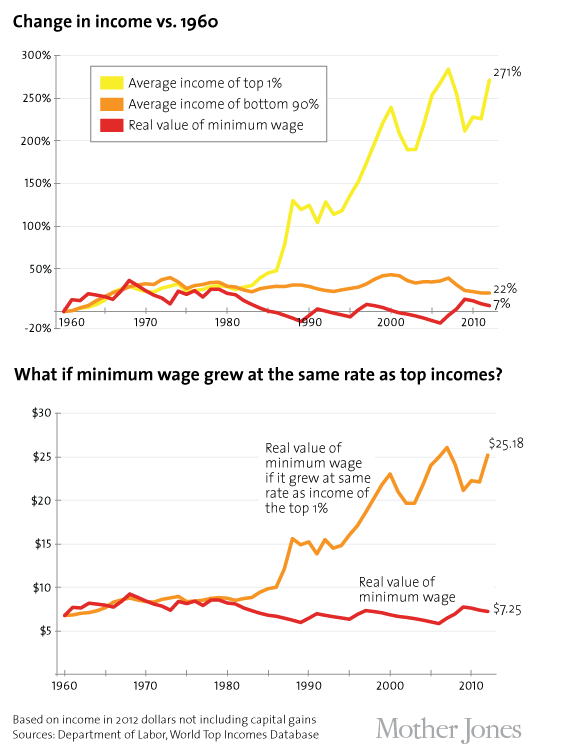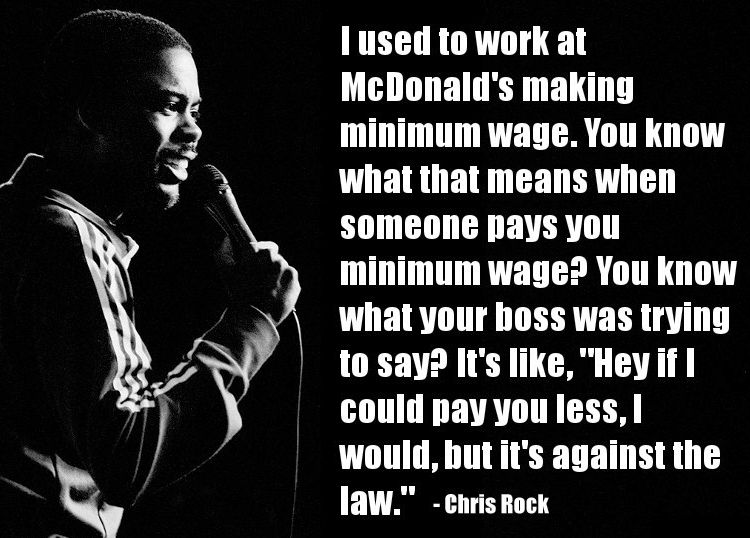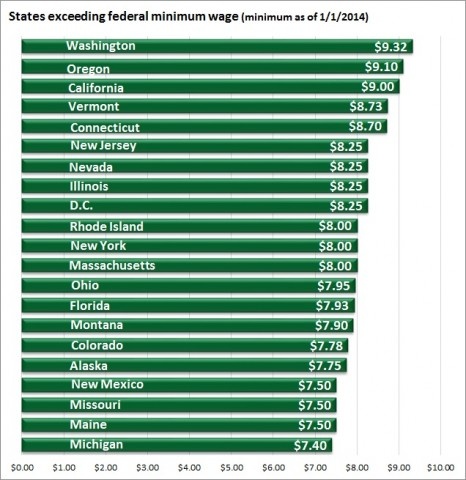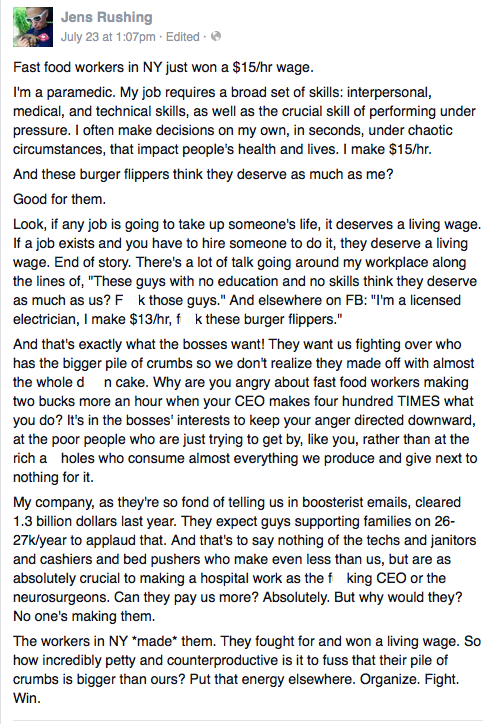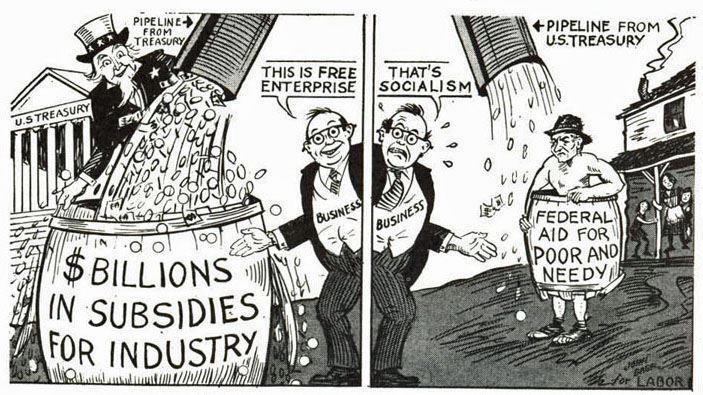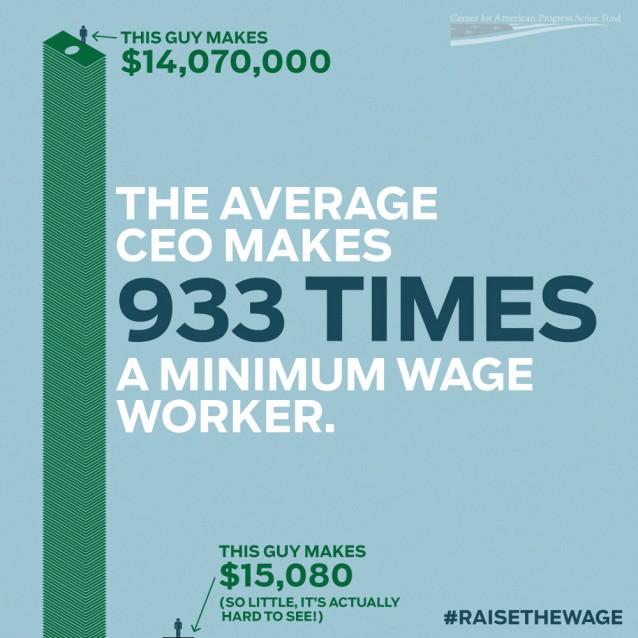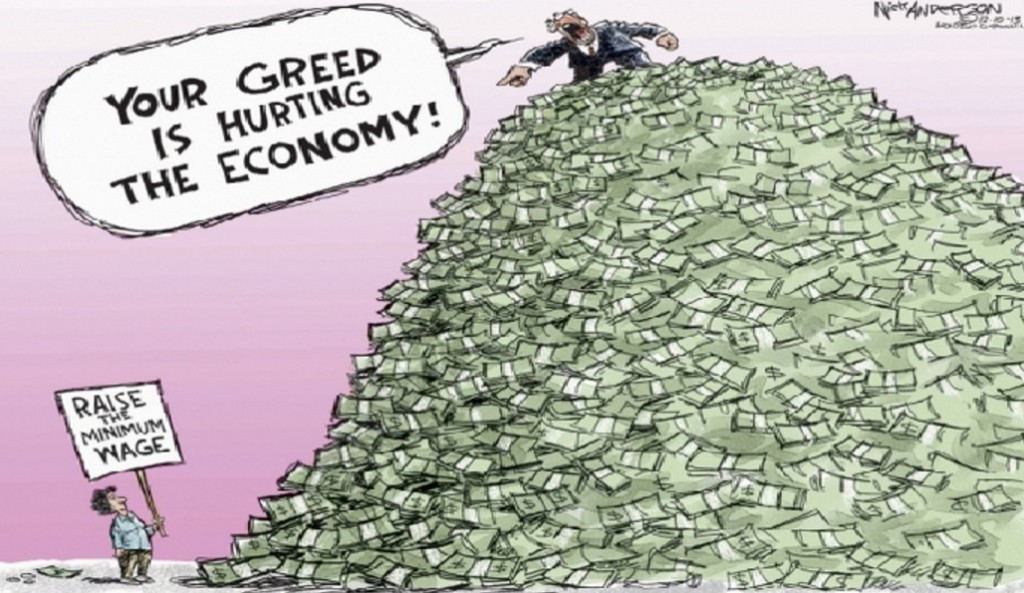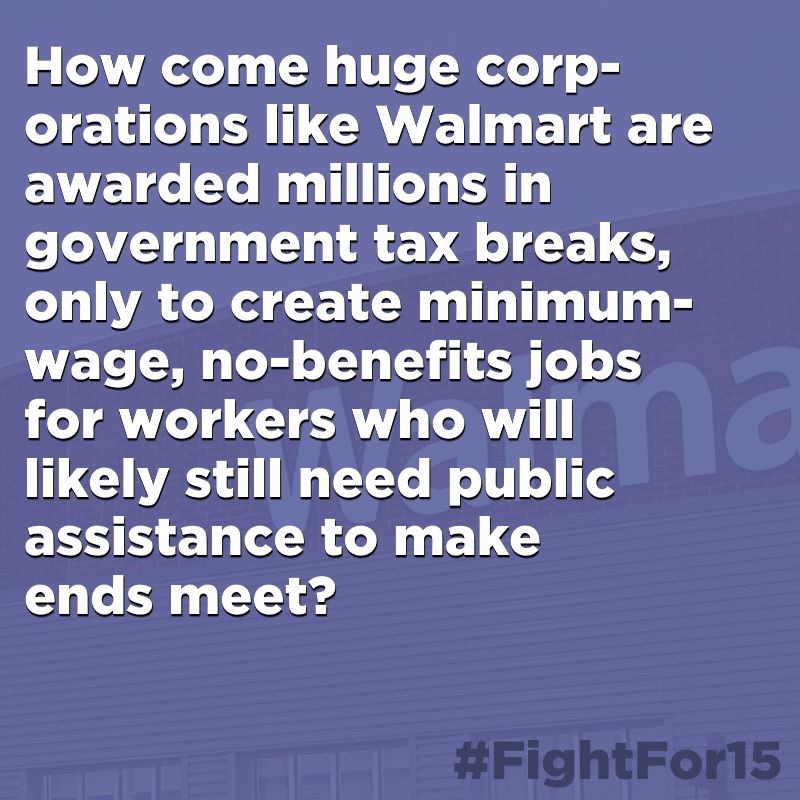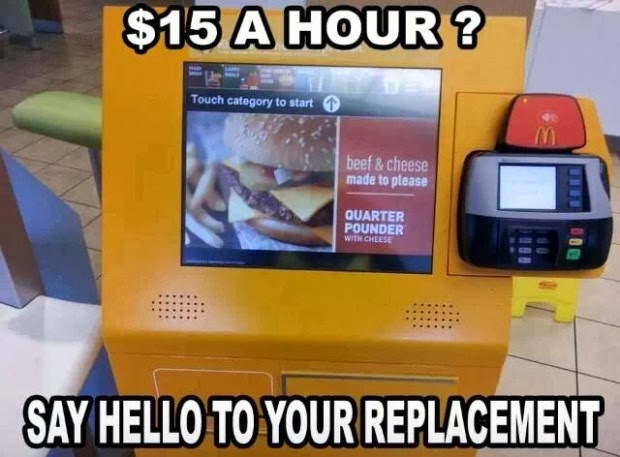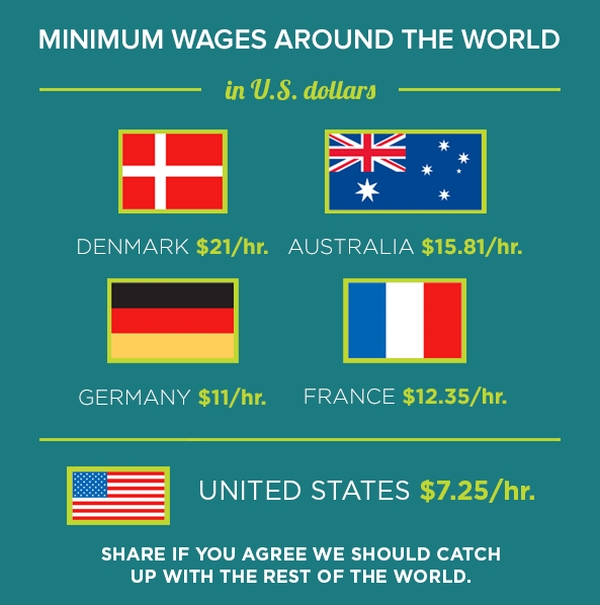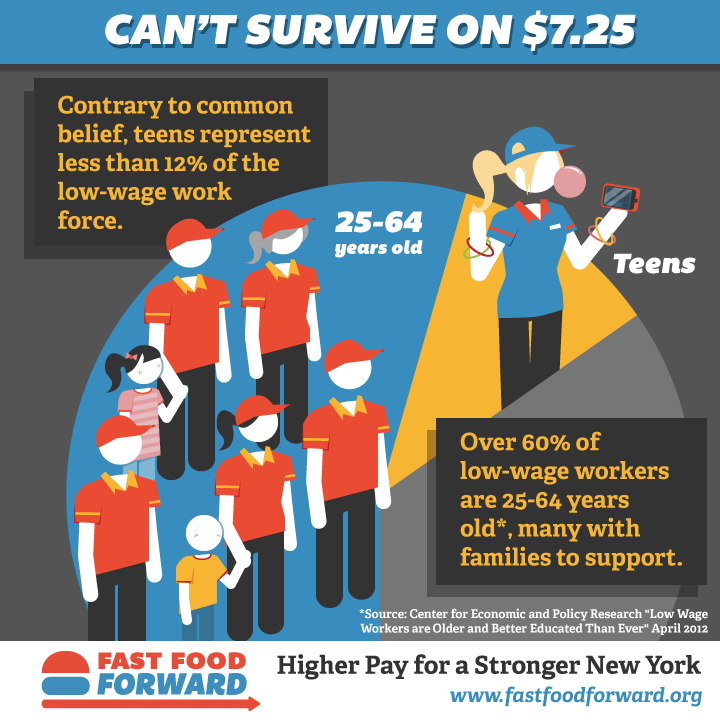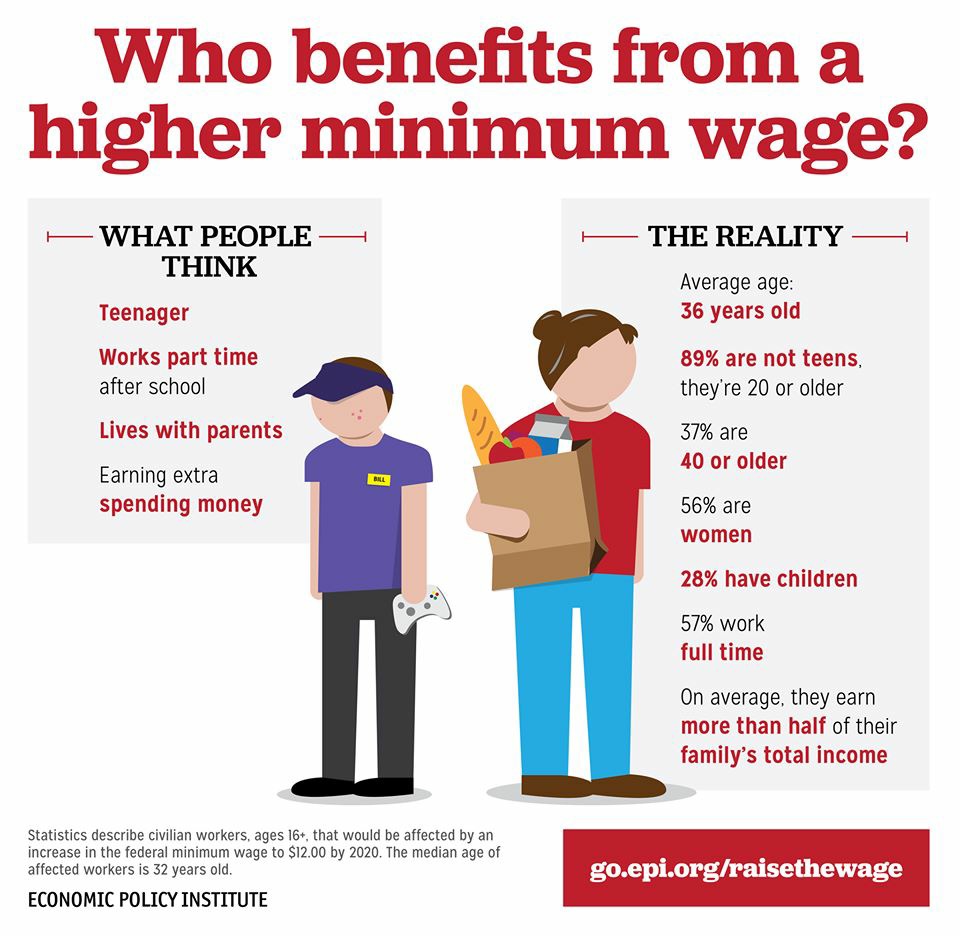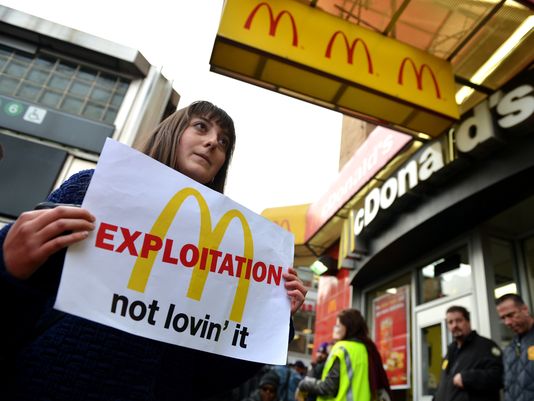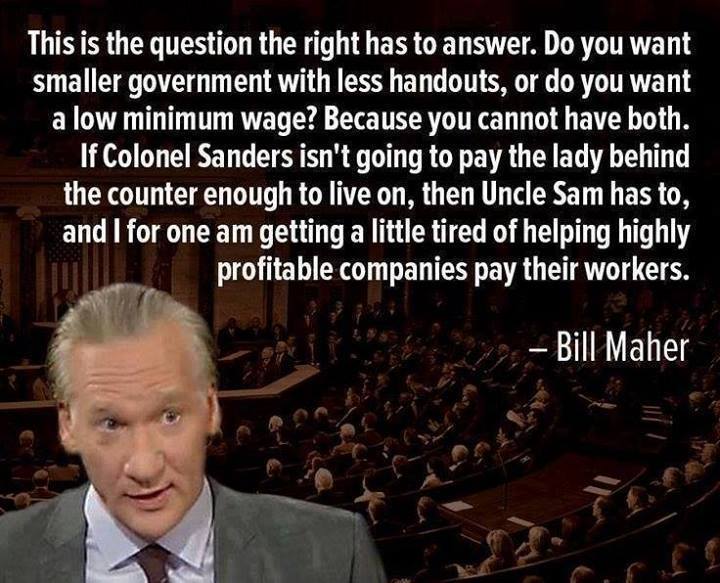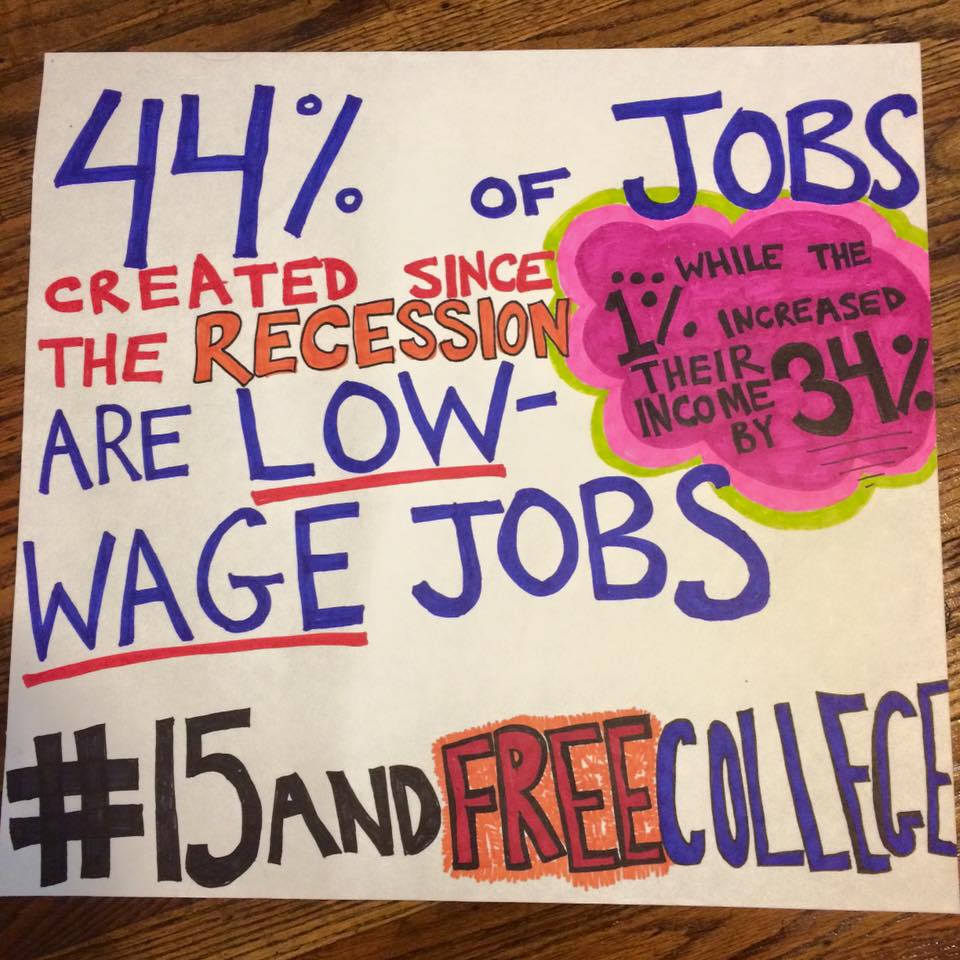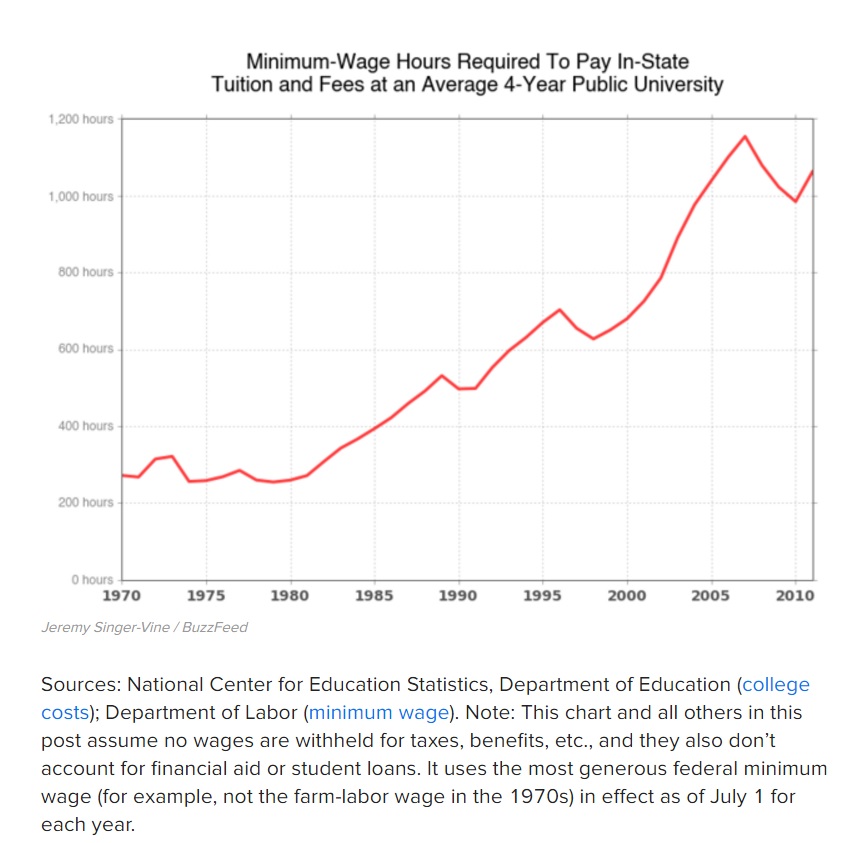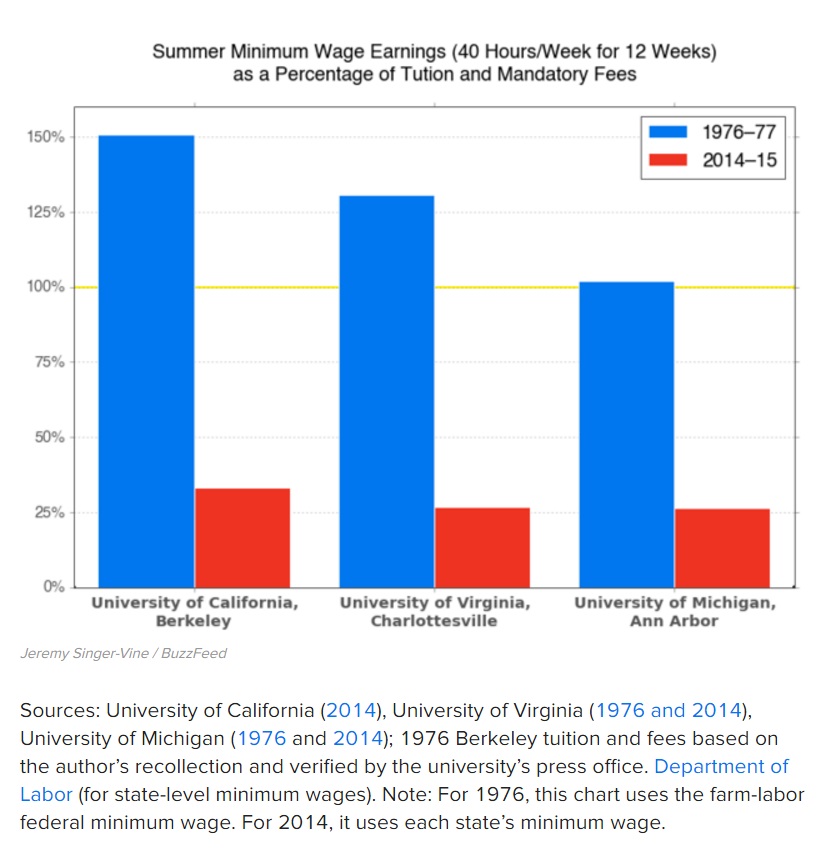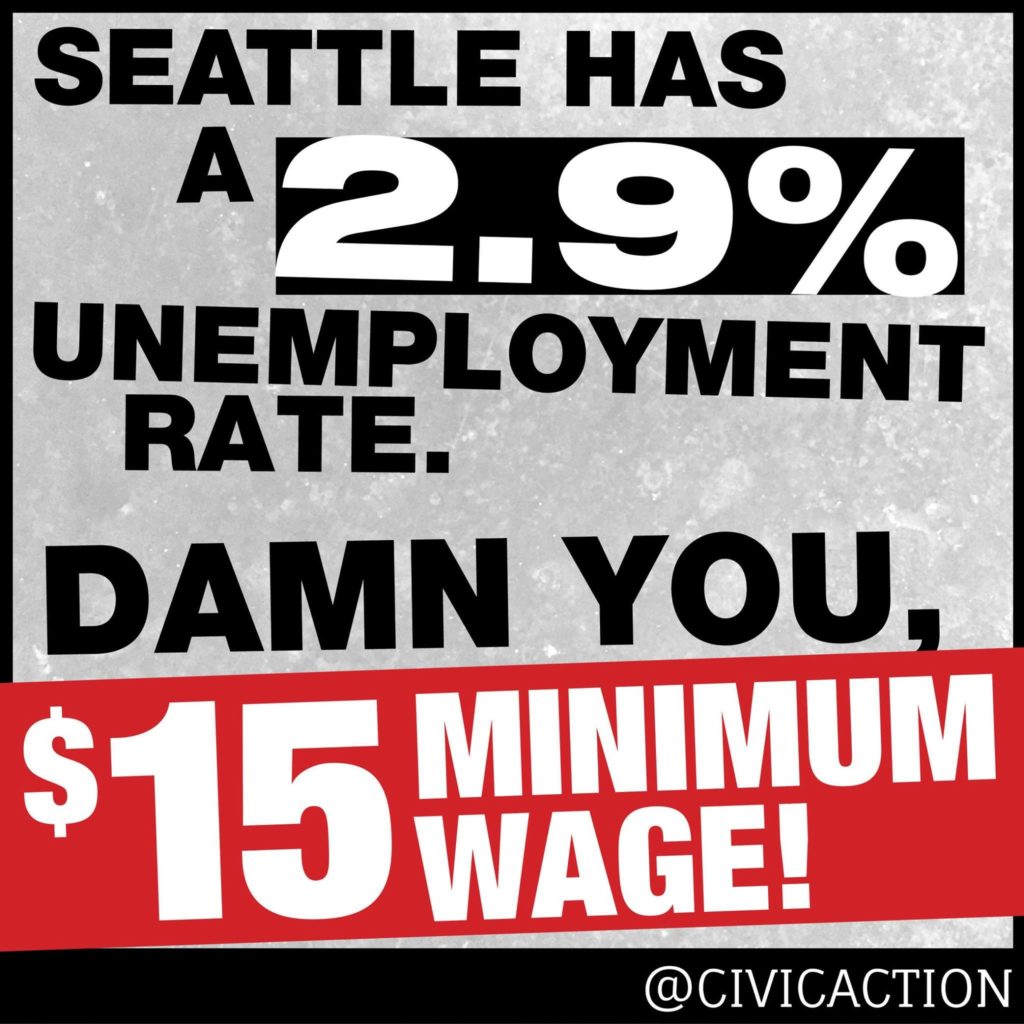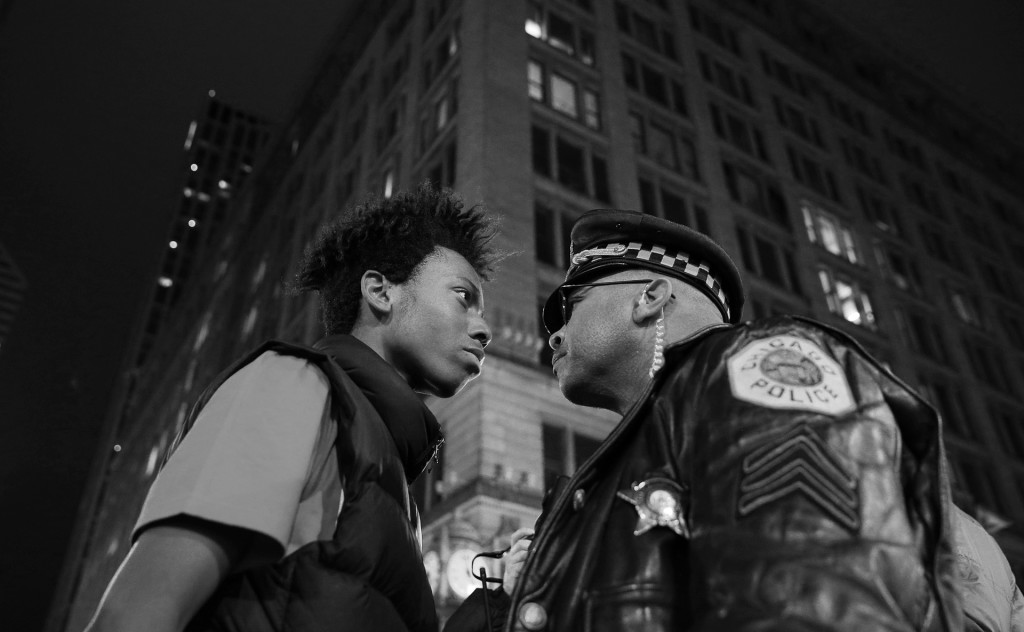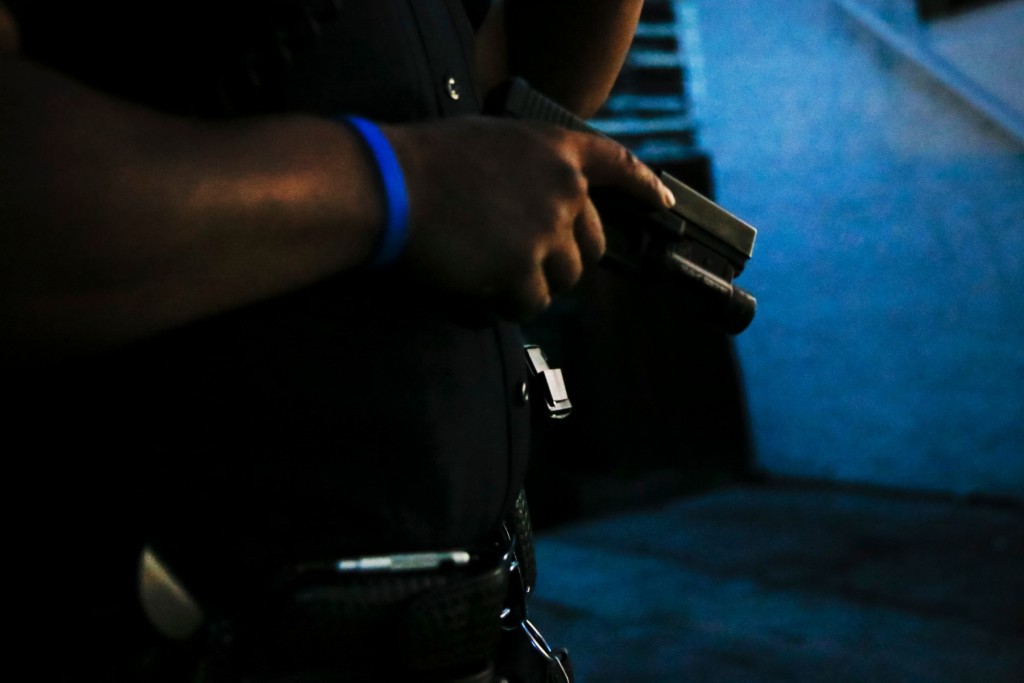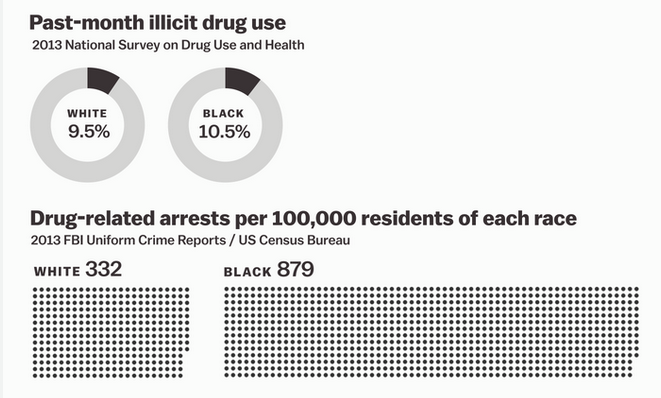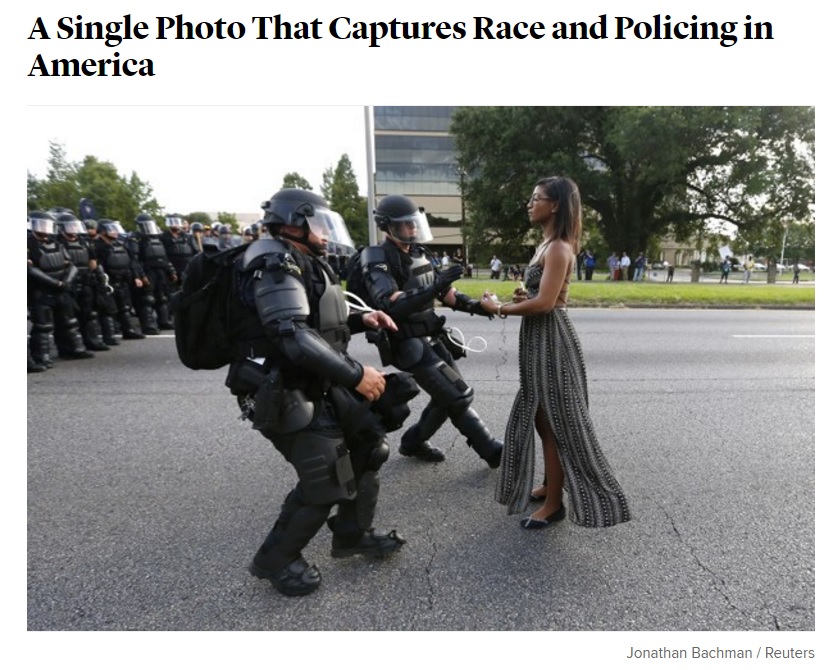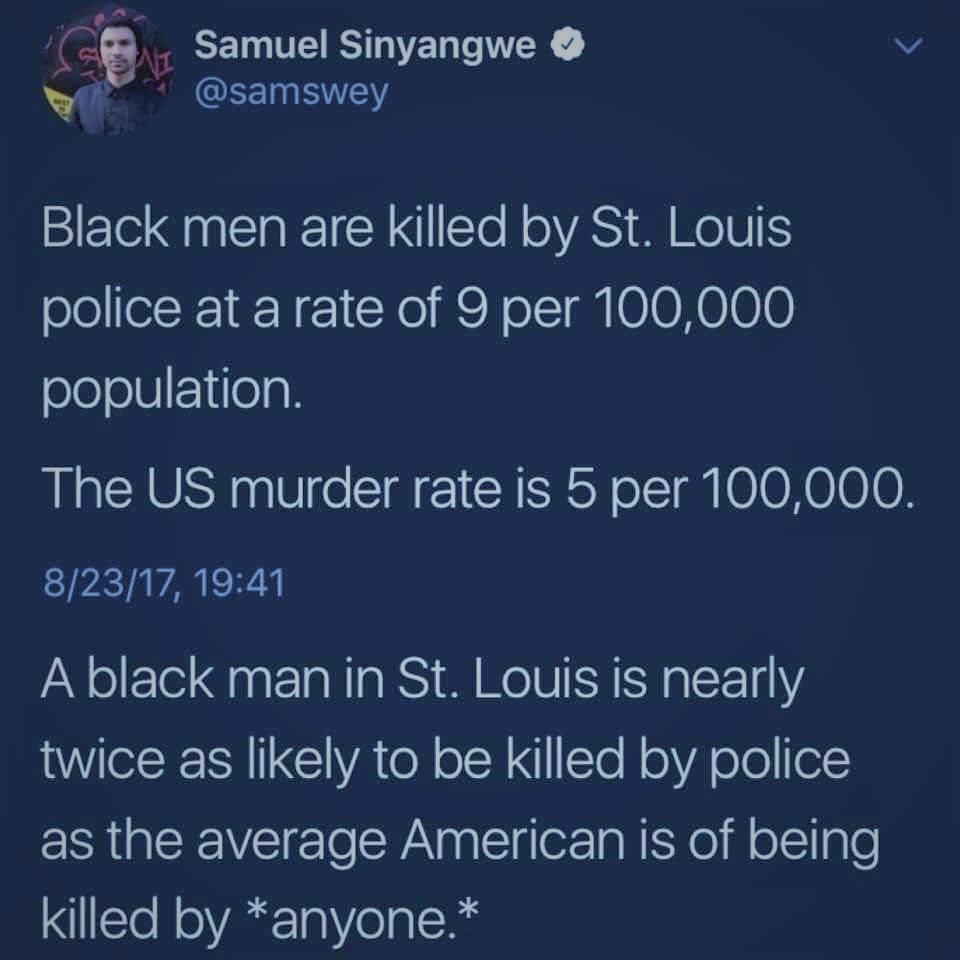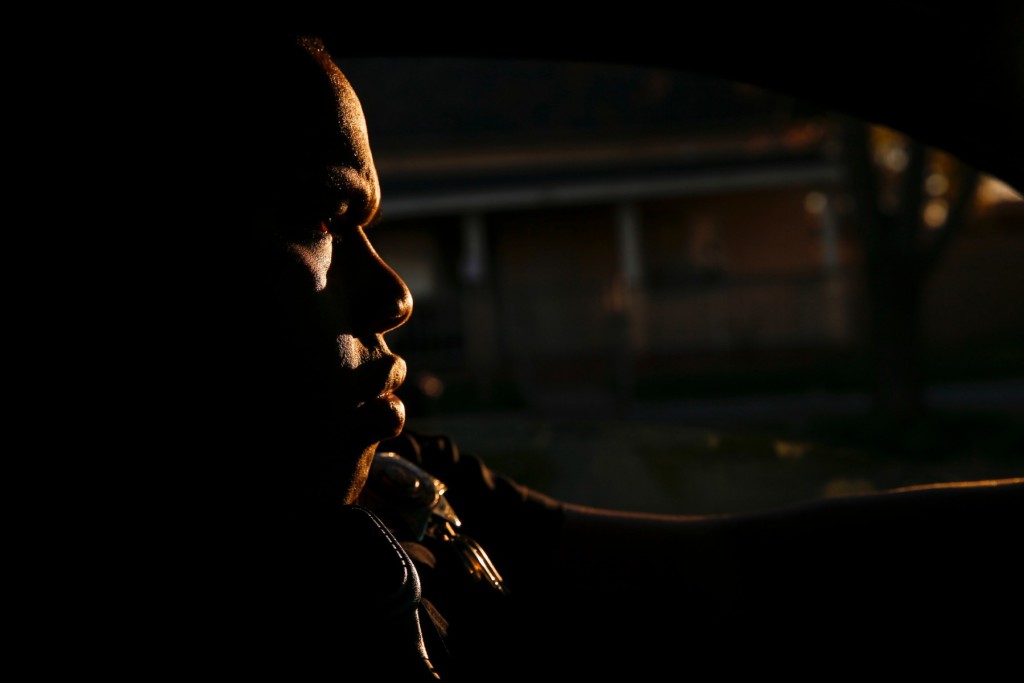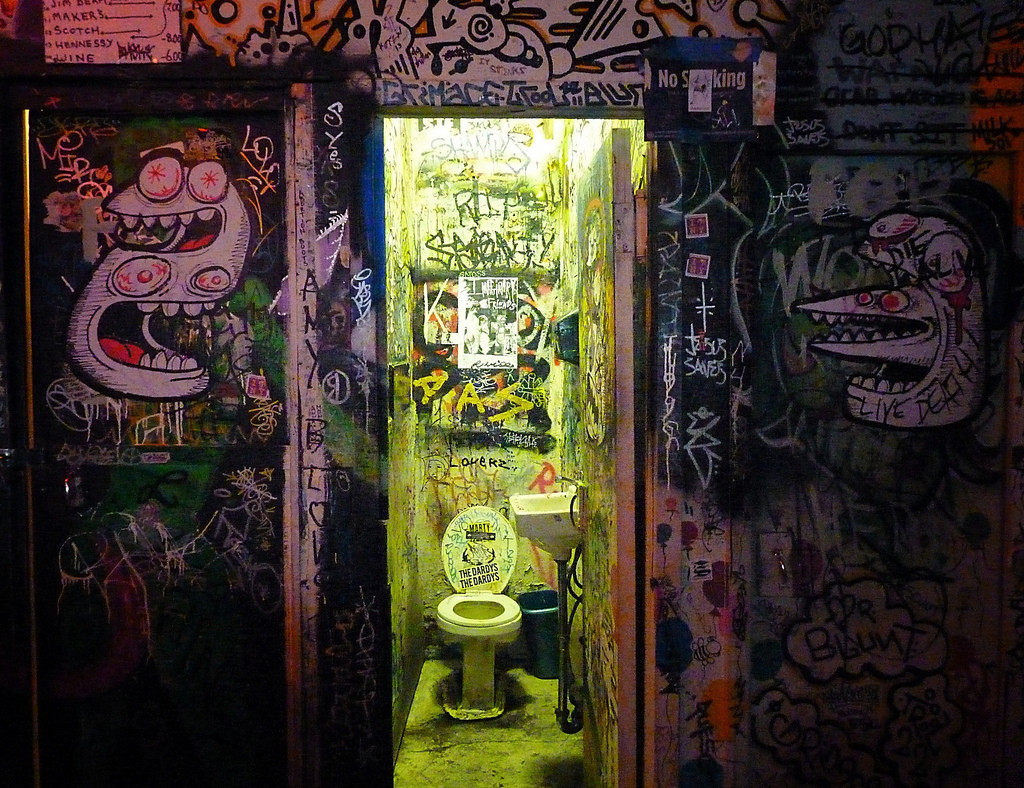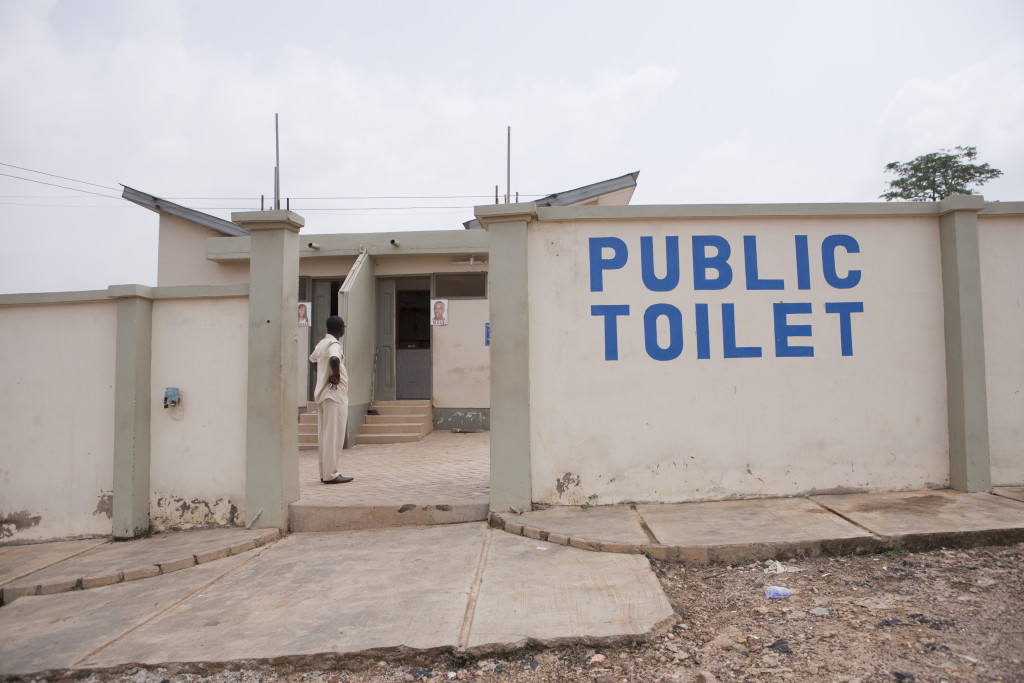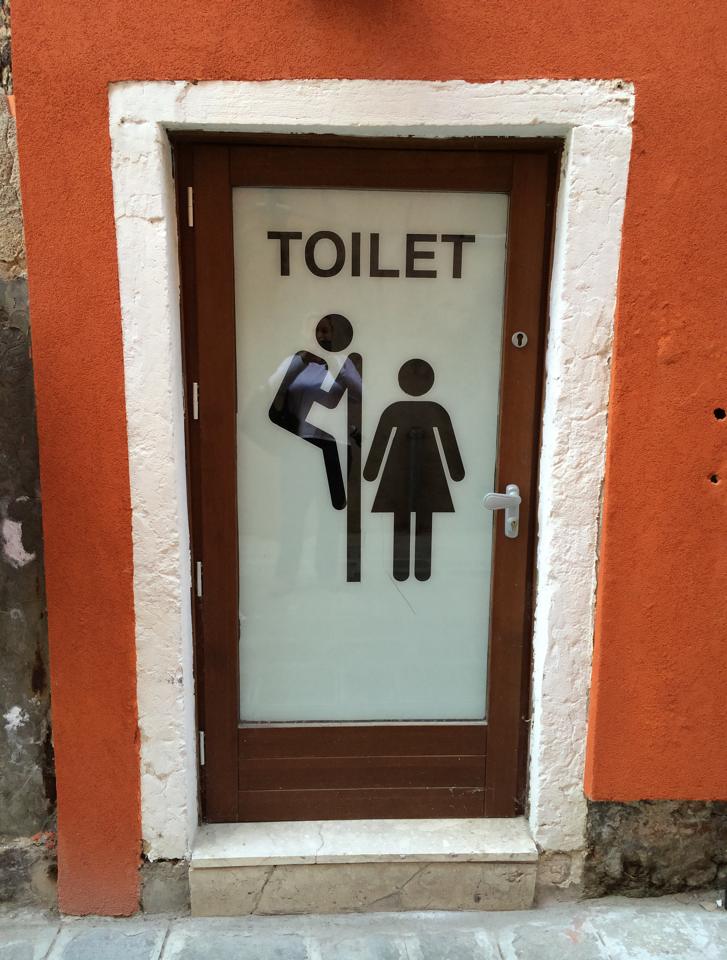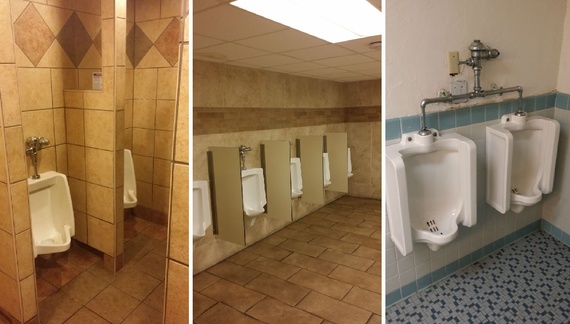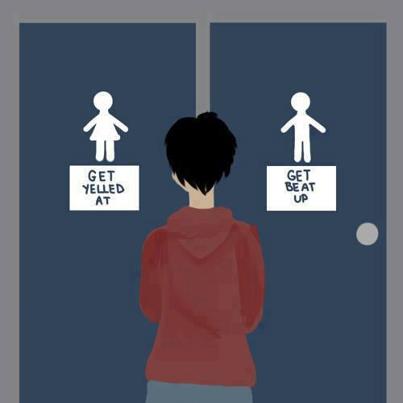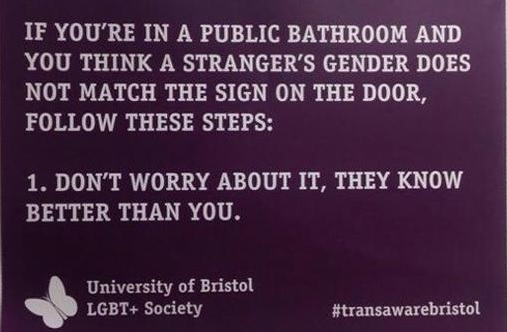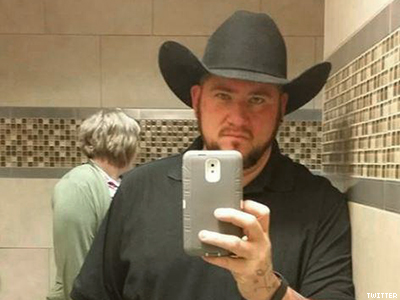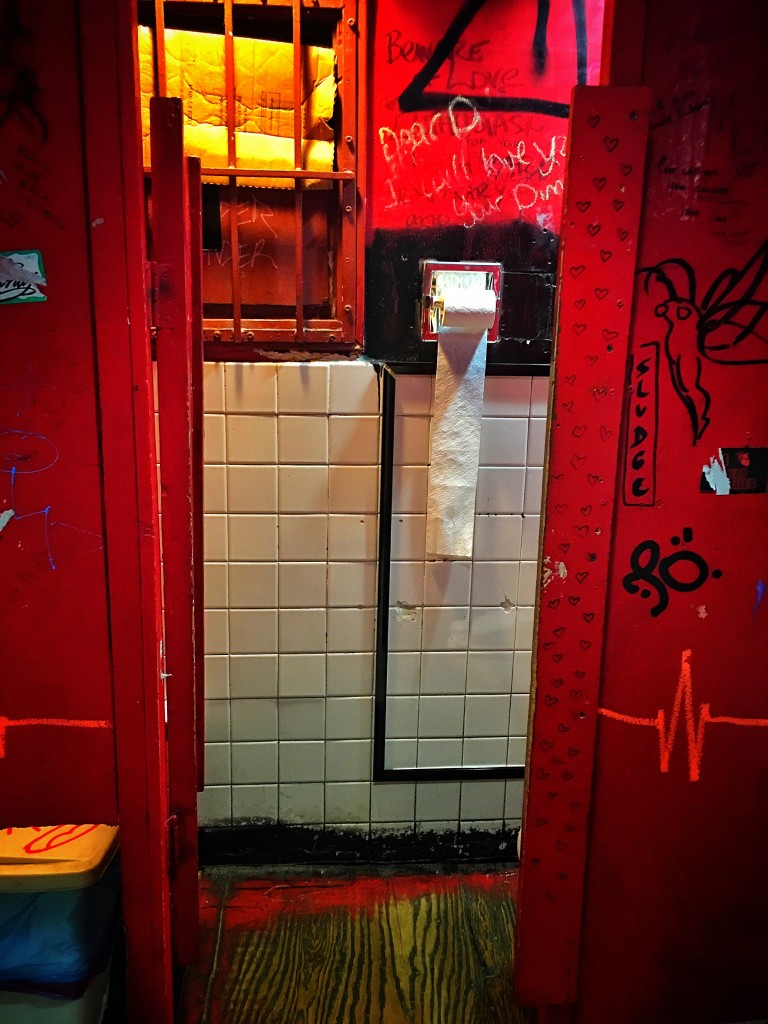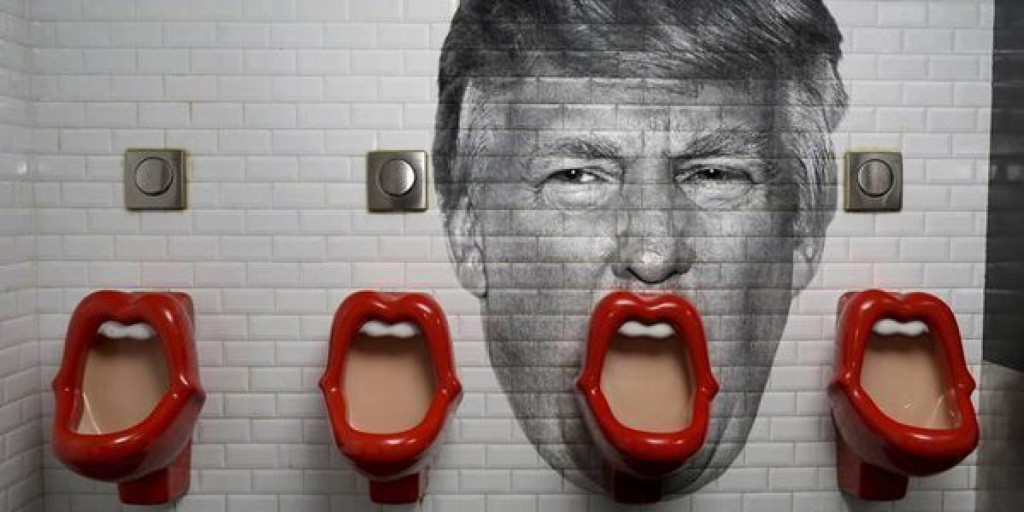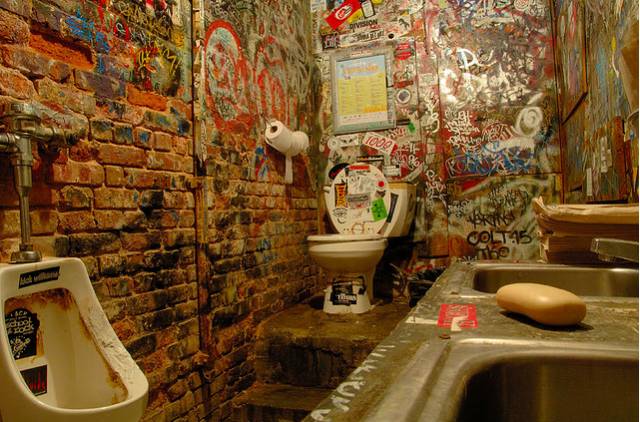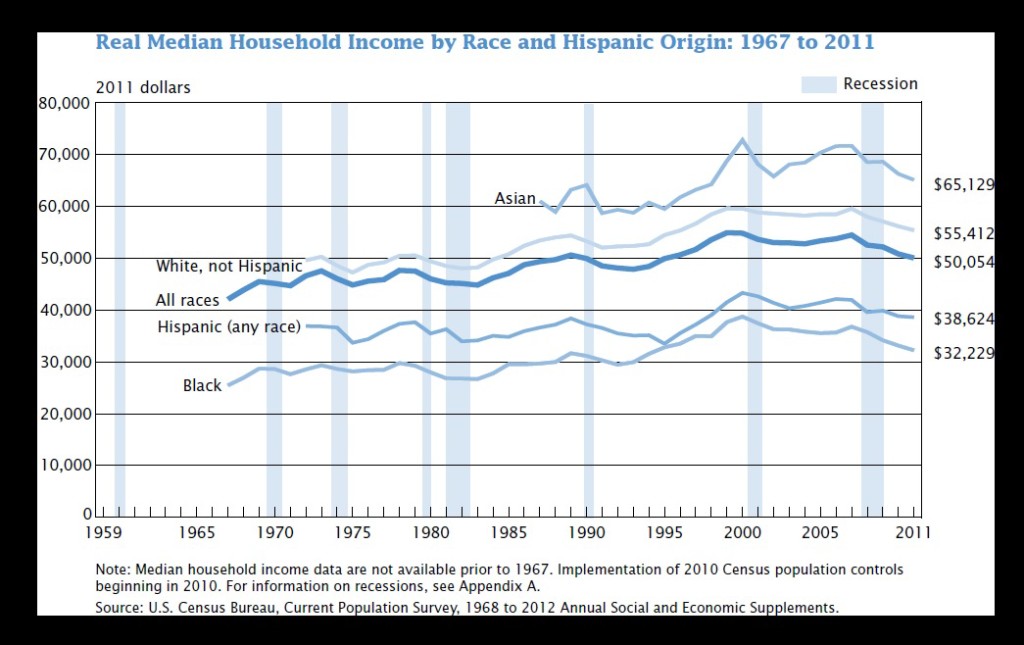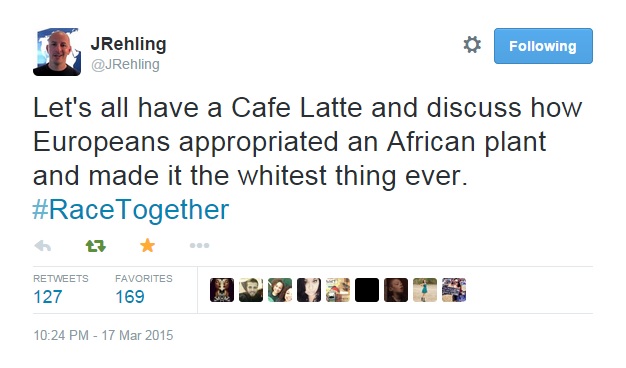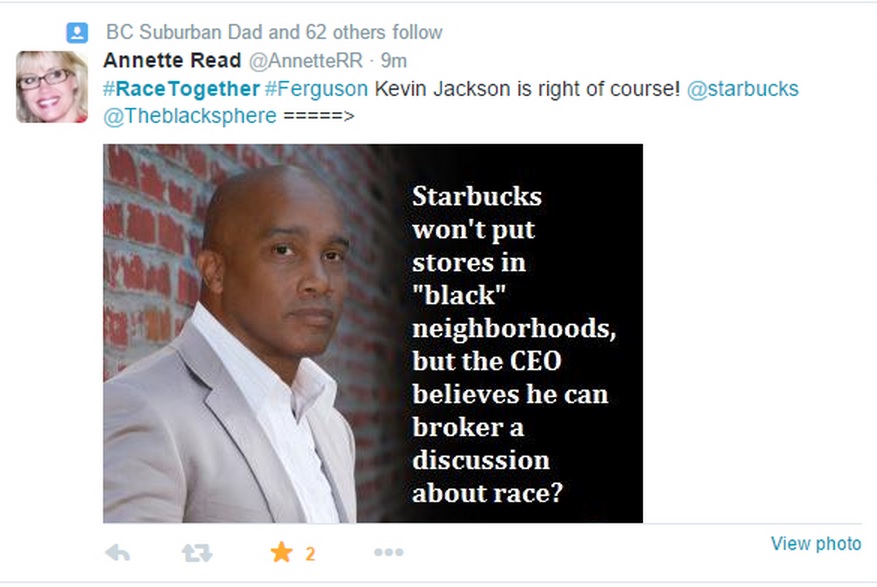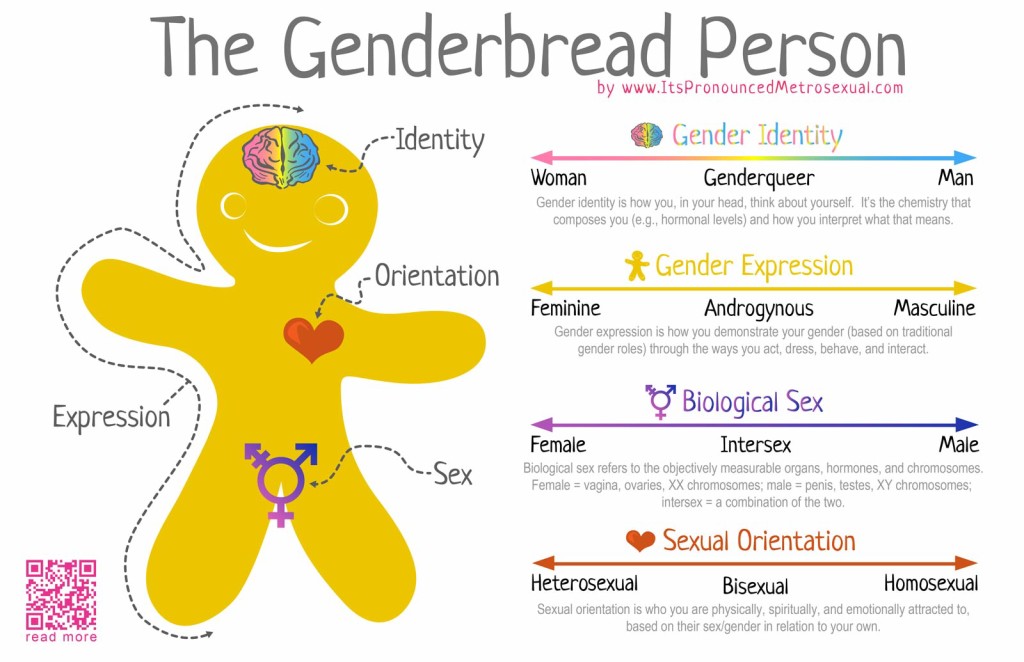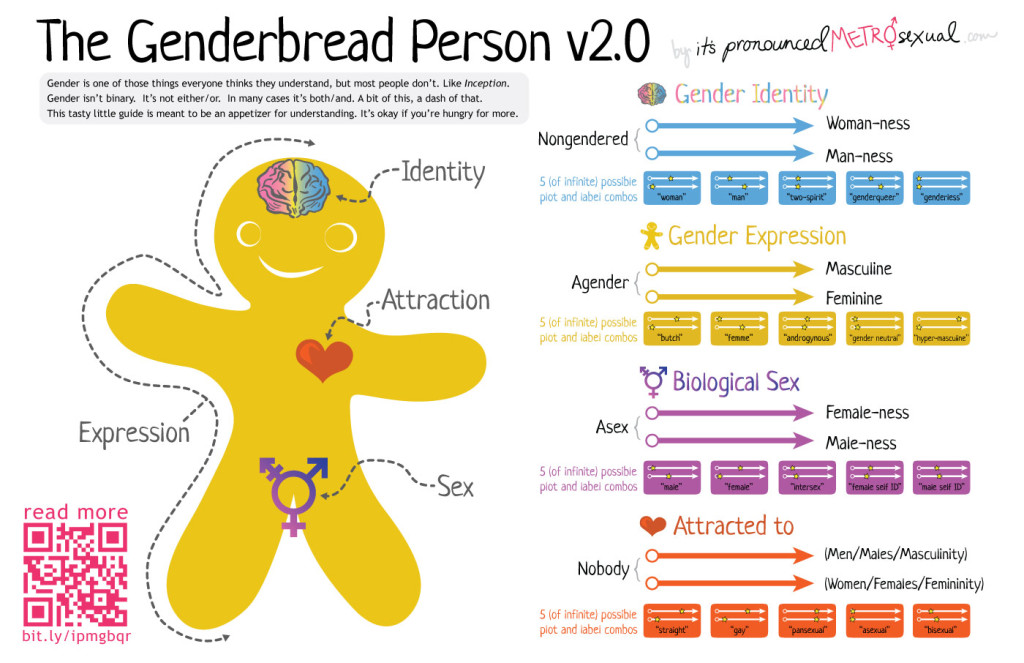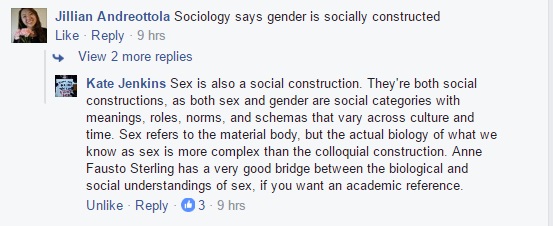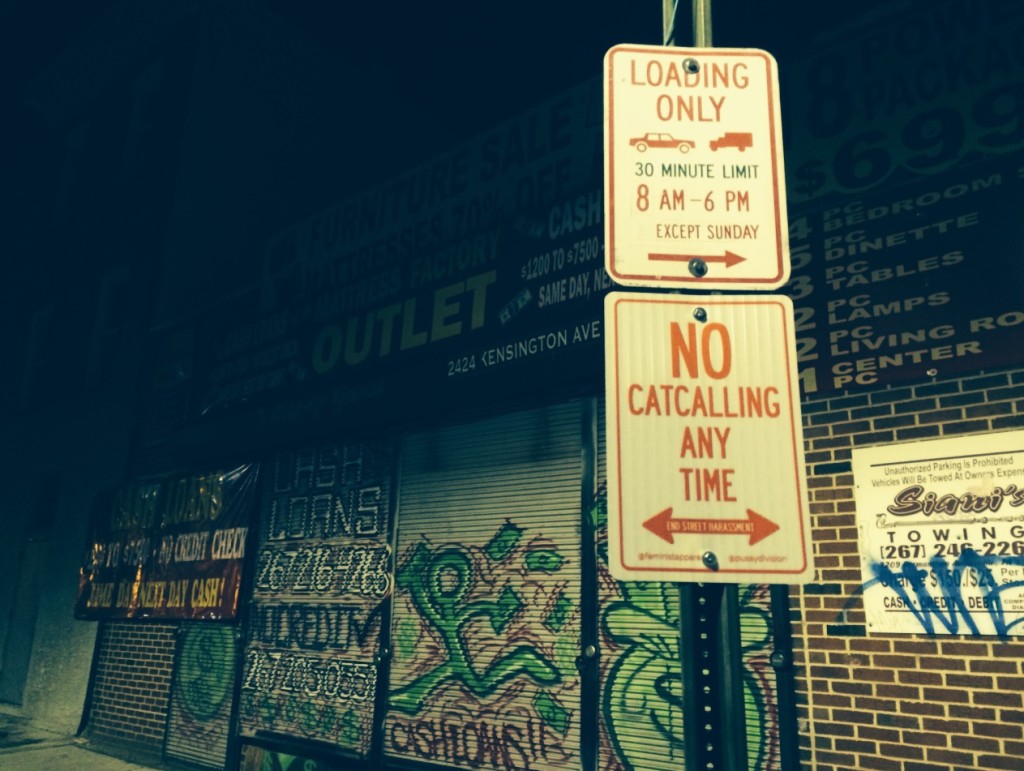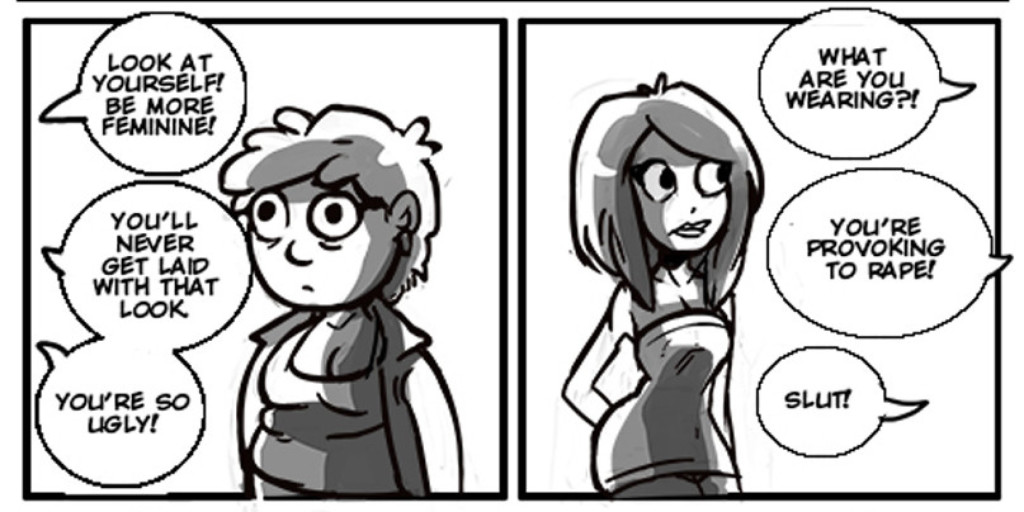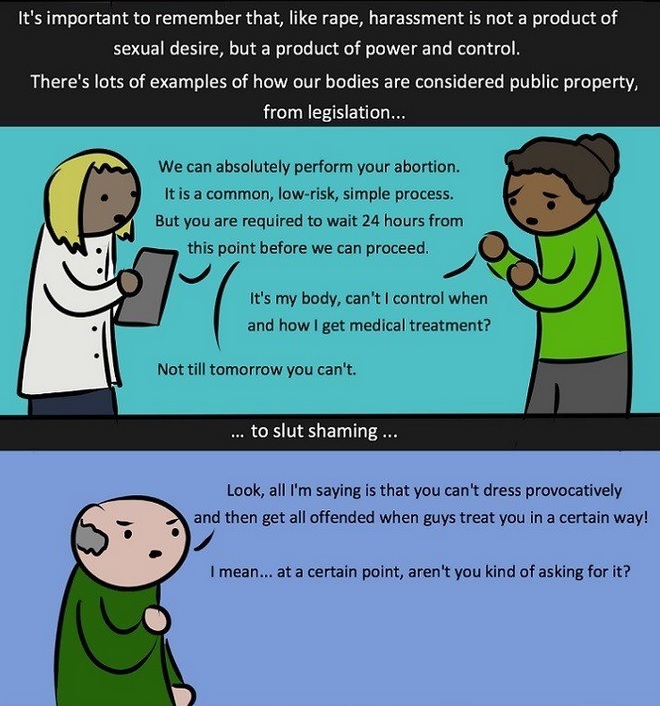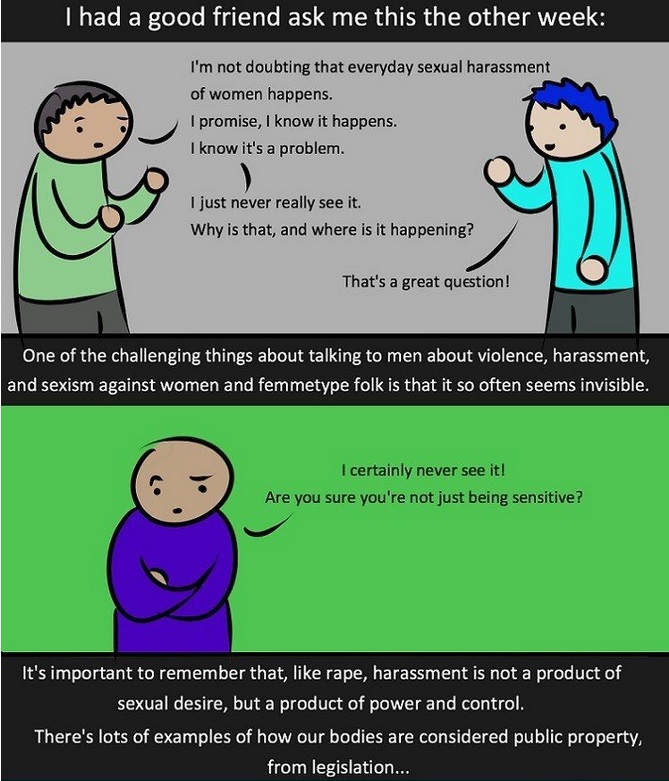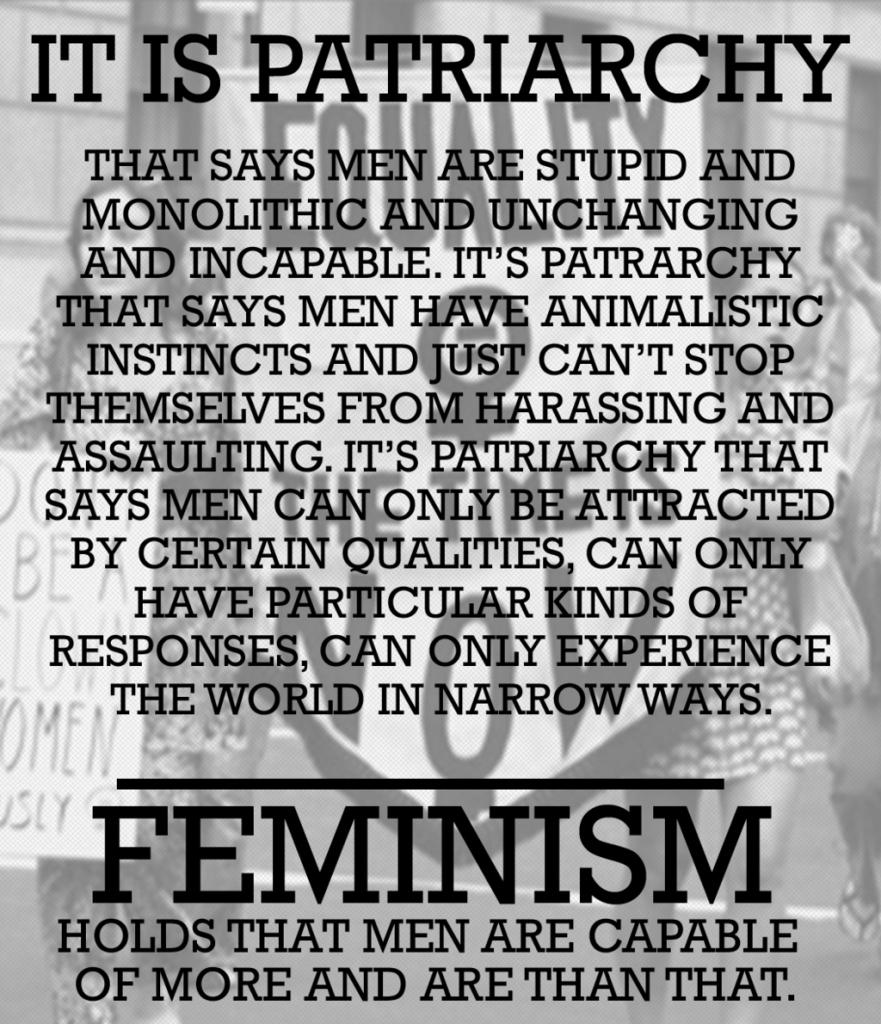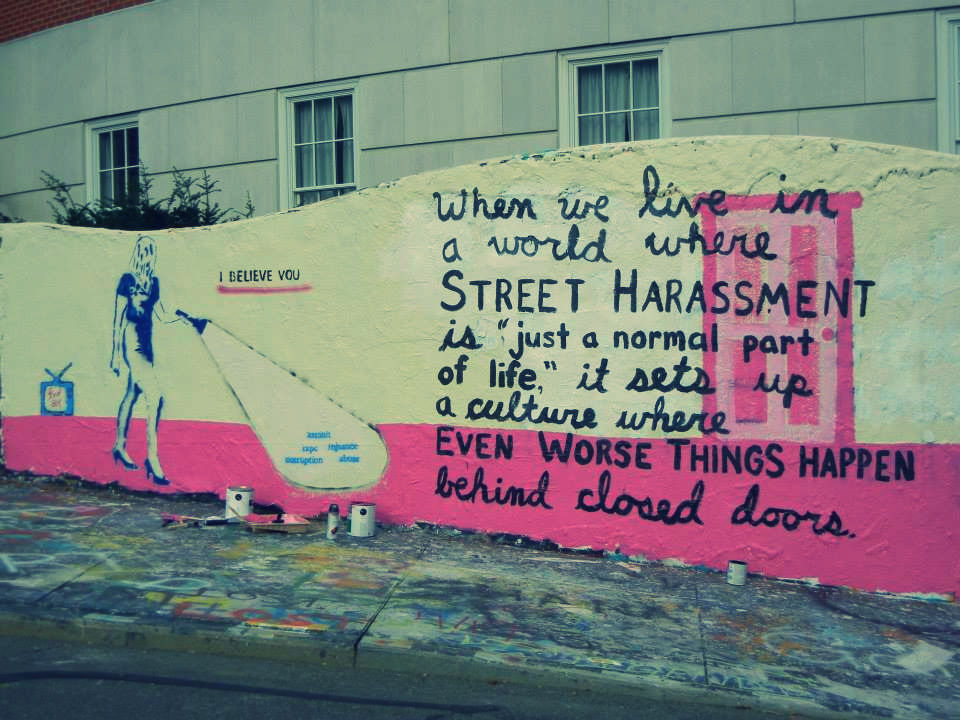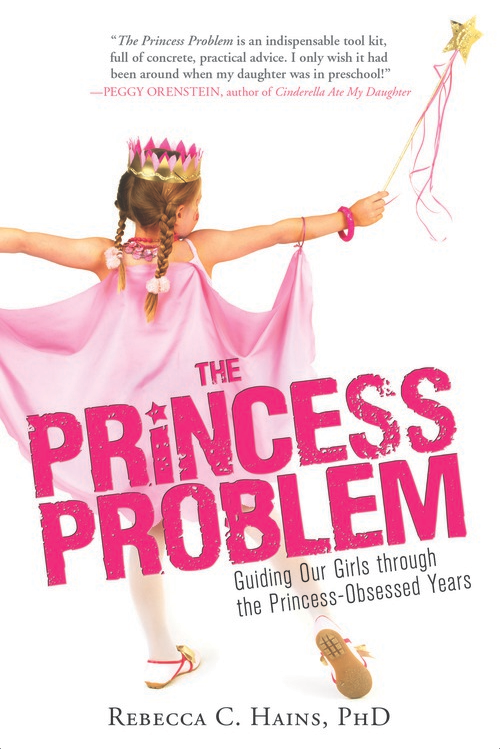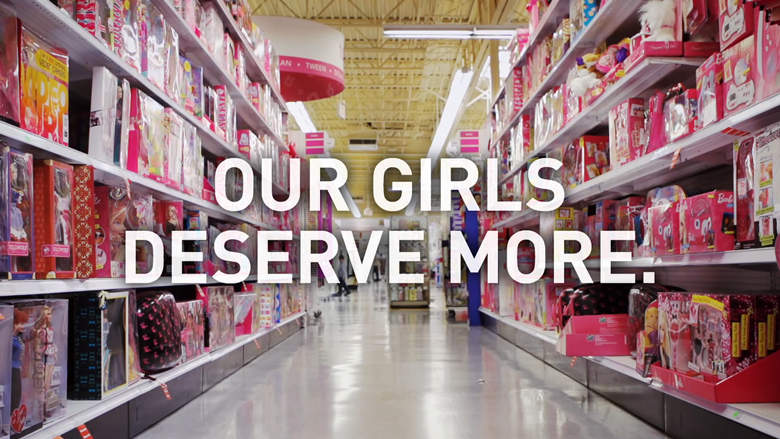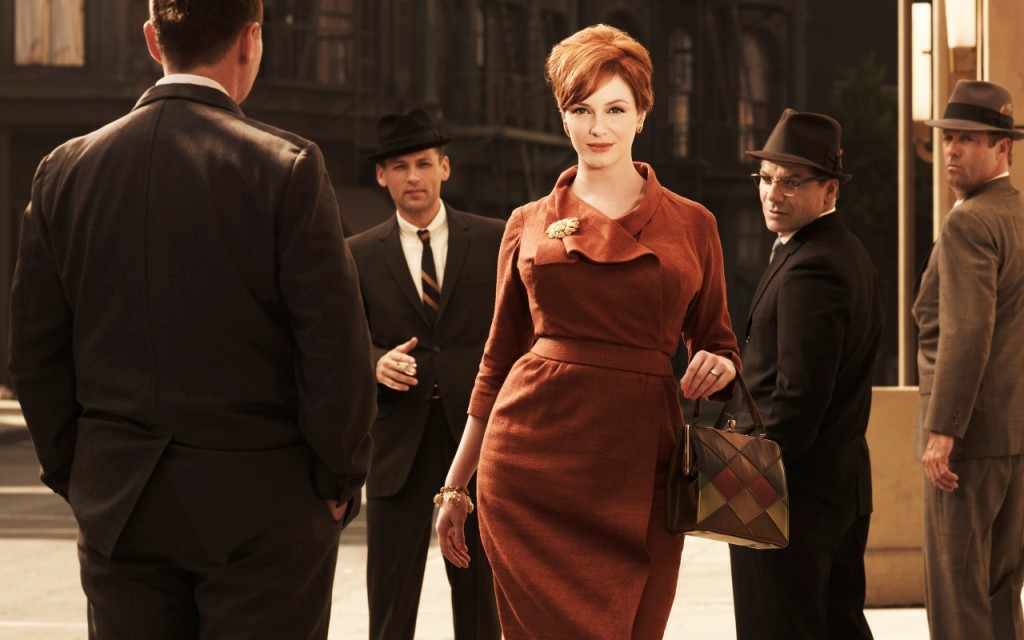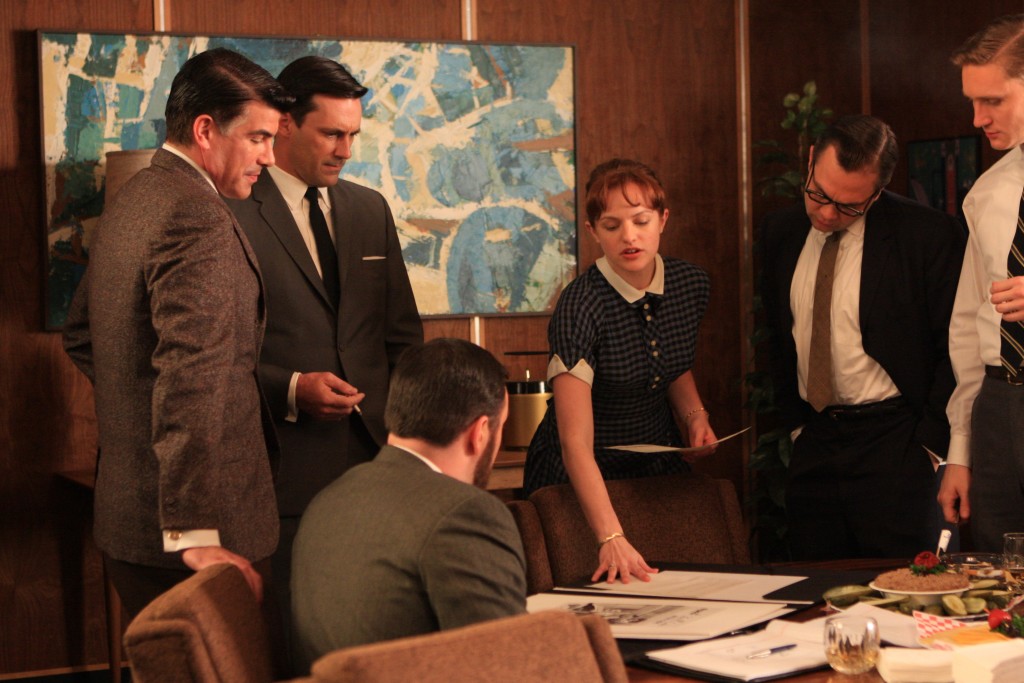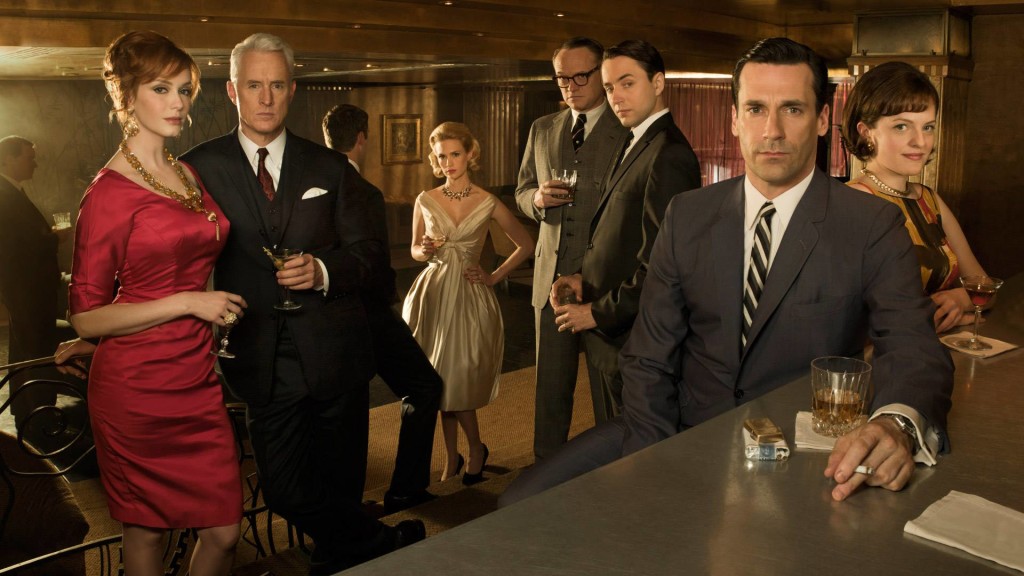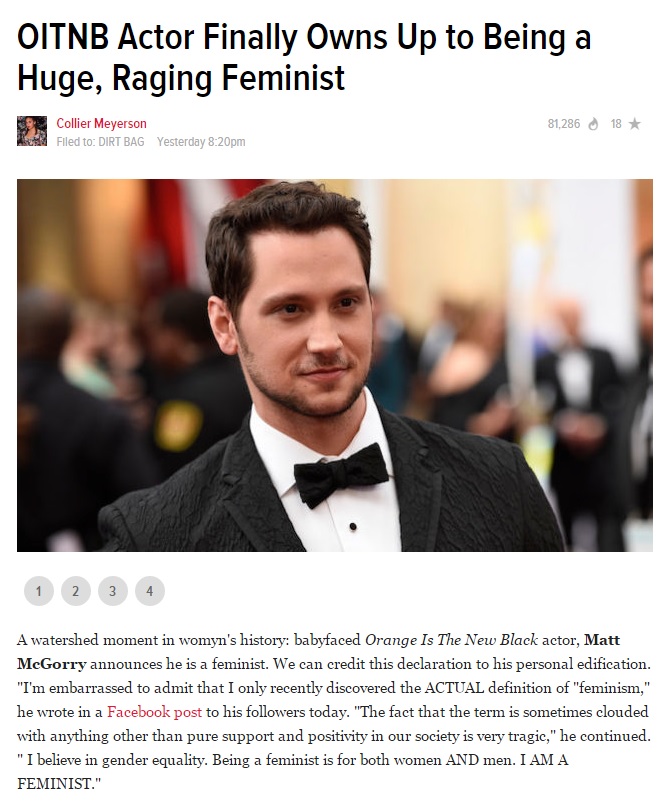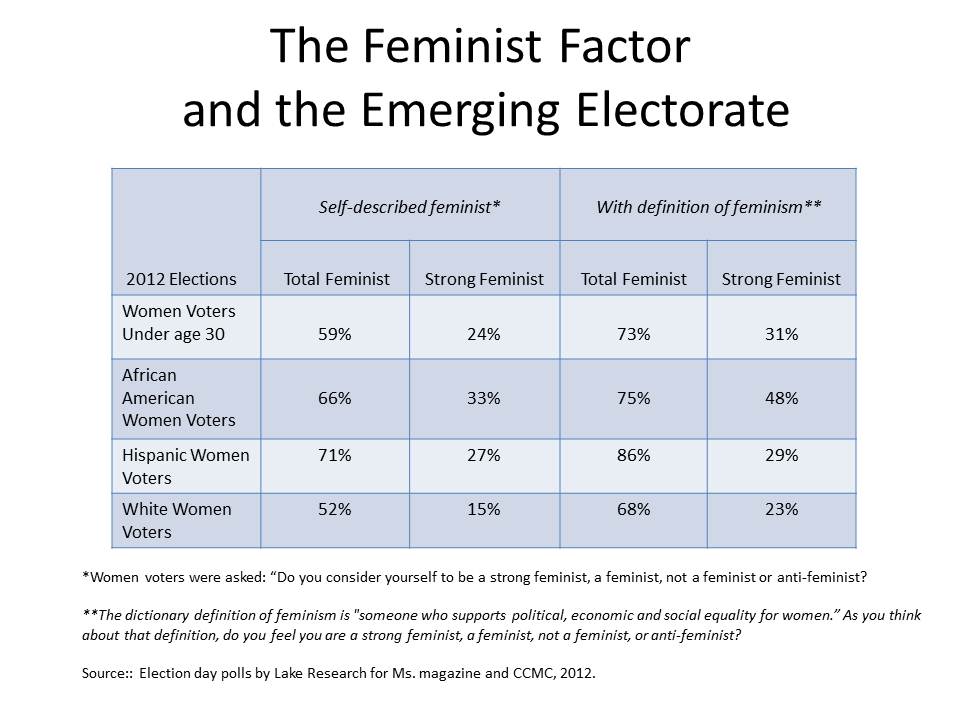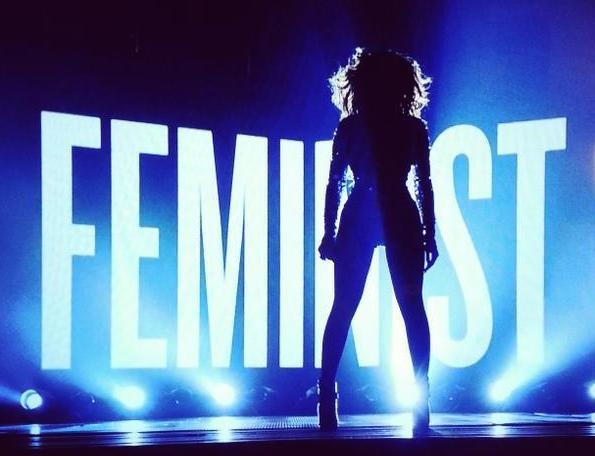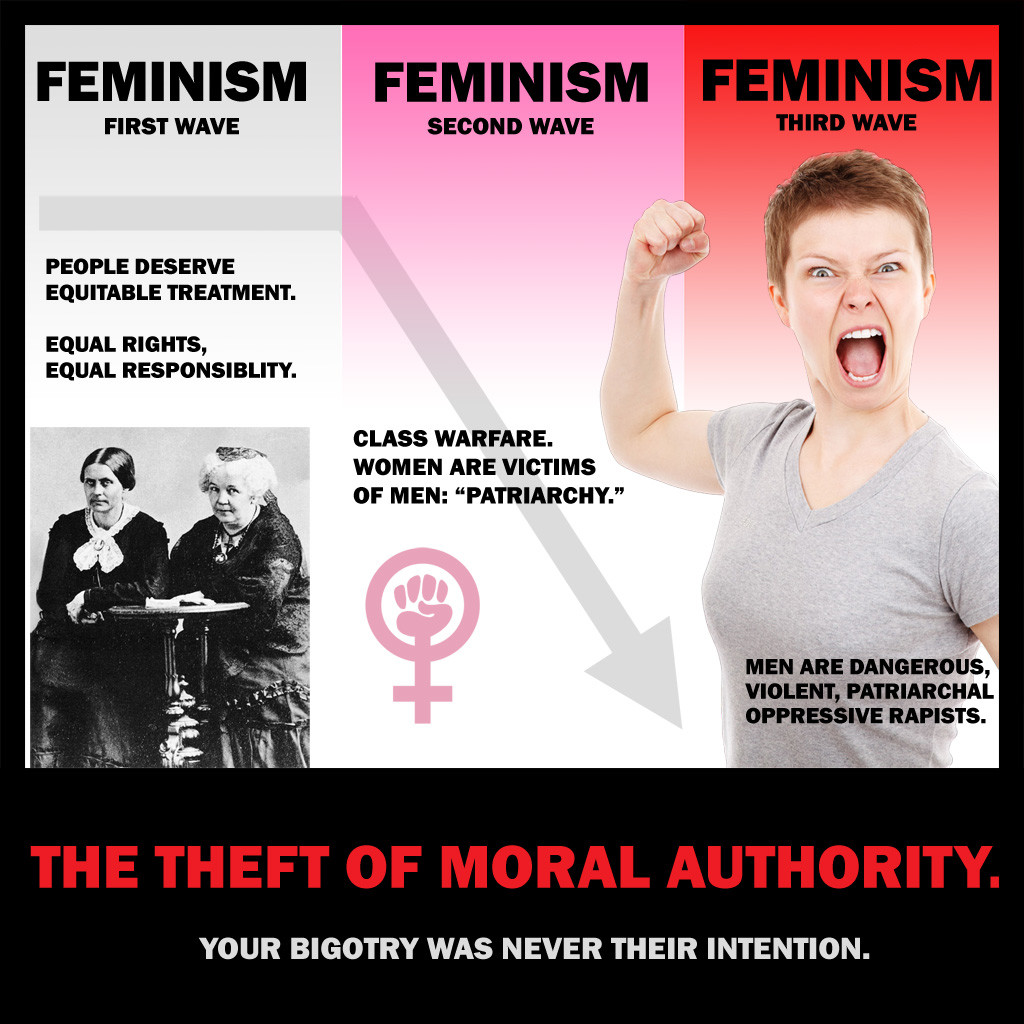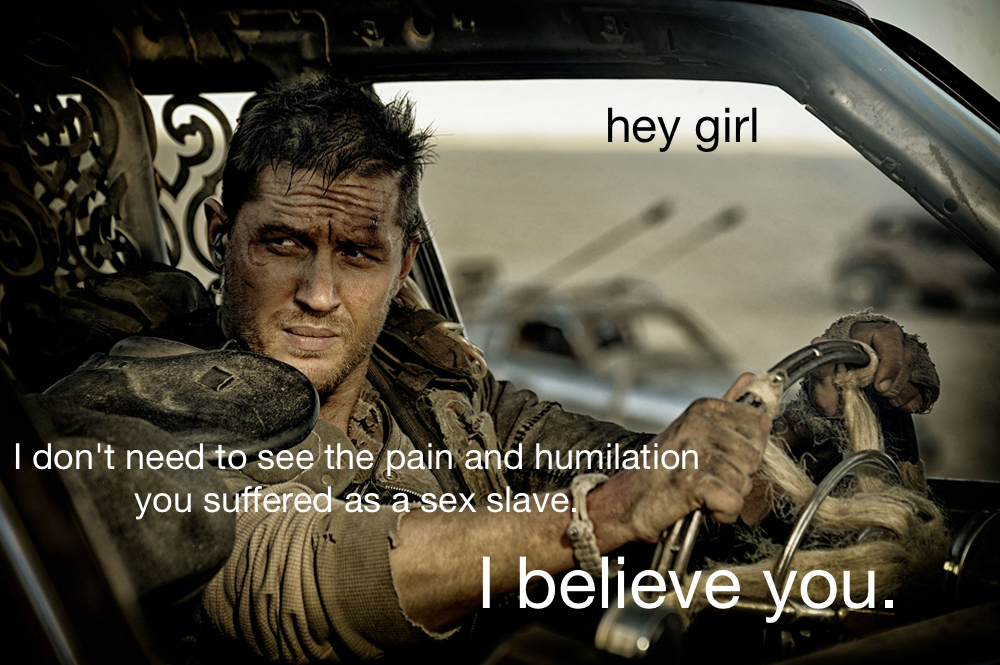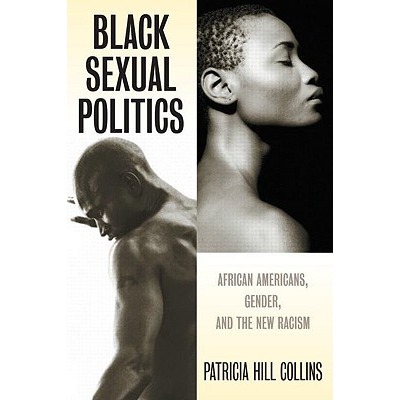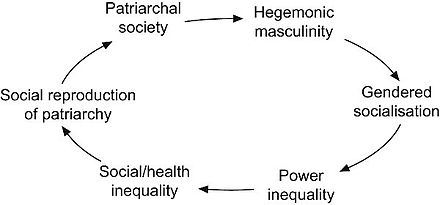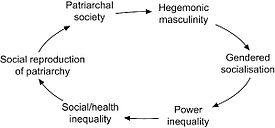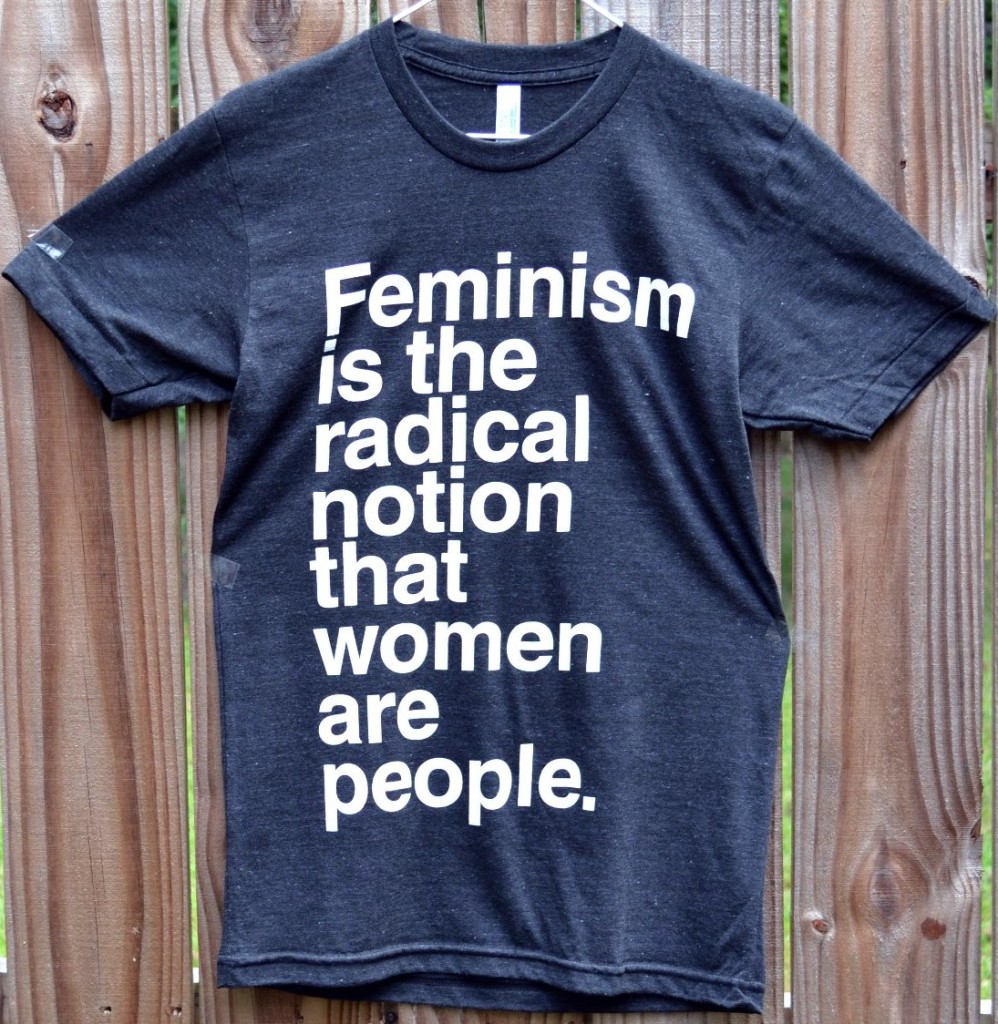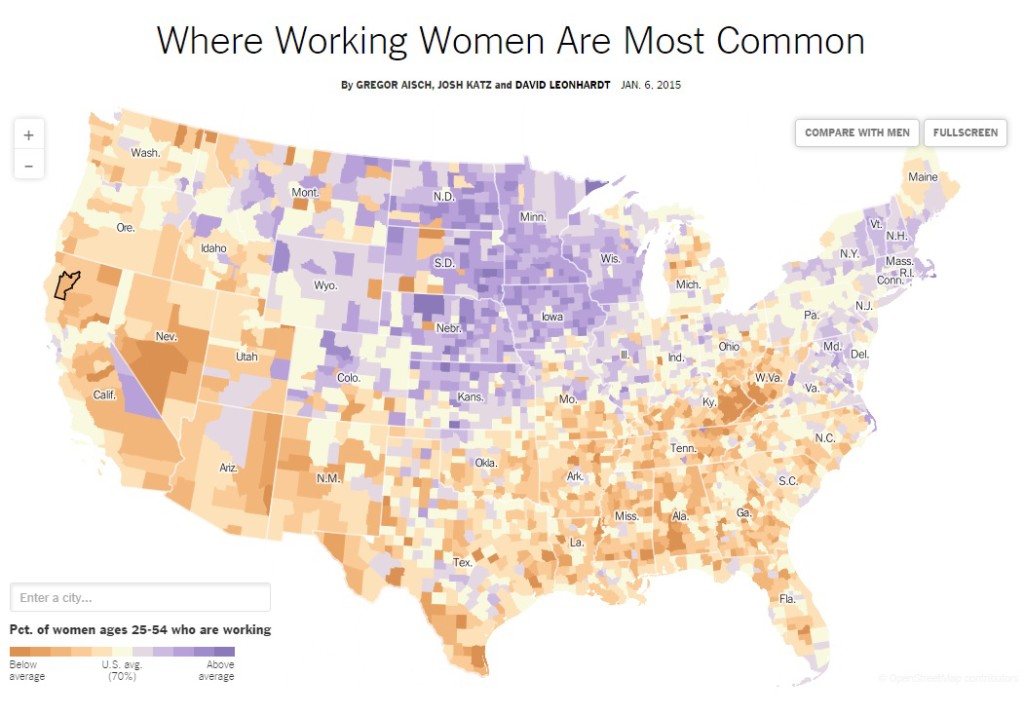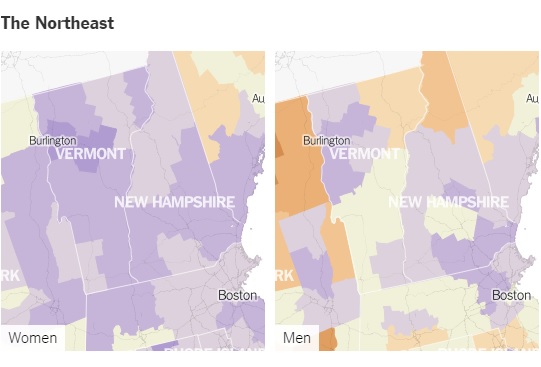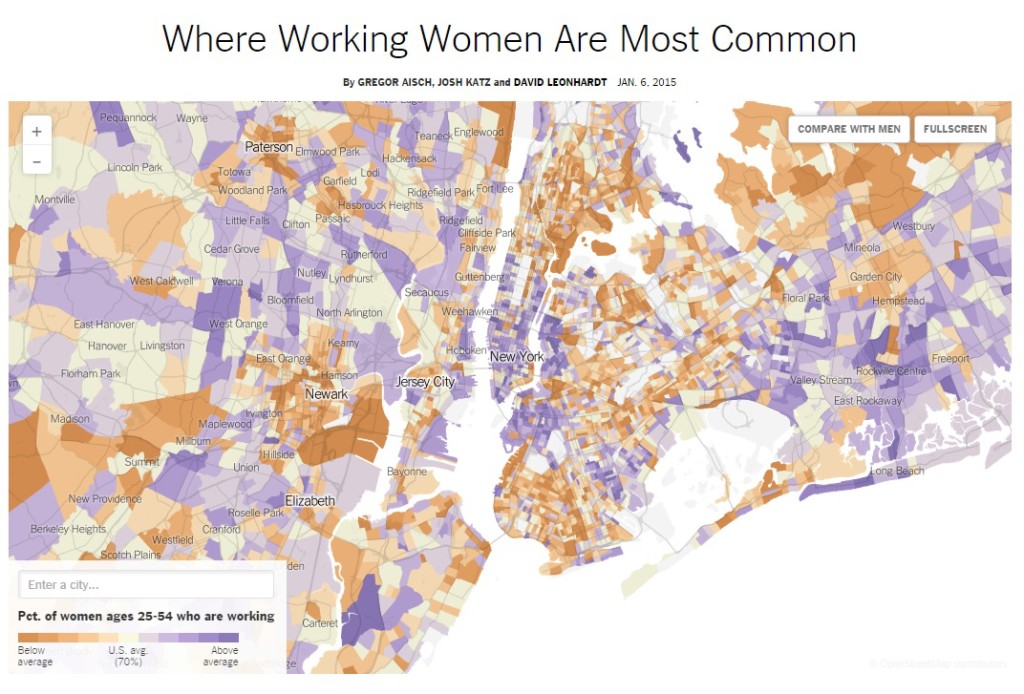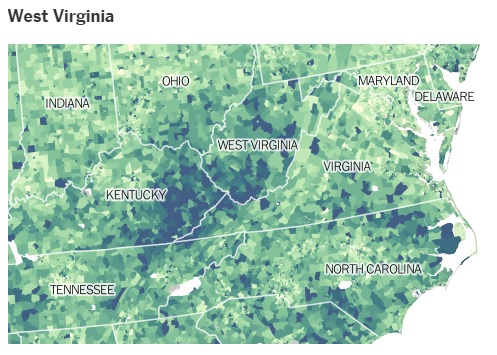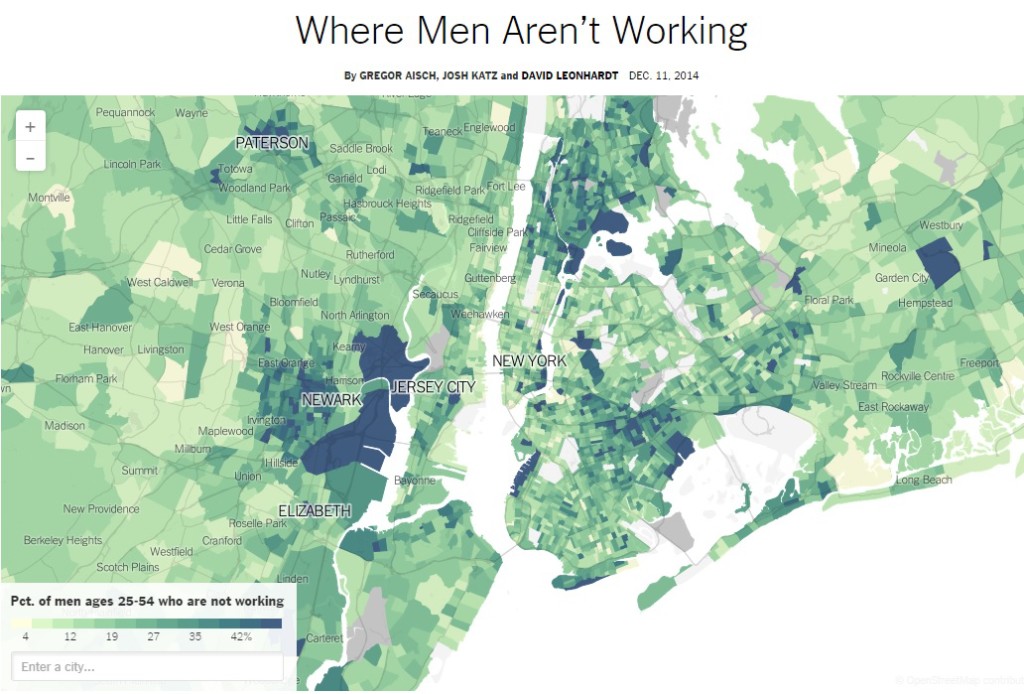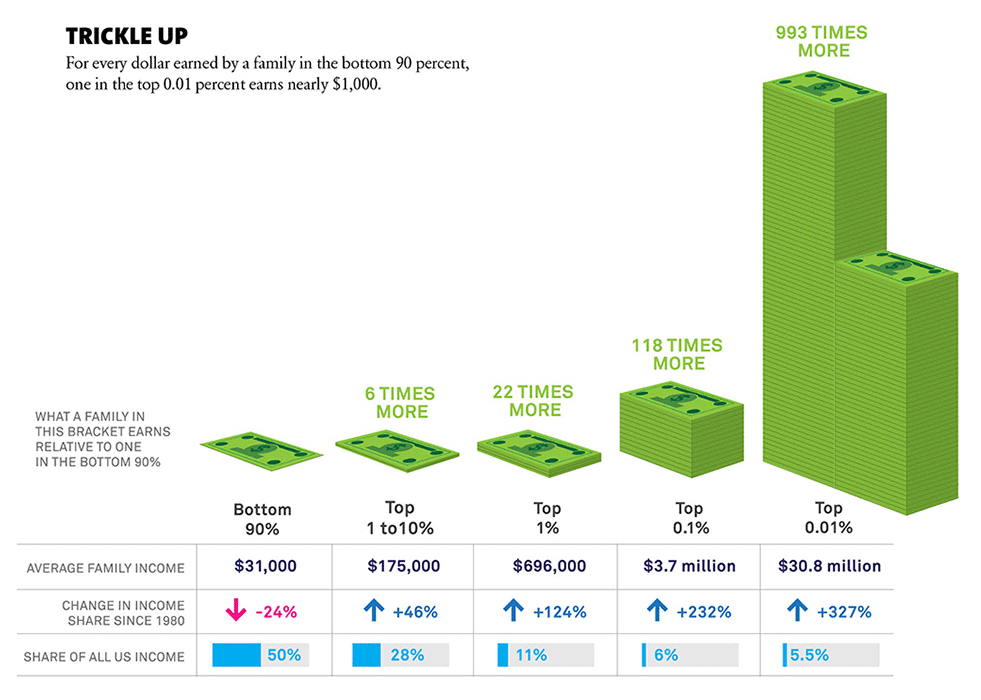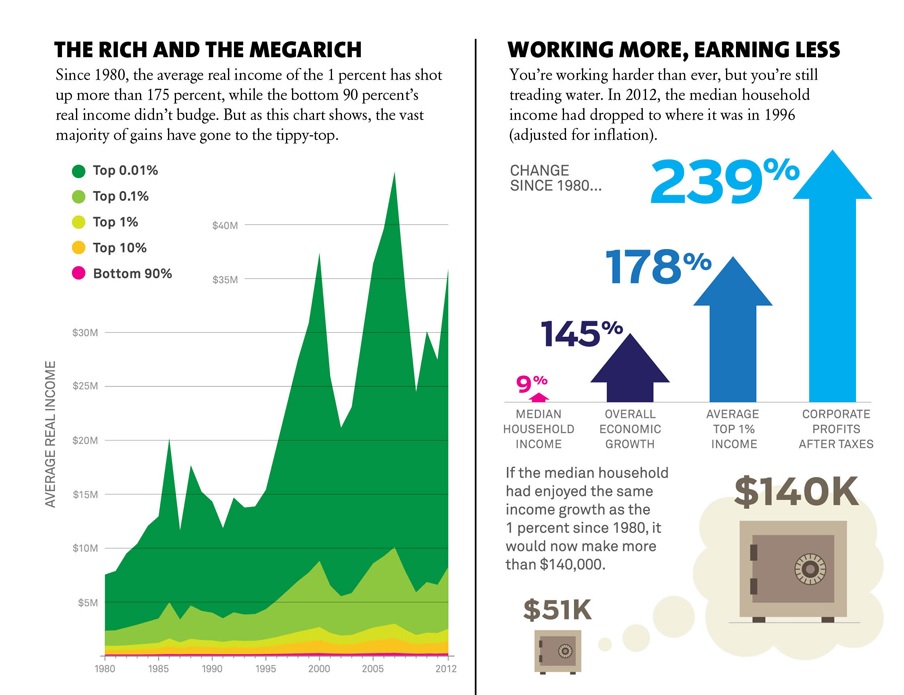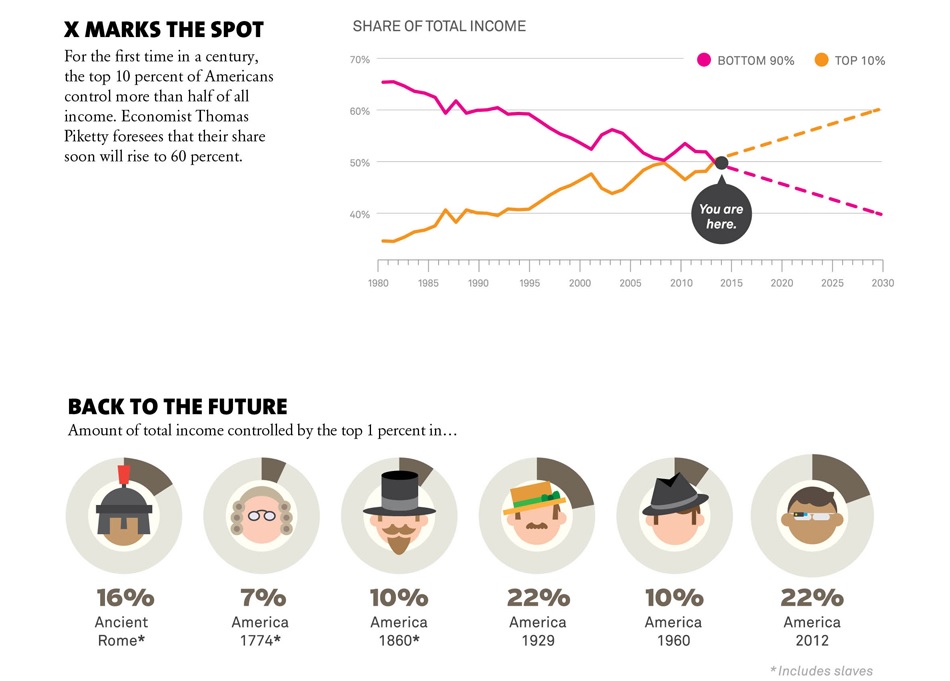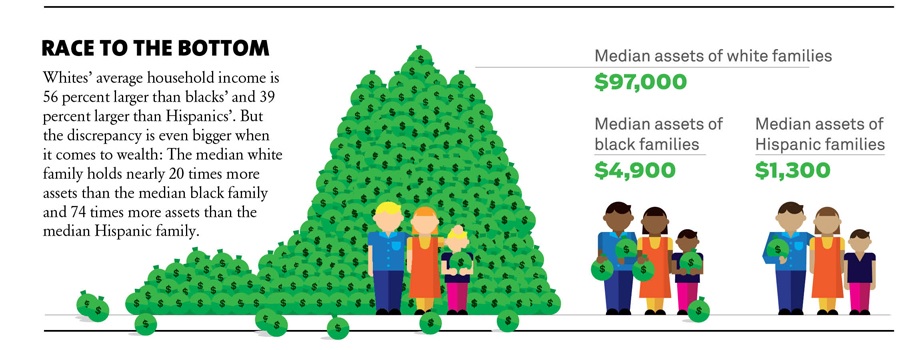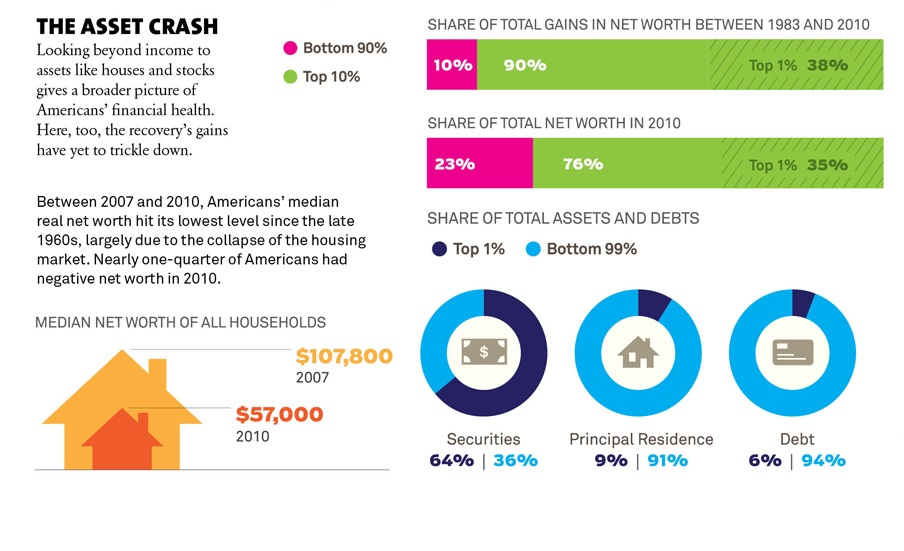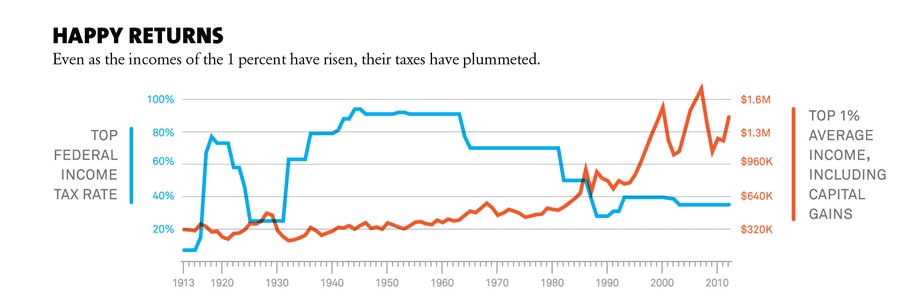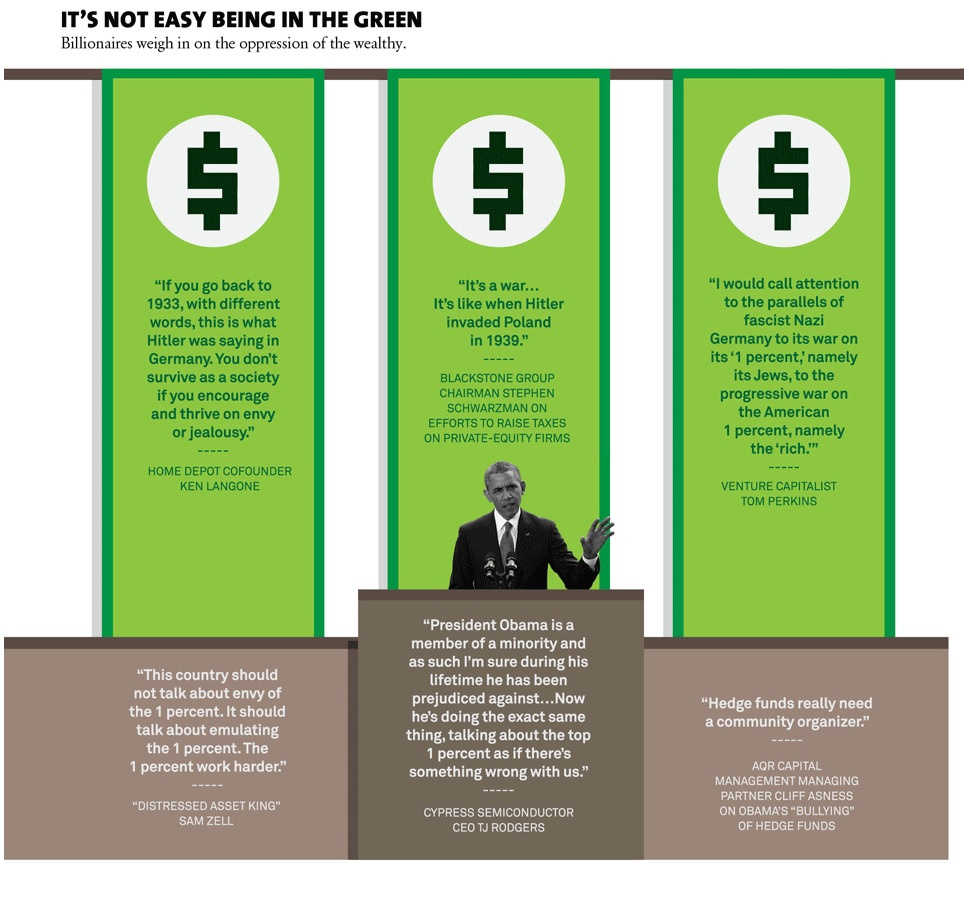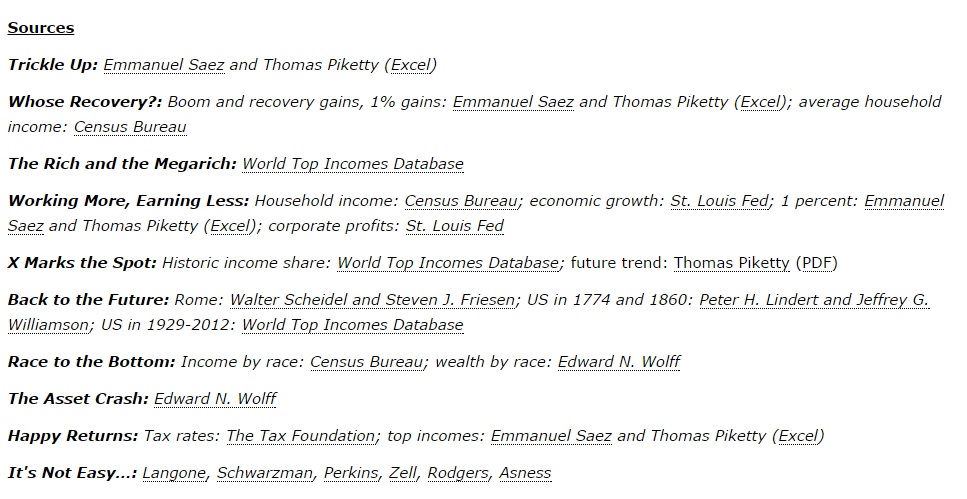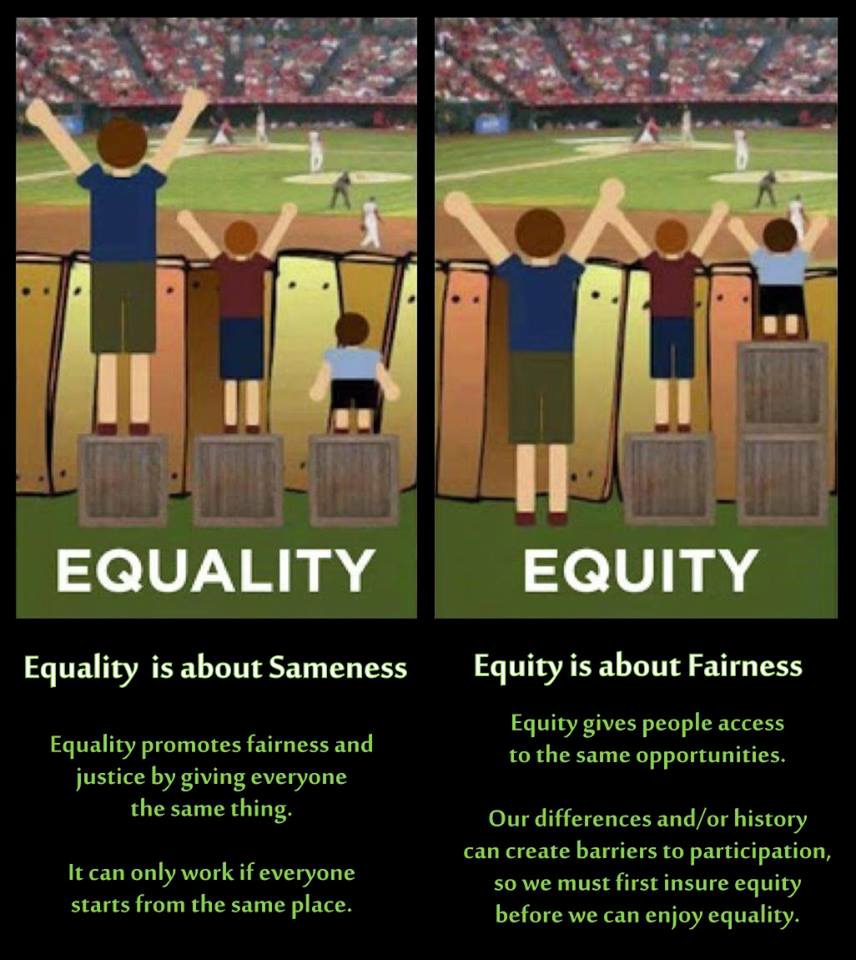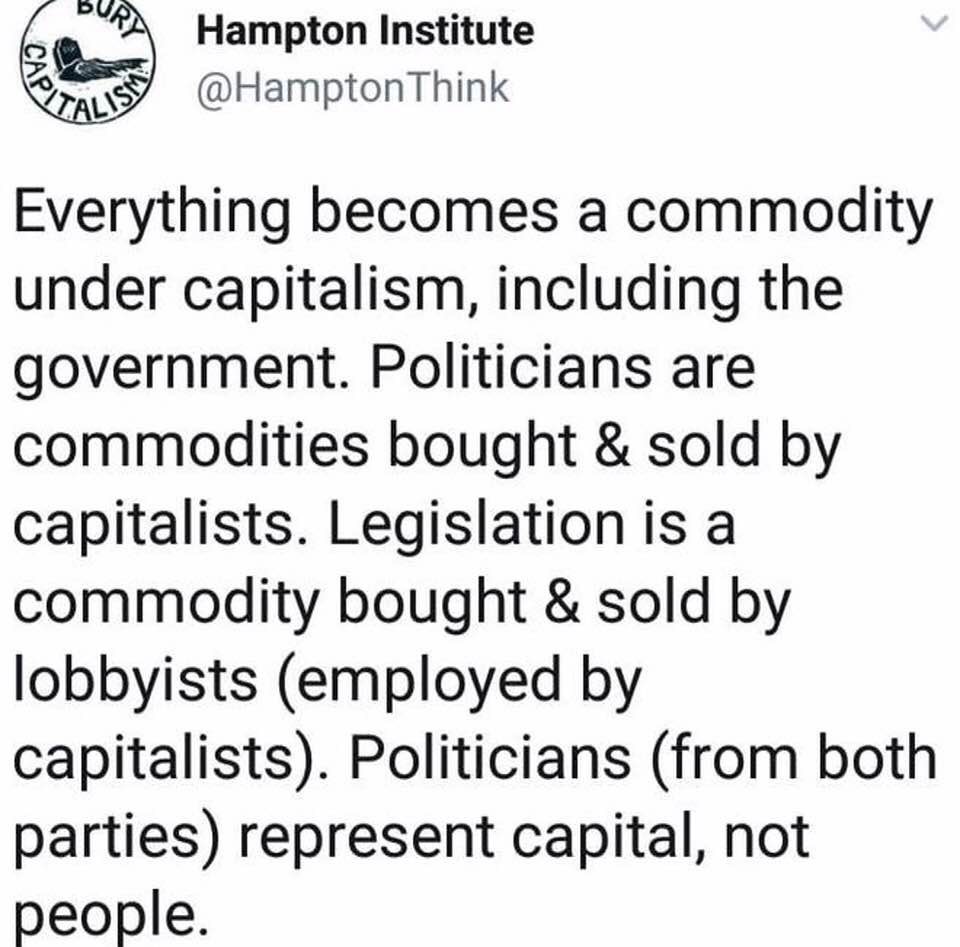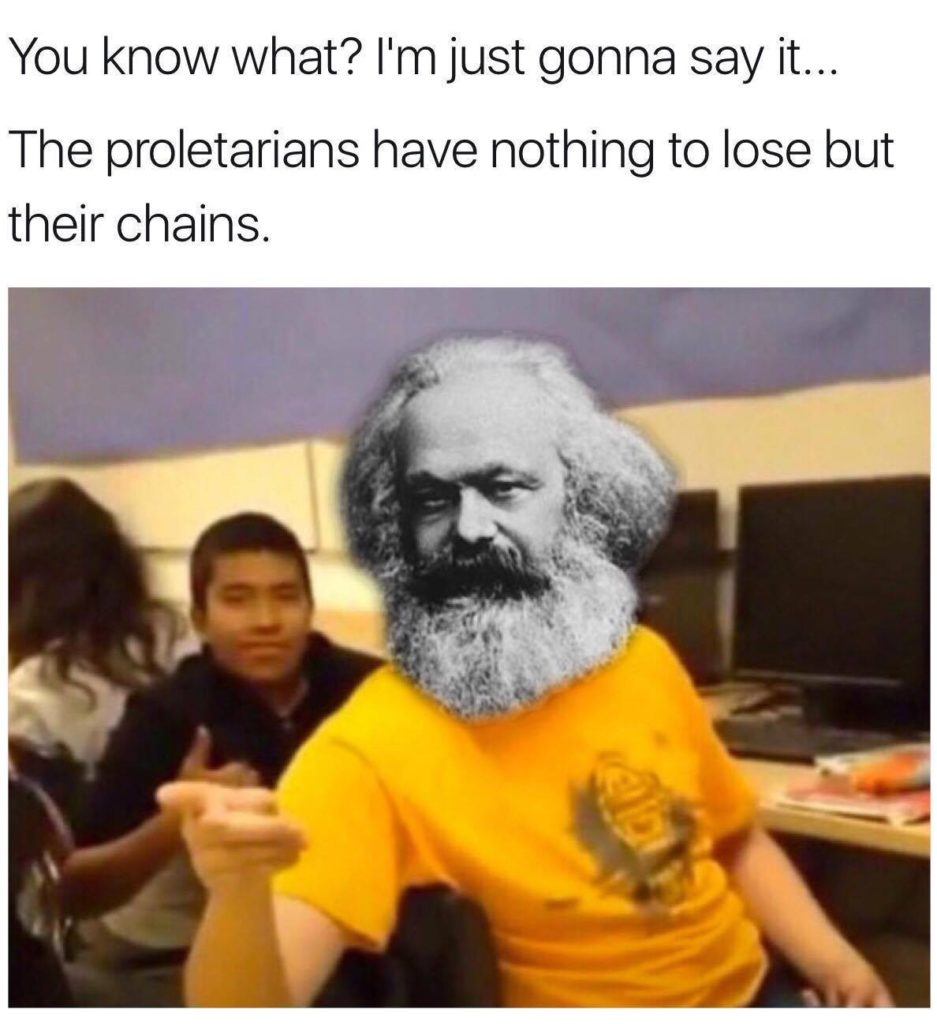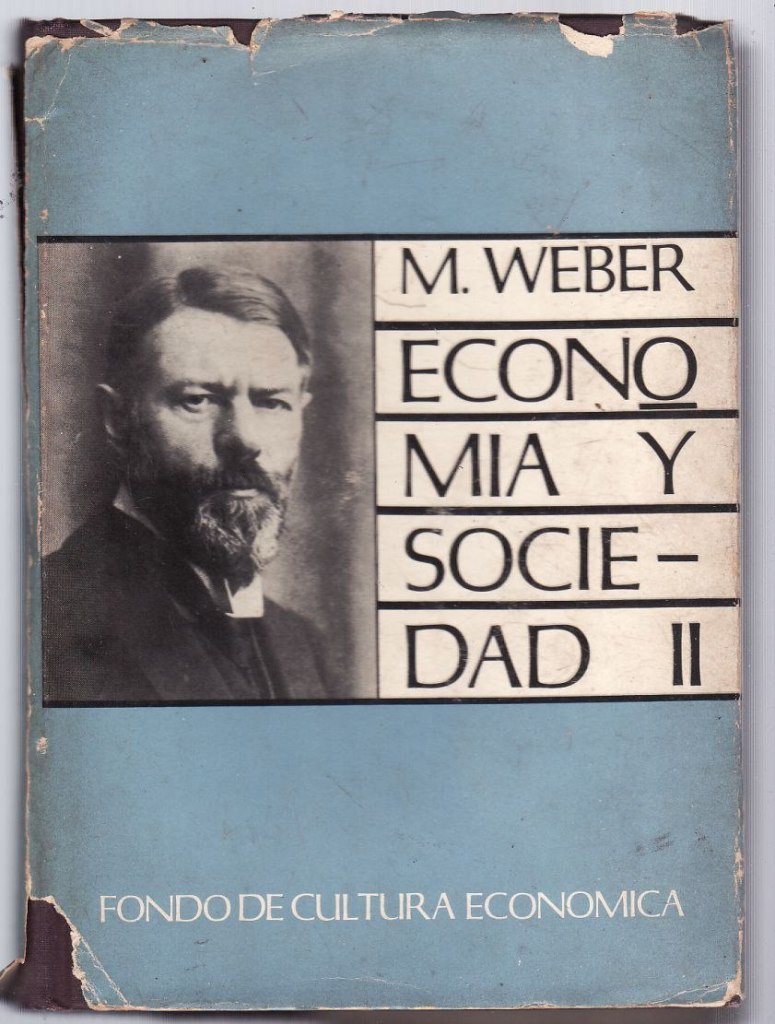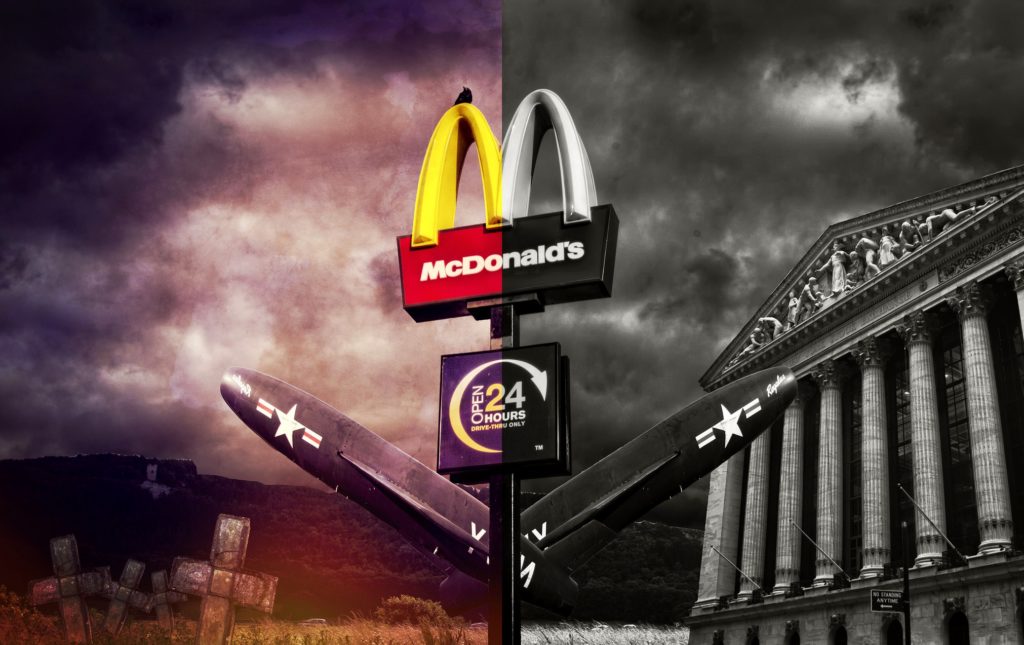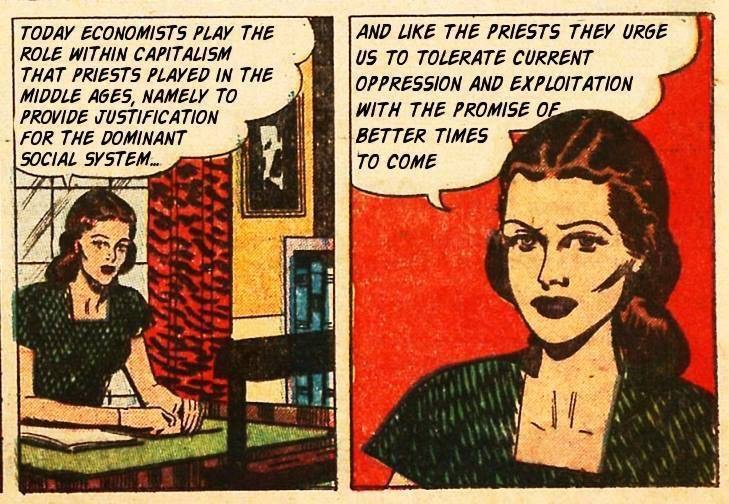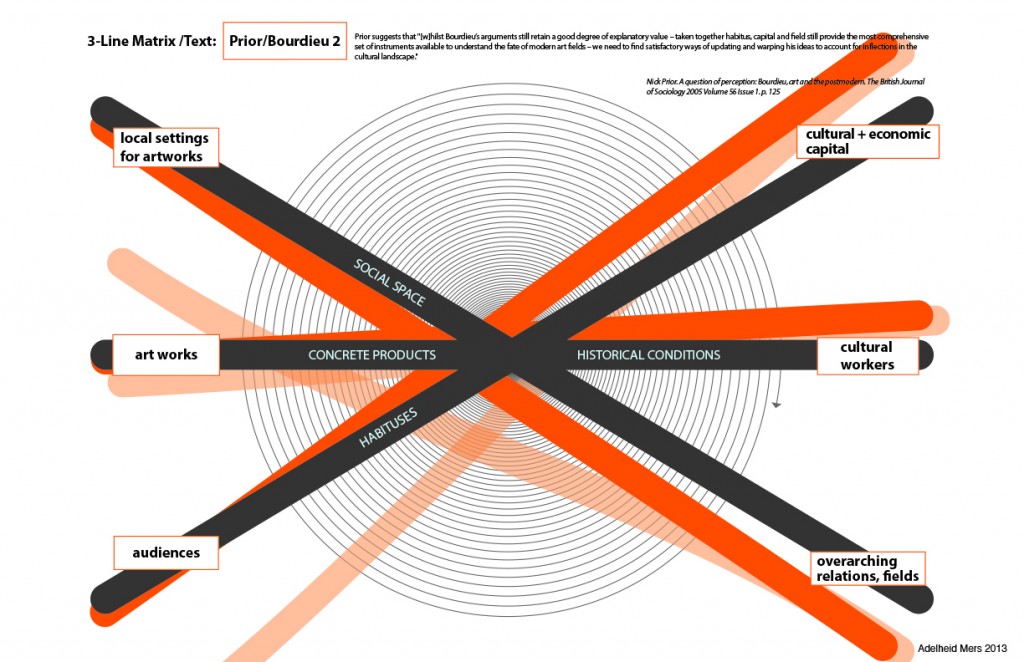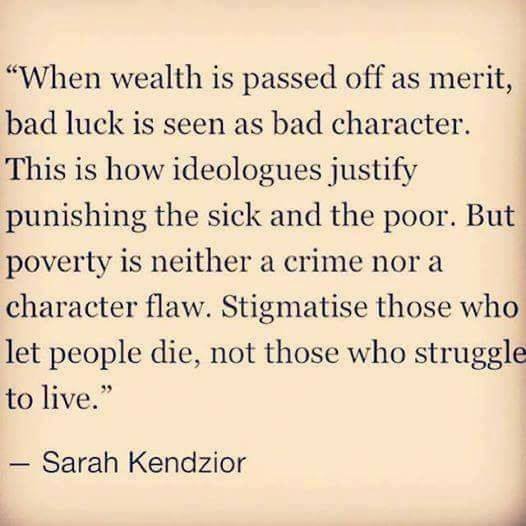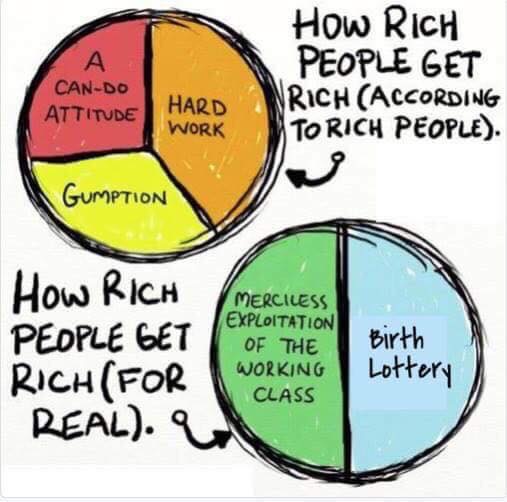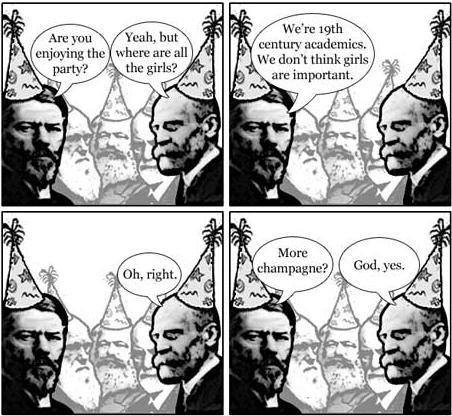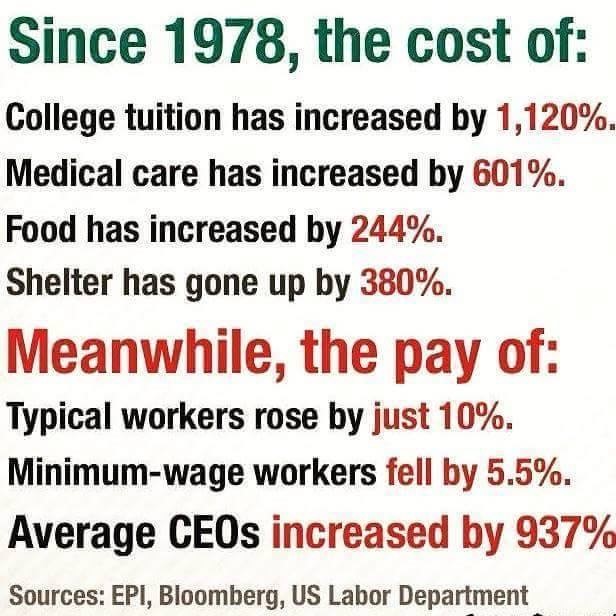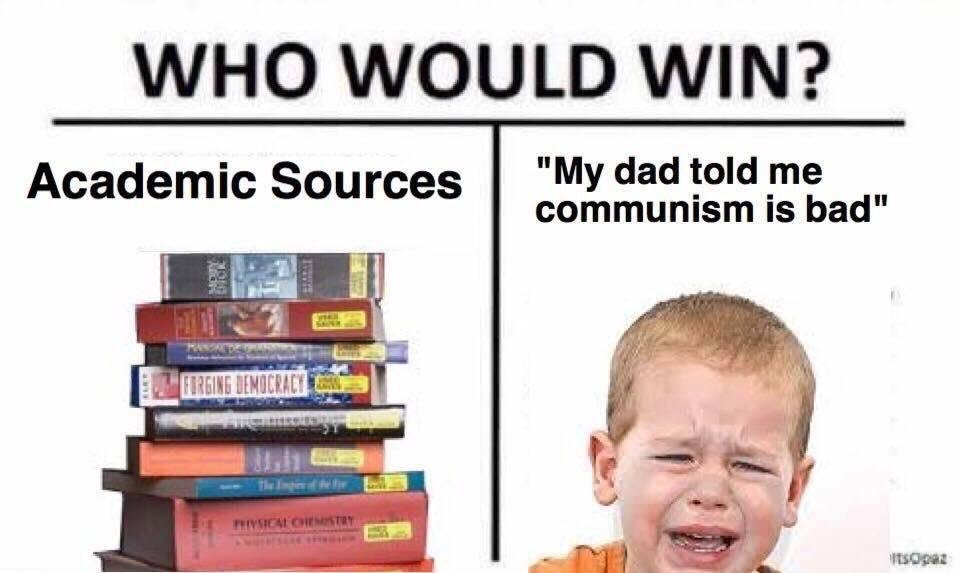In this post, I present two articles for your consideration (they are not written by me). The first article, by David French, was published by the conservative publication, the National Review. David offers words of support for an article entitled “The Father Führer” (paid article) that was written by his colleague, Kevin Williamson. Williamson, known for his reporting from places in Appalachia and the Rust Belt, is expressing some rather strident feelings about working class white people who live in what he describes as “downscale communities” filled with welfare dependency, drug and alcohol addiction, and family anarchy.
The second article is a blog post written by Jack Metzgar, who is a Professor of Working Class studies in Chicago. Metzgar’s view is decidedly more nuanced as it draws into contrast the contradictions of white working class social identity. At any rate, there are some interesting rhetorical maneuvers on display here, so let’s have a look together.
Working Class Whites Have Moral Responsibilities – A Defense of Kevin Williamson (by David French)
“This weekend, my colleague Kevin Williamson kicked up quite the hornet’s nest with his magazine piece that strikes directly at the idea that the white working-class (the heart of Trump’s support) is a victim class. Citizens of the world’s most prosperous nation, they face challenges — of course — but no true calamities. Here’s the passage that’s gaining the most attention:
It is immoral because it perpetuates a lie: that the white working class that finds itself attracted to Trump has been victimized by outside forces. It hasn’t. The white middle class may like the idea of Trump as a giant pulsing humanoid middle finger held up in the face of the Cathedral, they may sing hymns to Trump the destroyer and whisper darkly about “globalists” and — odious, stupid term — “the Establishment,” but nobody did this to them. They failed themselves.
If you spend time, says Williamson, in hardscrabble, white upstate New York, or eastern Kentucky, or my own native West Texas, and you take an honest look at the welfare dependency, the drug and alcohol addiction, the family anarchy — which is to say, the whelping of human children with all the respect and wisdom of a stray dog — you will come to an awful realization. It wasn’t Beijing. It wasn’t even Washington, as bad as Washington can be. It wasn’t immigrants from Mexico, excessive and problematic as our current immigration levels are. It wasn’t any of that. Nothing happened to them. There wasn’t some awful disaster. There wasn’t a war or a famine or a plague or a foreign occupation. Even the economic changes of the past few decades do very little to explain the dysfunction and negligence — and the incomprehensible malice — of poor white America. So the gypsum business in Garbutt ain’t what it used to be. There is more to life in the 21st century than wallboard and cheap sentimentality about how the Man closed the factories down.”
They Deserve to Die
“The truth about these dysfunctional, downscale communities,” says Williamson, is that “they deserve to die.” And so he continues:
“Nothing happened to them. There wasn’t some awful disaster, There wasn’t a war or a famine or a plague or a foreign occupation. … The truth about these dysfunctional, downscale communities is that they deserve to die. Economically, they are negative assets. Morally, they are indefensible. The white American underclass is in thrall to a vicious, selfish culture whose main products are misery and used heroin needles.
Forget all your cheap theatrical Bruce Springsteen crap. Forget your sanctimony about struggling Rust Belt factory towns and your conspiracy theories about the wily Orientals stealing our jobs. Forget your goddamned gypsum, and, if he has a problem with that, forget Ed Burke, too. The white American underclass is in thrall to a vicious, selfish culture whose main products are misery and used heroin needles. Donald Trump’s speeches make them feel good. So does OxyContin. What they need isn’t analgesics, literal or political. They need real opportunity, which means that they need real change, which means that they need U-Haul.”
David French, having reflected on the words of his colleague, admits they are strong words, but insists they are true and important to say.
“My childhood,”says French, “was different from Kevin’s. I grew up in Kentucky, live in a rural county in Tennessee, and have seen the challenges of the white working-class first-hand. Simply put, Americans are killing themselves and destroying their families at an alarming rate. No one is making them do it. The economy isn’t putting a bottle in their hand. Immigrants aren’t making them cheat on their wives or snort OxyContin. Obama isn’t walking them into the lawyer’s office to force them to file a bogus disability claim. For generations, conservatives have rightly railed against deterministic progressive notions that put human choices at the mercy of race, class, history, or economics. Those factors can create additional challenges, but they do not relieve any human being of the moral obligation to do their best.
Yet millions of Americans aren’t doing their best. Indeed, they’re barely trying. As I’ve related before, my church in Kentucky made a determined attempt to reach kids and families that were falling between the cracks, and it was consistently astounding how little effort most parents and their teen children made to improve their lives. If they couldn’t find a job in a few days — or perhaps even as little as a few hours — they’d stop looking. If they got angry at teachers or coaches, they’d drop out of school. If they fought with their wife, they had sex with a neighbor. And always — always — there was a sense of entitlement. And that’s where disability or other government programs kicked in. They were there, beckoning, giving men and women alternatives to gainful employment. You don’t have to do any work (your disability lawyer does all the heavy lifting), you make money, and you get drugs. At our local regional hospital, it’s become a bitter joke the extent to which the community is hooked on “Xanatab” — the Xanax and Lortab prescriptions that lead to drug dependence
Personal Responsibility
French advises compassion even as we call on people to do better:
I have compassion for kids who often see the worst behavior modeled at home. I have compassion for families facing economic uncertainty. But compassion can’t excuse or enable self-destructive moral failures. Nor does a focus on personal responsibility mean that the government or cultural elite are blameless. Far from it, and I’ve written at length about the role of progressive culture and progressive policies in cultural decline. I loathe the progressive welfare state and the elitist sexual revolutionaries who do all they can to create a culture that it simultaneously dependent and self-indulgent. I hate the mockery that poor and working-class people of all races endure, but we live in a nation of mutual responsibilities, and the failure of the government does not require the failure of the citizen. Kevin is right. If getting a job means renting a U-Haul, rent the U-Haul. You have nothing to lose but your government check [David French].
And now for some contrast, let’s take a look at this post.
What the Narrating Class Gets Wrong About the White Working Class (by Jack Metzgar)
Most of the time the white working class is invisible in the U.S. But during elections there is a flurry of attention to this “demographic” among political reporters and operatives, and as a result, also among the millions of us who read, listen, and watch their reporting, analyses, and endless speculation about who is ahead and behind and why.
During election years white people who do not have bachelor’s degrees (the increasingly common definition of “the working class”) become both a somewhat exotic who-knew-they-were-here-and-in-such-large-numbers object of discussion and a target for freewheeling social psychologizing. I’ve been watching this phenomenon since 2000 when Ruy Teixeira and Joel Rogers first revealed that a large chunk of the American electorate is white and working class. As it has migrated from social scientists, with their “operational definitions” and facility with math, to pundit world, however, loose stereotypes and class-prejudiced assumptions have been growing exponentially. It’s becoming a low-level one-sided cultural class war where what Nadine Hubbs calls “the narrating class” blithely assumes that working-class whites are “America’s perpetual bigot class.”
Prize-winning author Connie Schultz noted [check out another post on this website about “White Trash”] how many reporters and columnists associate people like Donald Trump and Sarah Palin with white working-class ignorance and bigotry. A Cleveland Plain Dealer writer, for example, complained: “Thanks to Trump, the entire Palin clan is now back in the spotlight they so crave. Come July, Republican National Convention organizers should house the whole dysfunctional family in a trailer park in Ashtabula [Ohio].”
As it happens, both of Schultz’s grandmothers lived portions of their lives in trailer homes in Ashtabula, Ohio. She commented that “since Donald Trump’s charade of a candidacy caught fire, I have heard many fellow liberals freely toss around the terms ‘white trash’ and ‘trailer trash.’ These are people who would never dream of telling a racist joke, but they think nothing of ridiculing those of lesser economic means. Every group has its ‘other.’ For too many white intellectuals, it’s the working class.”
Unlike Schultz, most of the narrating class are from solidly middle-class and upper-middle class backgrounds with little or no experience of working-class people of any color, but in my reading, it is relatively rare to see outright classist remarks like the one Schultz quotes. Rather, for the most part, class-prejudiced assumptions are based on professional middle-class ignorance and misunderstanding.
Take the popularity of Trump that is attributed to the white working class, for example. Numerous studies in the wake of the first election showed a strong correlation between working-class affiliation and Trump support. Brookings found in a national survey that 55% of “Republicans and Republican-leaning independents who support Trump are “white working-class Americans.”
But this does not mean what Brookings thinks it means. Among all adult whites, nearly 70% do not have bachelor’s degrees (this is often a major criterion in determining “working class” social status in empirical studies). This means that at 55%, the white working-class is under-represented among Trump supporters.
Conversely, unless Trump is getting much more minority support than reported and his supporters are disproportionally college-educated whites. They make up 30% of the white population, but they were 40% of Trump voters in the Brookings survey.
There are two reasons for this kind of error, the one made by Brookings, a highly respected non-partisan Washington D.C. think tank. One is simple ignorance of social class demographics. The bachelor’s/no bachelor’s binary is widely used to separate whites into two broad classes, but many analysts and reporters have no idea about how to estimate these groups and their relative sizes in the overall population. Moreover, they almost routinely assume most white people must be college-educated professionals like themselves; the people among whom they live and work.
The other reason for this kind of error relates to the assumption that white people who graduated from college are less racist, less anti-immigrant, less anti-feminist, less homophobic, and generally more tolerant of diversity than people who have not [many college professors can attest, we would like to believe this assumption is valid, but we find no solid evidence of this based on our interactions with students]. And so we find in political commentary, this assumption is never challenged and it makes you wonder: why not?
Here’s where Nadine Hubbs’s Rednecks, Queers, & Country Music is so helpful. She shows how an educated white “narrating class” tends to see working-class whites are “ground zero for America’s most virulent social ills: racism, sexism, and homophobia.” Hubbs traces this tendency to a Southern tradition of “white elites placing the blame for racial violence on poor whites as early as the turn of the twentieth century.” Hubbs quotes Patricia Turner, who has dubbed it “the fallacy of To Kill a Mockingbird”, which is the “notion that well-educated Christian whites were somehow victimized by white trash and forced to live within a social system that exploited and denigrated its black citizens.”
The “Educated” Middle Class is a Big Part of the Problem
This class-based blame-shifting (“It’s not us, it’s them!”) has the effect of lending support to racist and other systems of oppression. How? As Hubbs points out, the well-documented structural/institutional racism that involves banks denying mortgages, employers not hiring blacks, and landlords refusing and/or exploiting black renters is not generally carried out by poor and working-class whites, but by white middle-class professionals. Middle class whites, unlike poor whites, have structural power. And they use it. All the time.
Consequently, when intolerance and bigotry are assumed to be the unfortunate/misguided attitudes of “poorly educated,” “low-information” white voters, white middle-class professionals are, in effect, deflecting attention away from well-entrenched institutions within which many of them work; institutions that systematically deny opportunities to a wide range of people based on race, ethnicity, gender, sexual orientation, immigrant status, and class.
This usually plays out in political reporting and analysis more subtly than in To Kill a Mockingbird, but it is no less class-prejudiced. Articles like “The truth about the white working class: Why it’s really allergic to voting for Democrats” use extensive polling data to explain why working-class whites are so strongly Republican, but they fail to mention that the white middle class is also allergic to voting for Democrats, if a little less so.
Even when writers explain how working-class whites’ “racial fears and anxieties” are based in their deteriorating living standards and working conditions, they inadvertently deploy the bigot-class framework. By not asking whether and to what extent there might be some “racial fears and anxieties” among the white middle-class as well, these analysts assume, and expect their readers to assume, that there’s not any!
Based on my own observations and experience of both working-class and middle-class whites, my guess is that there is more bigotry and intolerance in the working class. But it’s not a slam dunk. And as part of the narrating middle class, I recognize how comforting a blame-shifting bigot-class narrative can be, particularly when we see Republican presidential candidate front-runners advocate torture and carpet bombing while fulminating against Mexicans, Muslims, and New York values. But we should be aware that this one-sided narrative protects our class (middle class) from scrutiny and thereby supports institutional forms of exclusion that bite harder and more systematically than inappropriate sentiments and bad attitudes [Jack Metzgar].
To add to what Metzgar is saying here, I want to point out that middle-class whites with an education are usually more adept at deploying what Eduardo Bonilla Silva calls “colorblind” narratives to cloak their racism – they point to their “one” black friend as evidence that they are not racist, or they pat themselves on the back for not saying the “N” word, even as they proceed to go to work every day for institutions that actively promote racism and vote for politicians that promote racist social policies.
A Culture of Poverty
Breaking Brown columnist, Yvette New, refers to Williamson’s article, as she offers the following:
“Rich white people, she says, “have apparently had enough of poor white people.” Traditionally, this kind of criticism has been aimed at people who are not white – it has long been the case that African-Americans in the United States have been scapegoated for the country’s ills [even though studies of poverty demonstrate decisively that social problems commonly attributed to race are empirically correlated with problems of poverty and economic structural inequality].
Despite overwhelming empirical evidence, American political conservatives have demonstrated a tendency to overlook and ignore research; instead, they cite what are presumed moral failings of individuals. To bolster these claims, they cite scholars like Charles Murray, whose research was infamously featured in The Bell Curve, which is a now widely discredited work that relied on a combination of eugenics arguments and “culture of poverty” arguments to assert that poor African-American communities were largely responsible for their own failures.
This form of scapegoating has historically worked well since the time of Nixon’s Southern strategy (and to be honest, we might look all the way back to the Civil War), to the extent it indulges the “feelings” of working-class whites, who have over the course of time fallen victim to some of the same social forces of poverty and structural economic inequality. The result very often is that working-class whites end up voting against their economic interest in part to consolidate their “race” solidarity with wealthy whites, who need their votes.
In this regard, politicians have become adept at exploiting race in addition to the economic anxiety of this group, who tend to have their clocks perpetually set to 1955 and want nothing more than for someone to swoop in and rescue their American Dream that they feel is being taken from them by immigrants and the mystical/mythical “welfare queen.”
French and Williams are both alluding to what appears to be a shift in this (2016) election cycle in conservative politics: 1) the ongoing nervous breakdown of the Republican Party over its current frontrunner, Trump, and the people who support him, and 2) the final reveal of the long con on the white once-middle class that began when they were first flattered by the empty term, “Reagan Democrats.” Now they’re just meth-addled Oxy addicts who forget each other on the couch and produce kids that are just like them and who will grow up as couch-forgetting Oxy-addled meth-addicts who vote for President Ivanka Trump. Prior to Trump and his overt scapegoating of racialized groups, “dog-whistle” politics over the years has used coded language to refer to African Americans as “Welfare Queens,” “Takers,” and “People Who Want Free Stuff.”
Summary
Downscale communities are everywhere in America, not just limited to Appalachia and the Rust Belt (think Western and Central Pennsylvania or upstate New York). To say that “nothing happened to them” is stunningly wrong.
Over the past 35 years, the working class has been devalued in the United States. We are living with something akin to an economic version of the Hunger Games. It has pitted everyone against each other, regardless of where they started. Some contestants, such as business owners, were equipped with better means to fight these social currents. The working class only had their hands and backs. They lost and have been left to deal on their own.
Some people might be uncomfortable with the focus on only the “white” working class, considering how all working class people are struggling in the U.S. What makes them different (other that the fact that they vote different) is that some have been led, more or less, to believe that color guaranteed them a small measure of success and security. This particular group has consistently during this same time frame voted for political leaders who supported and passed policies that empowered businesses (mostly big business) while supporting the widespread destruction of policies that protect workers.
White working class people supported aggressive “free market” policies that reward the “winners/makers,” regardless of where those people started out in life; policies that did almost nothing to protect the “losers/takers.” So for example, they supported Reagan era “trickle-down economics” that pushed (and got) massive tax cuts for the wealthiest. They supported and got the deregulation of Wall Street. They supported every effort to dismantle the social safety net: food stamps, welfare, social security and Medicaid. They supported the systematic undermining of unions.
Some of the policies they supported (i.e. free trade) were also supported by the Democrats (think about NAFTA). These policies were justified by the notion that the entire country would win because the winners will win more than the losers lose. And of course, it assumed the winners of economic fundamentalism would share. But they did not. Businessmen and the laws that protect them are about paying the absolute minimum and not paying a livable wage.
As it turns out, white working class people are the ones making up a big portion of Trump voters. Oddly enough, many are possessed by the sentiment that “he is one of us.” Rightly or not, they feel they have been forgotten and abandoned by the government and seek an outlet in anger and hatred.
Too often, when America’s working class show up at the polls to vote, they vote for patriotism, nativism, religion, and sloganeering – not their economic interests. They vote for the candidate they believe shares their moral values (code – religion) and faith; or for the candidate that attacks anyone that remotely appears to be a “commie” extreme left “anti-American” “Libtard.” They vote for the candidate that appeals not to their intellect, but to the one that makes them “feel” good. They have, in short, been voting against their own interests for years, taken in by the very politicians who promised to help them.
But it is important to acknowledge the working class have been effectively played by both political parties, but more one side than the other. Members of both parties have voted for economic programs that benefit the wealthy, putting policies into place that work in tandem with the forces of globalization, which exacerbate the process of sucking manufacturing and skilled jobs away from the US. Nonetheless, it is only one party that stokes the already simmering fire, using fear, hatred, and anger to mask the fact that they continue to strip the economy bare for all but the wealthiest or most fortunate.
That these facts do not sink in with this group of people is sad. A big part of the reason why this occurs is that they have bought into the “personal responsibility” narrative. That have, in other words, internalized the narrative that if your life is failing it’s largely your own fault. The real fault, of course, lies with the economic policies that need to overhauled.
What remains of the American dream is now a distant echo. The fact that many white working class people have recently found out they really are no better off than those “welfare leeches” is to some extent fair turnabout; it hits them particularly hard, because many of them had greater expectations for themselves. Realistic or not.
Nevertheless, we can’t just pretend they don’t exist. We ignore them at our great peril.
Sources
National Review article by Kevin Williamson
Blog Post by Jack Metzgar
http://breakingbrown.com/2016/03/conservative-magazine-compares-poor-whites-stray-dogs-human-children/
Discussion Questions
The National Review writers both suggested the answer to white working people’s problems is that they need to move. What do you think about this? Even if people were open to this option, what are the potential barriers that might get in the way of them simply moving?
Do you think most people are prepared to live their life if needed outside of their communities? Could you move if you had to in order to be economically more secure?
Do you think people in more rural locations are perhaps taught to fear the outside and people not like them, preferring instead to cling to the traditions of home? Do prejudice and fear get in the way?
Do you think “personal responsibility” narratives fall short of explaining the economic experiences of both working class whites and African Americans?
Why do you think working class whites vote against their own interests? Does this occure for reasons of falling victim to a shoddy education system? Or are they simply embracing stupidity?
Do you think poverty and other problems that trouble working class people in general make it difficult for them to think about much less acknowledge the structural undepinnings of their various hardships? That is, is the experience of economic struggle prevent achieving social and political consciousness, or is it perhaps some people “chose” ignorance for other reasons?
Are the “broke” white people in this case merely victims of their own bad choices?
What about the college students? What do you think about their arguments?
How can we use Marx’s arguments about “alienation” to describe the plight of white working class people? How, for example, has the conditions of their labor caused them to become alienated from their work, the products they produce, and themselves?
In light of all of this, why is that it is predominantly white working class people who send their kids to fight the wars?

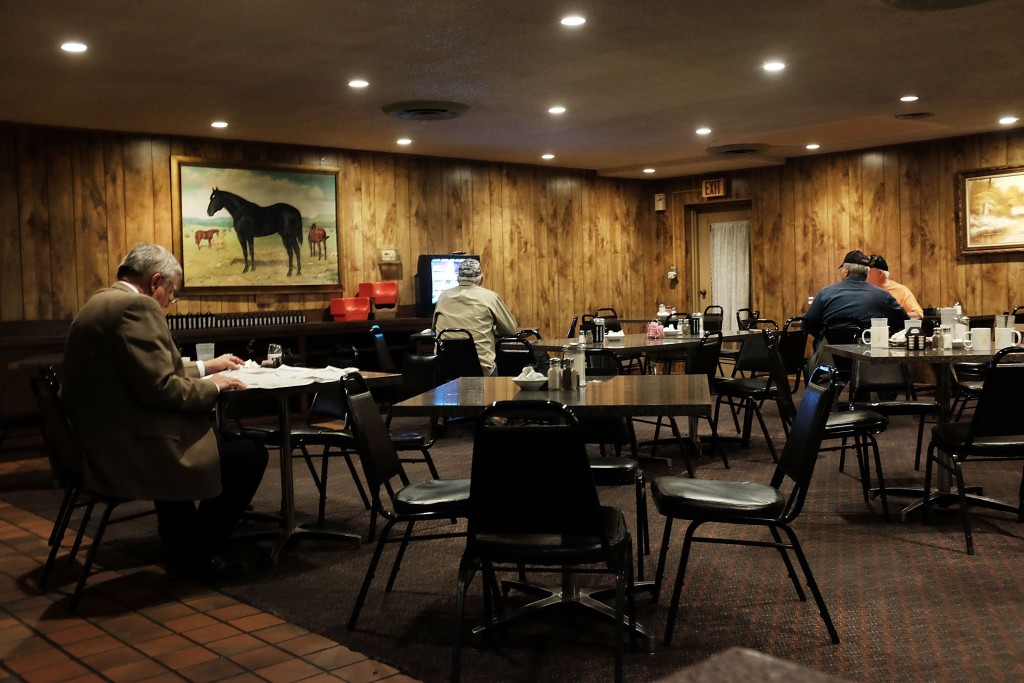





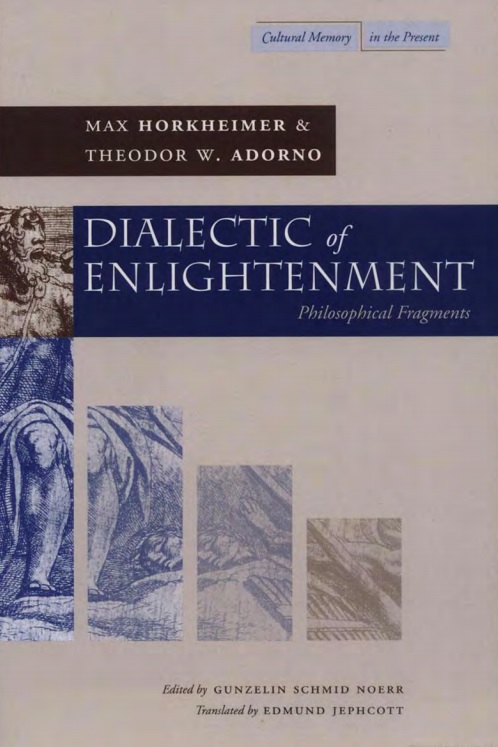
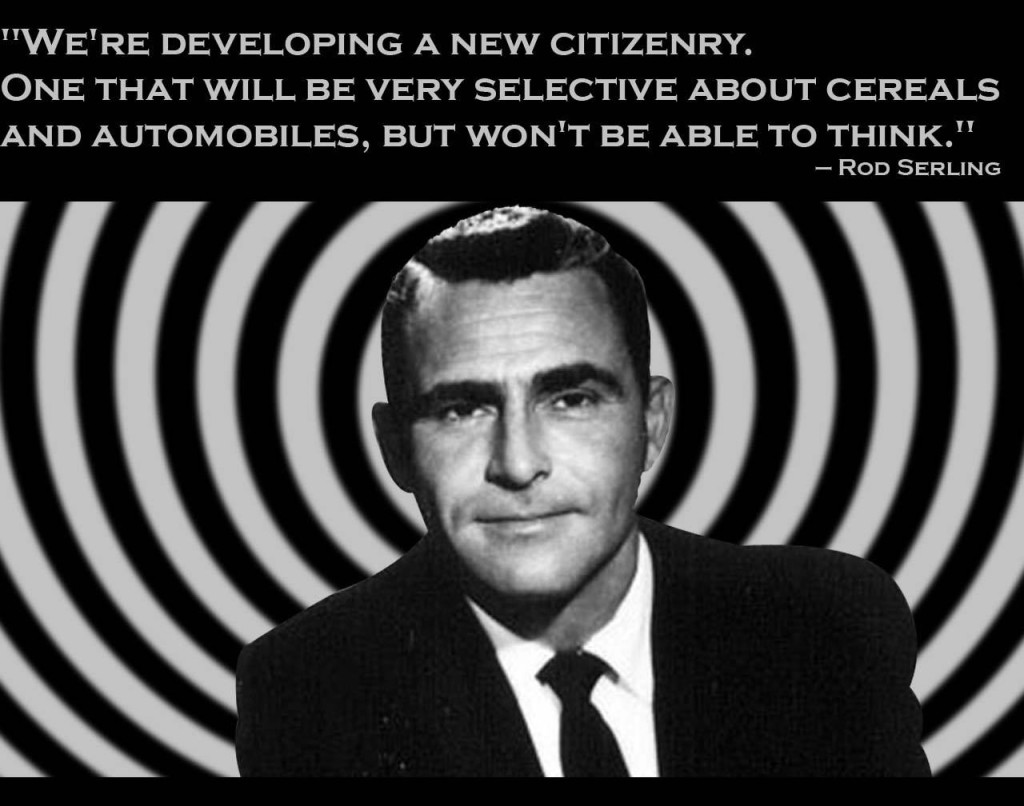


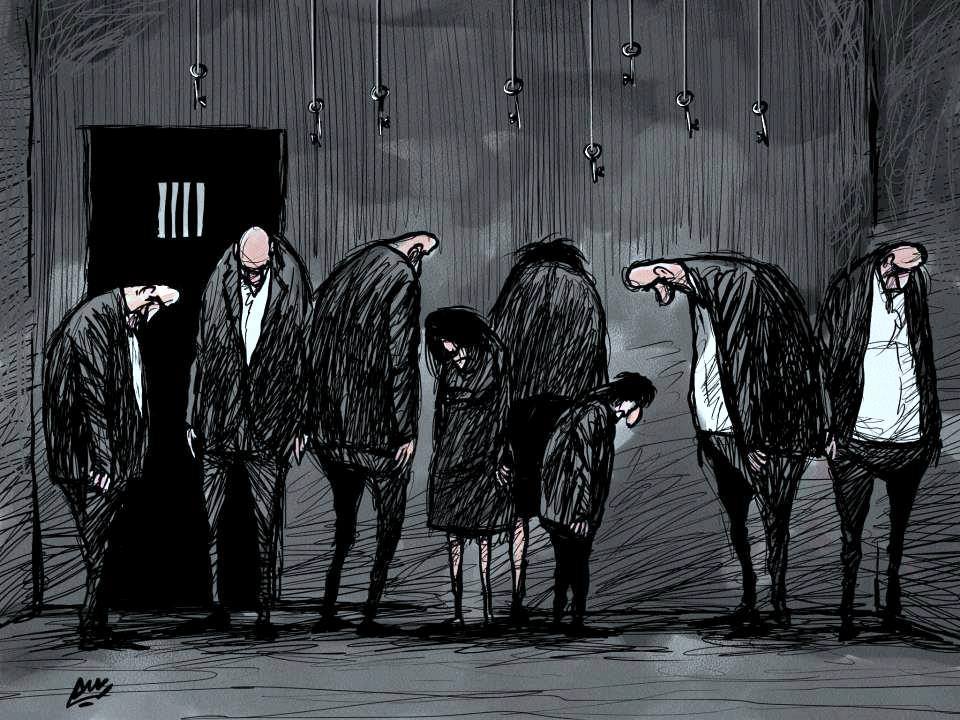
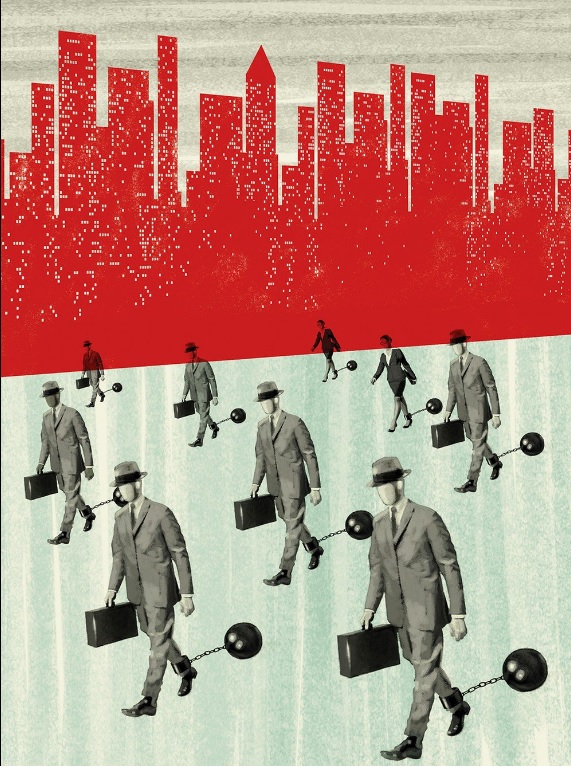

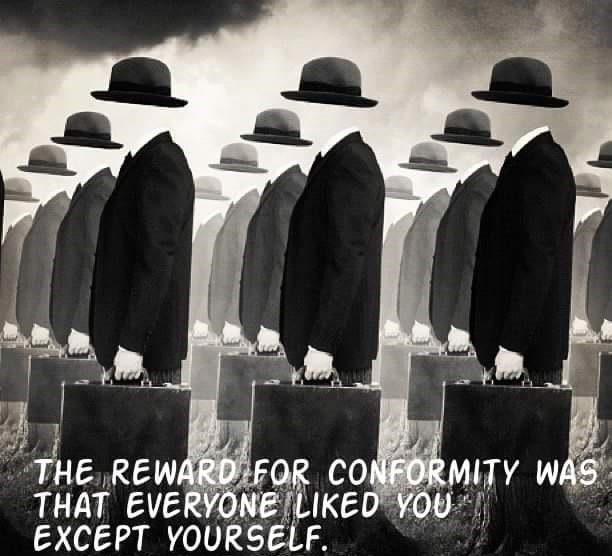


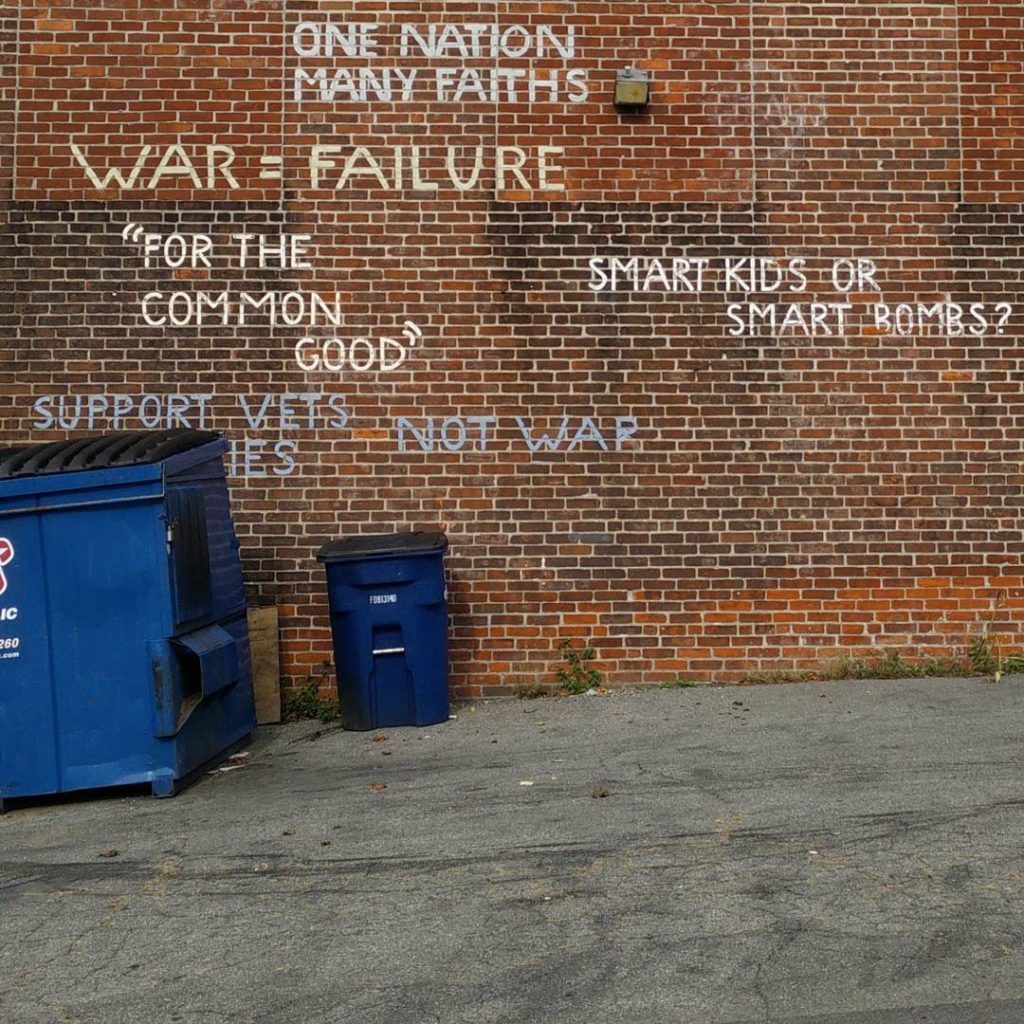

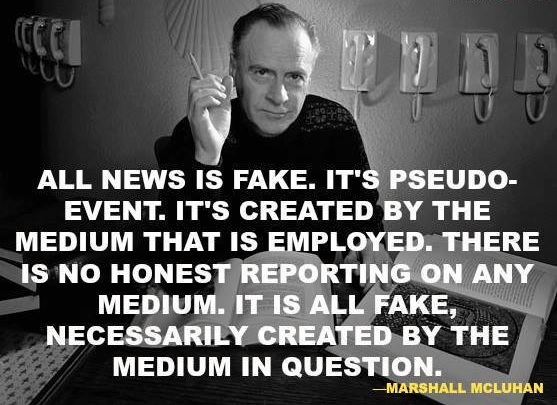

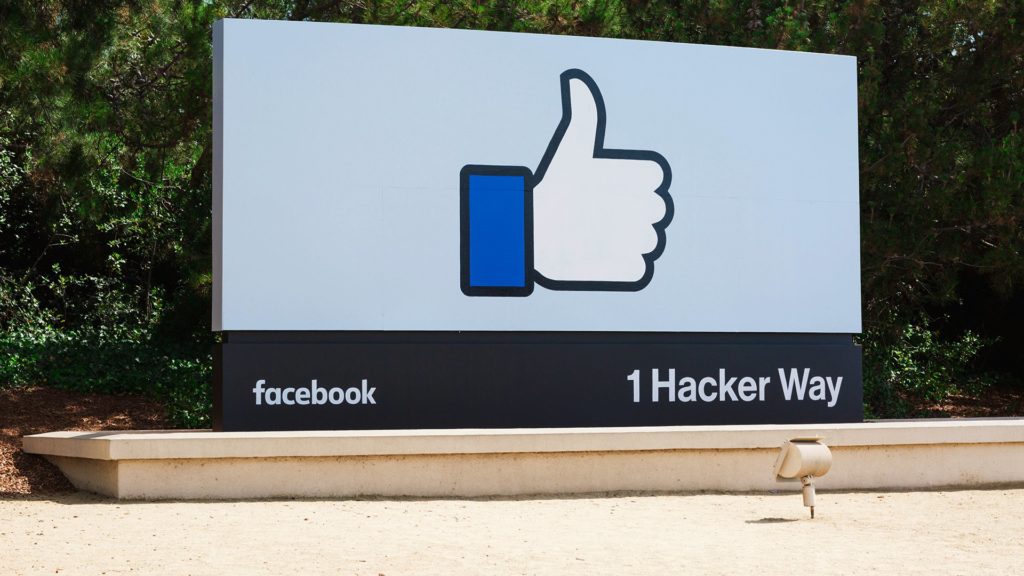

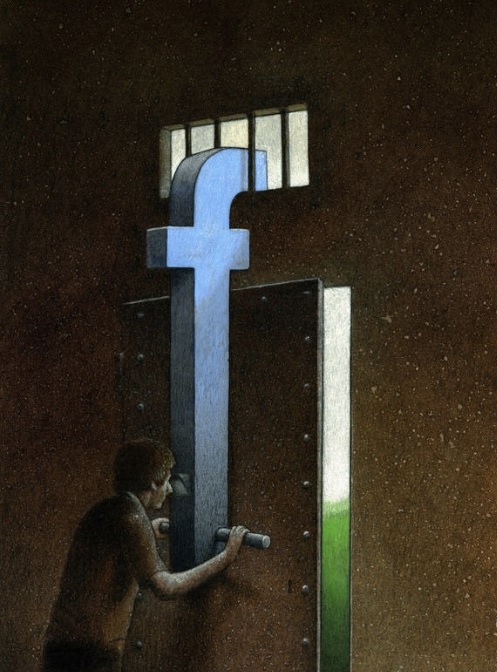
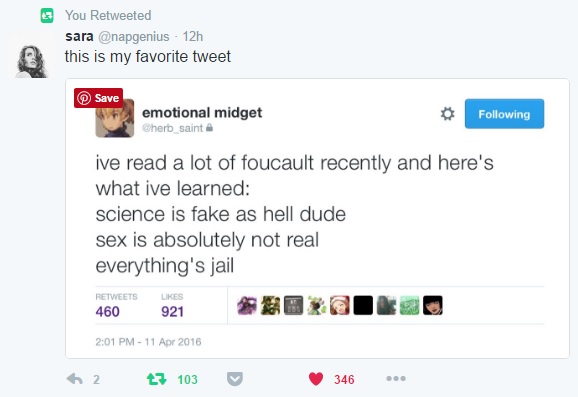




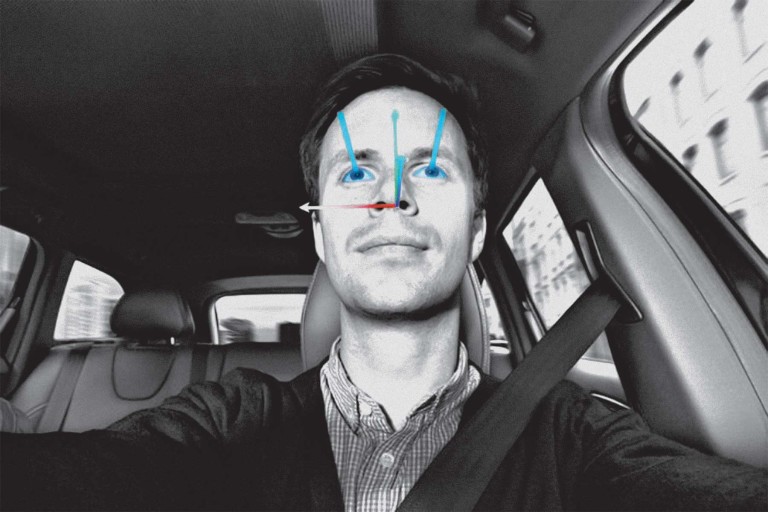


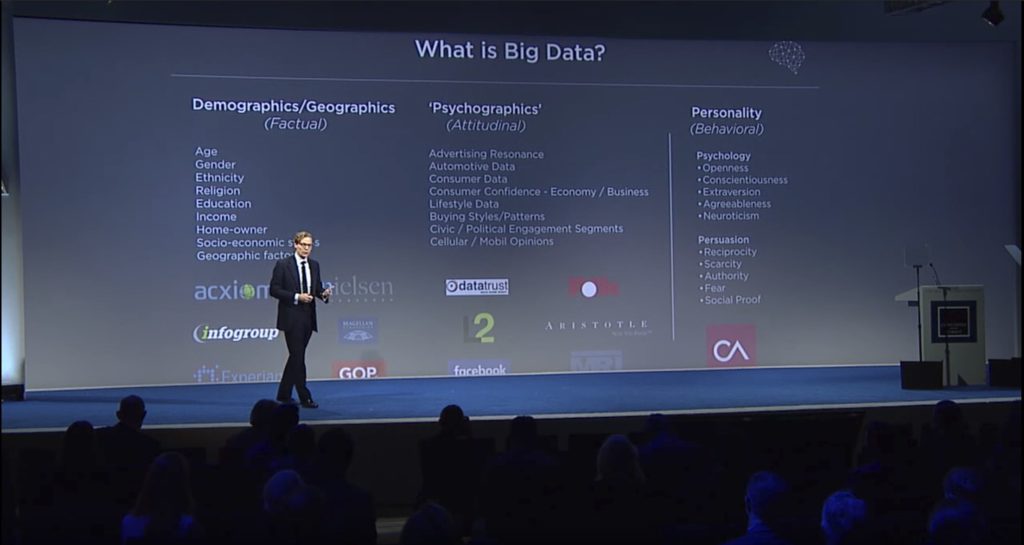



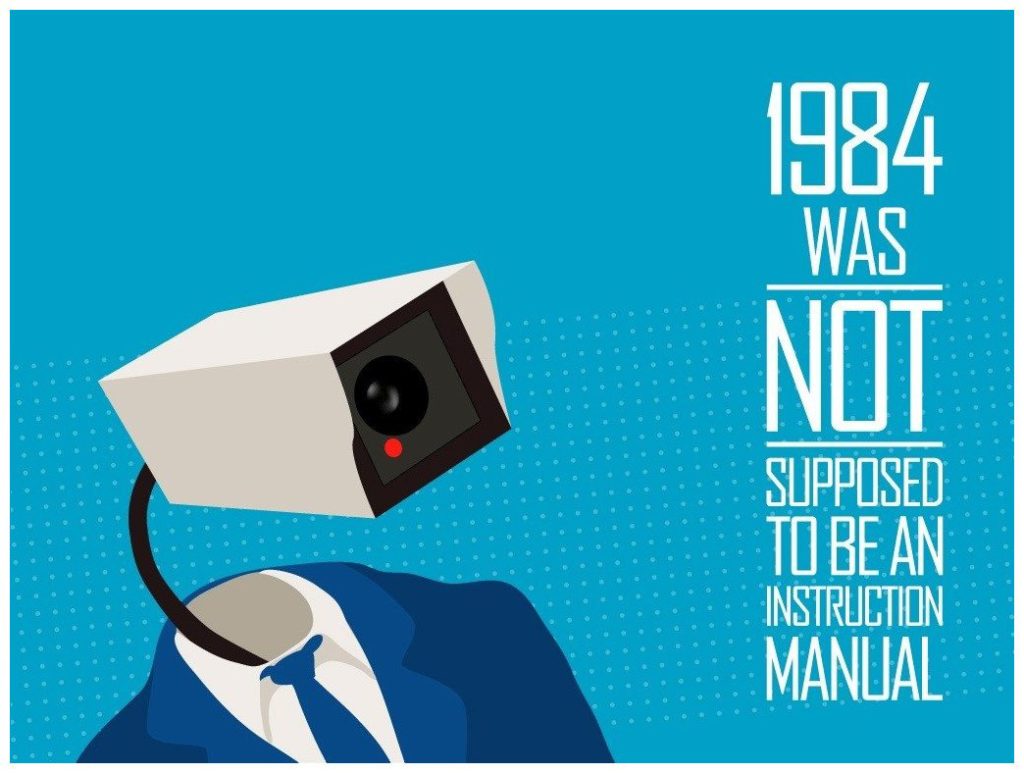
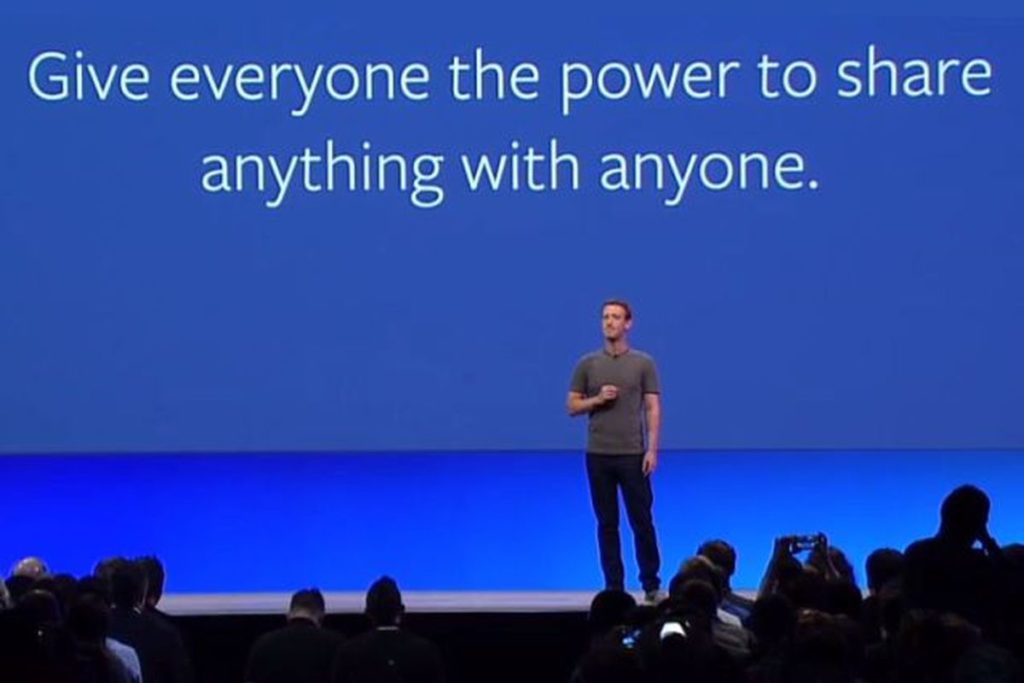
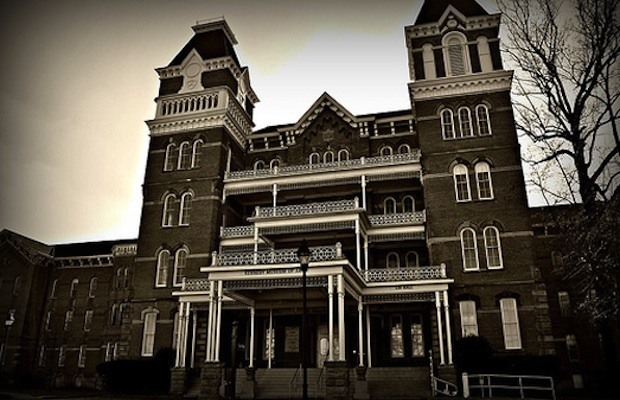
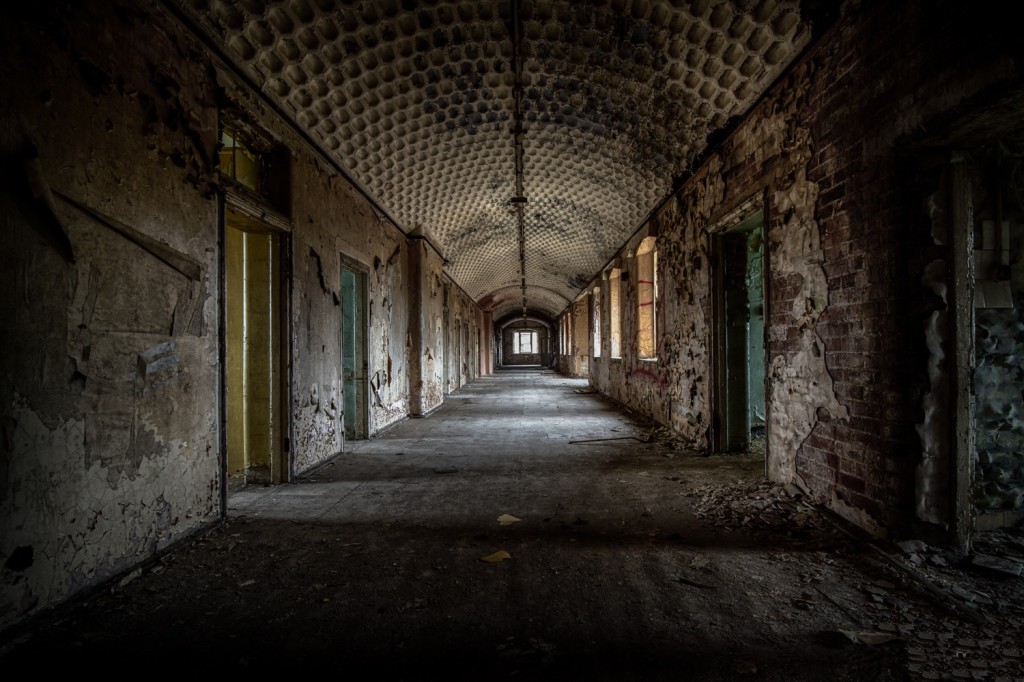
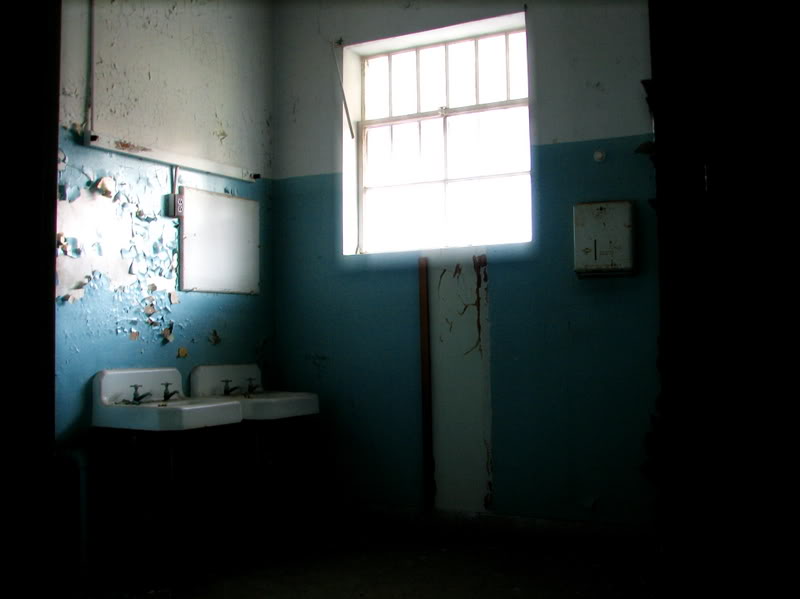
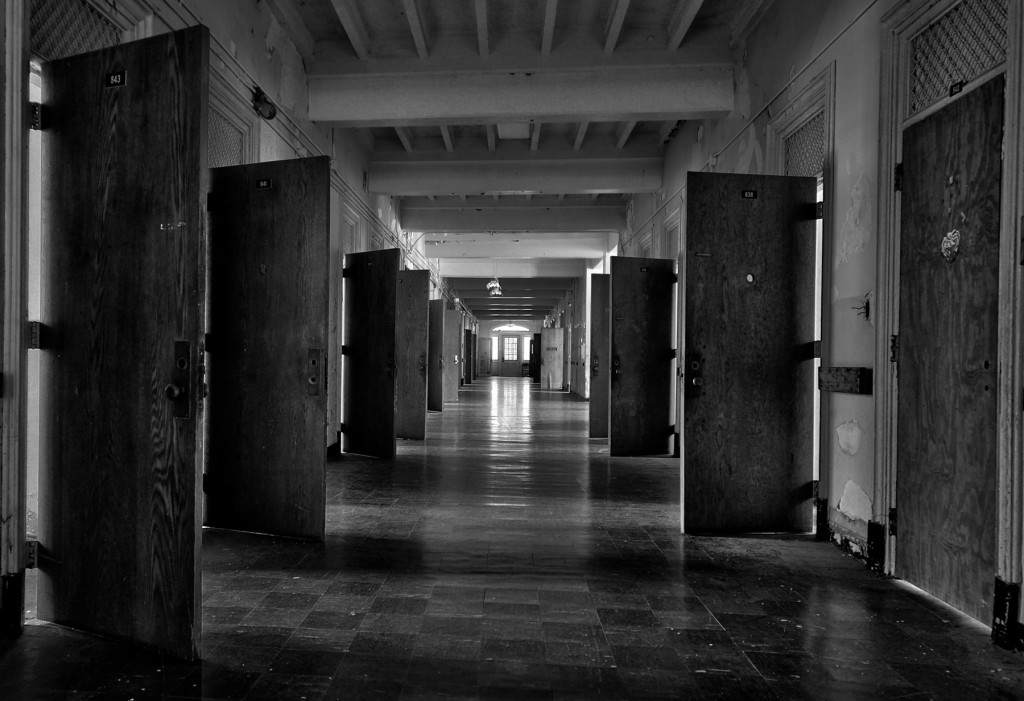
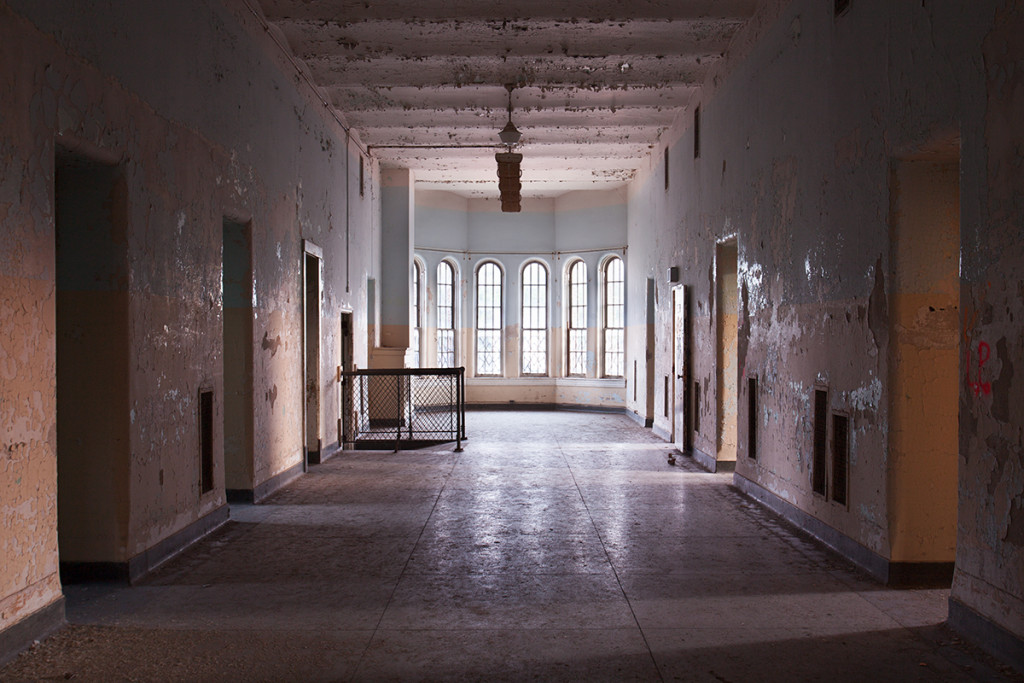
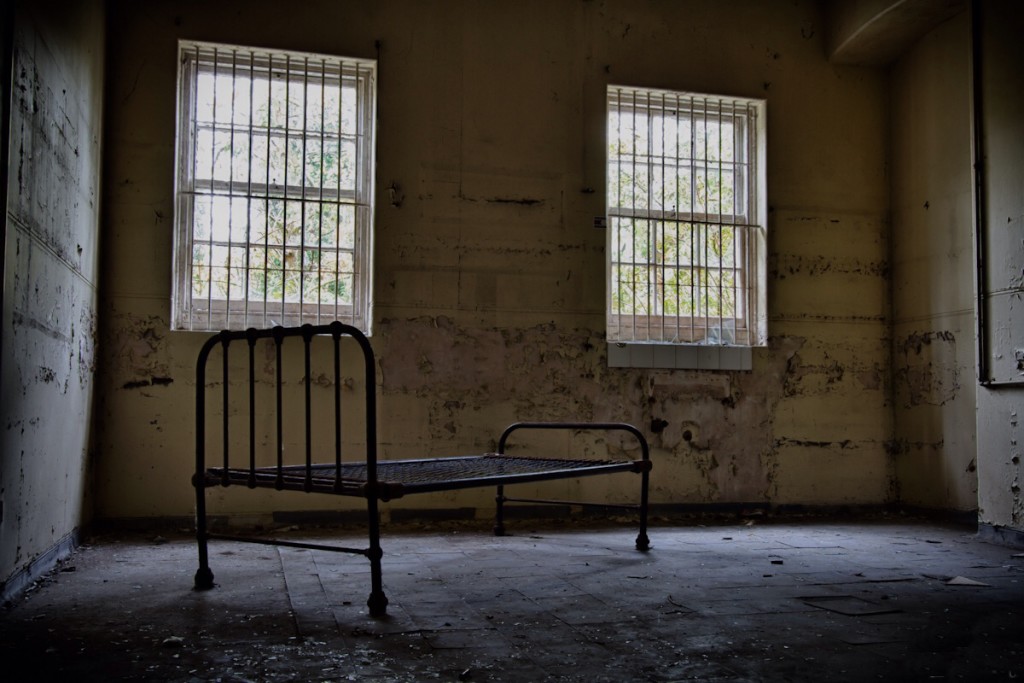
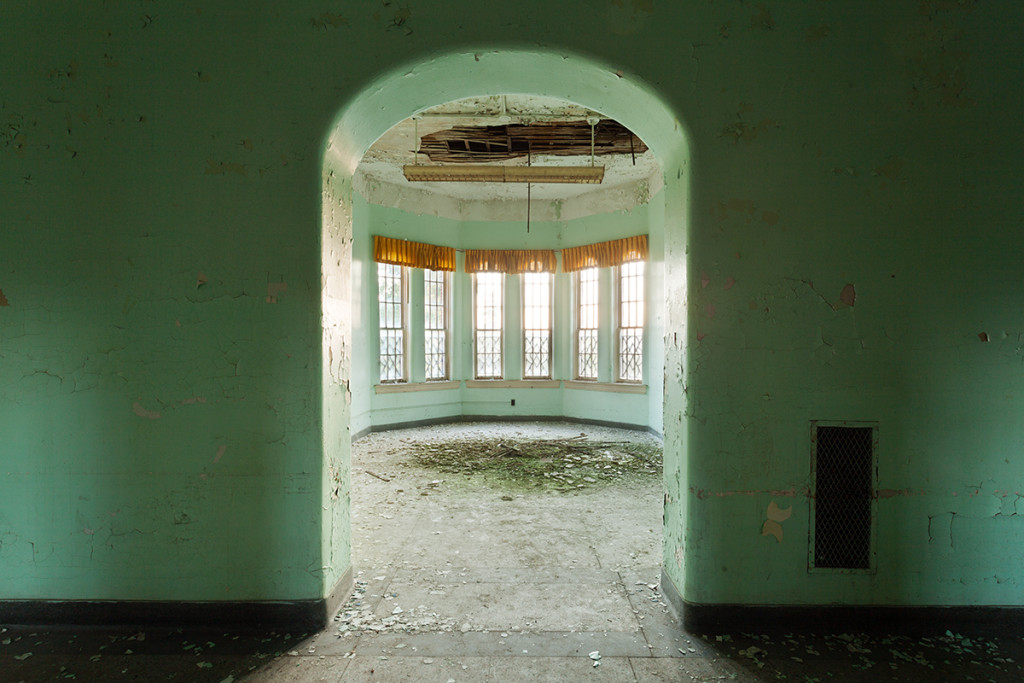
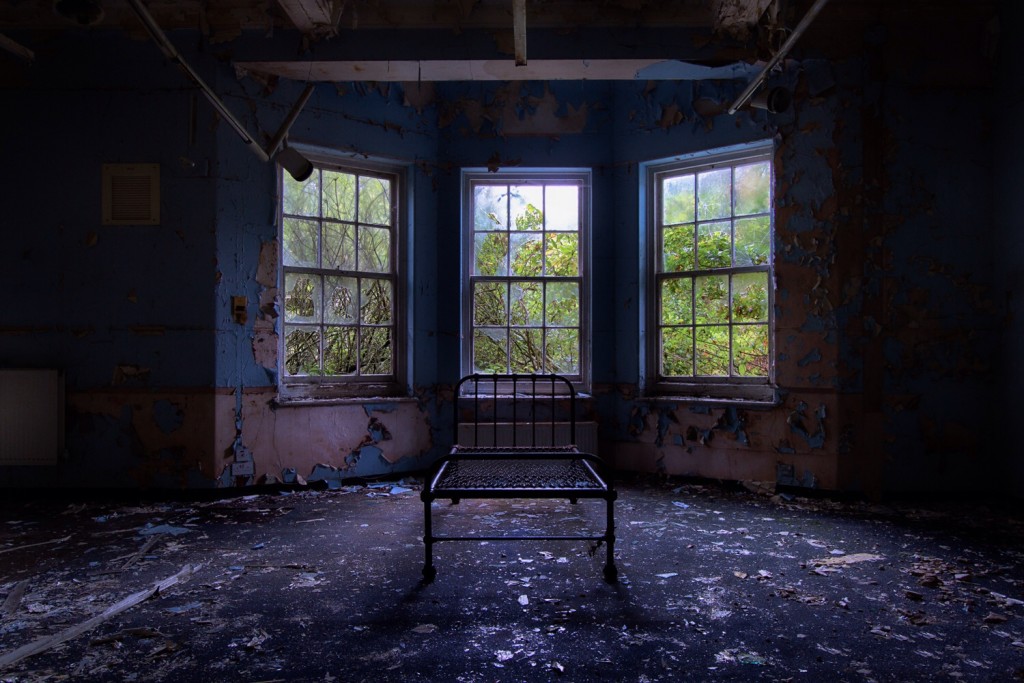
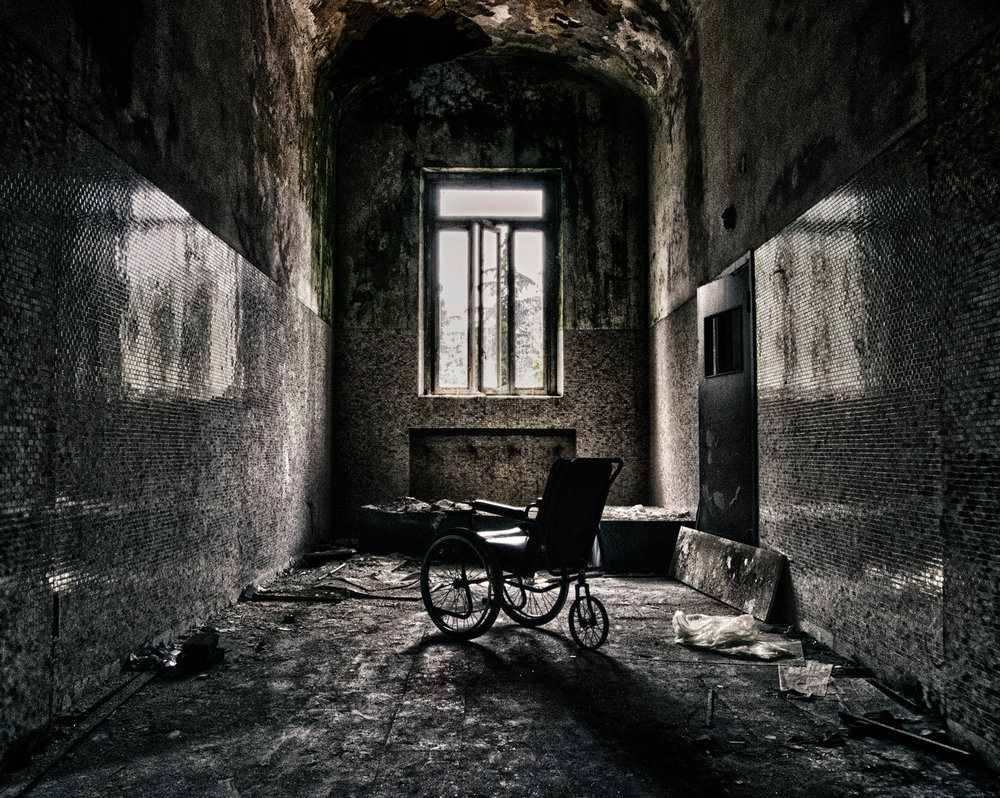
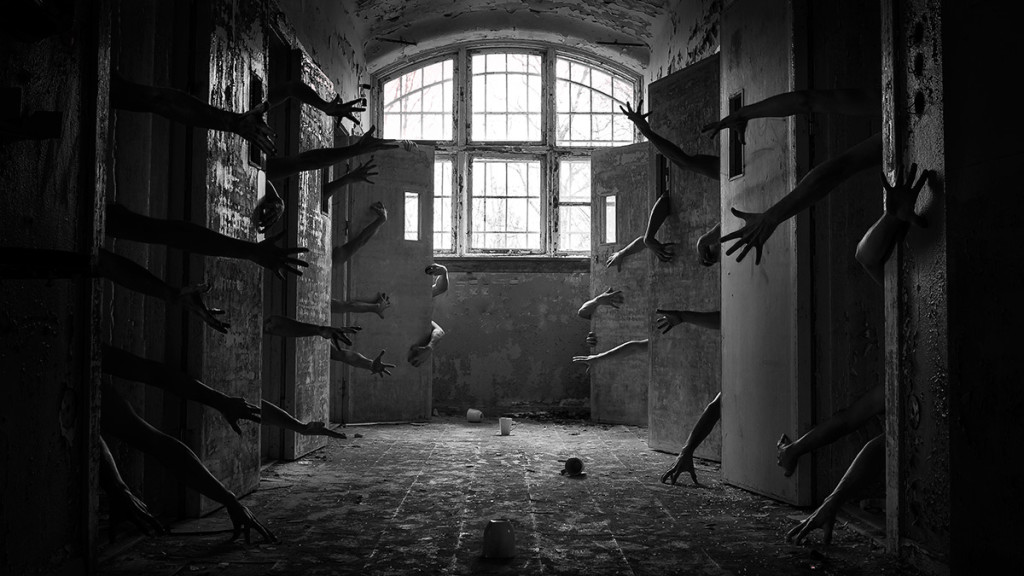

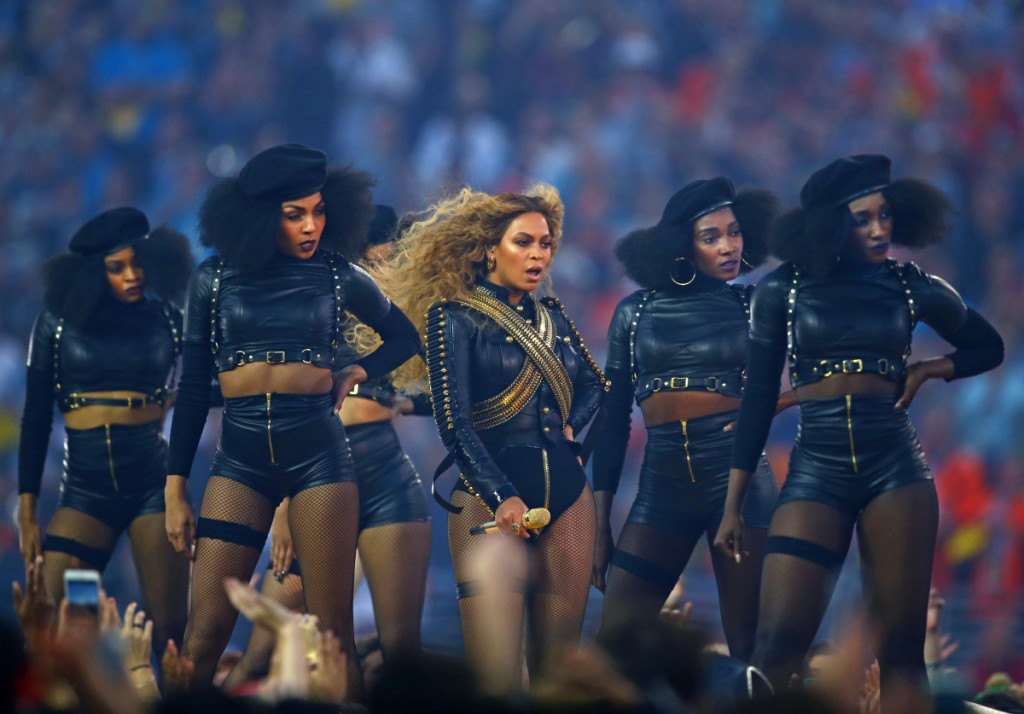
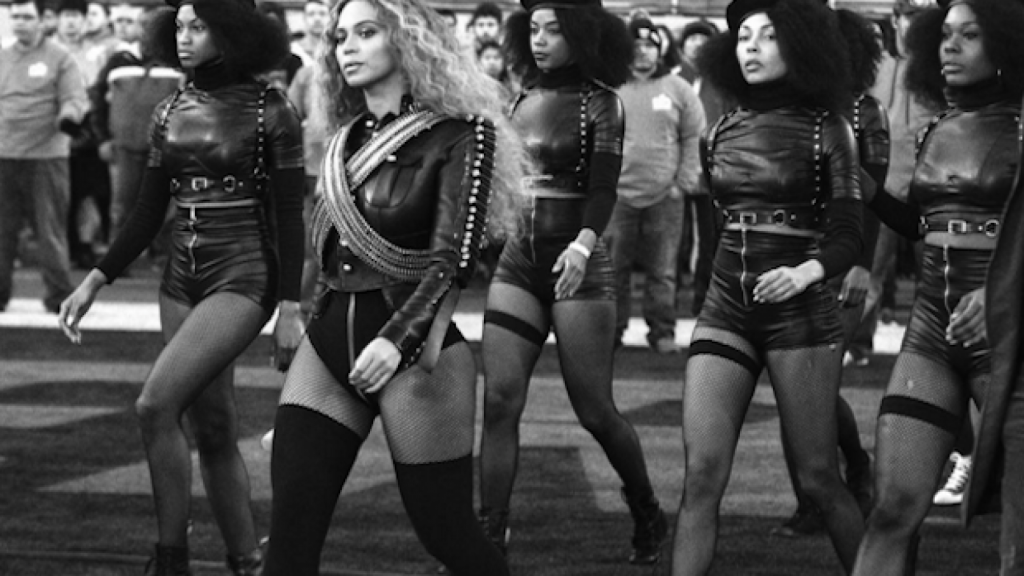
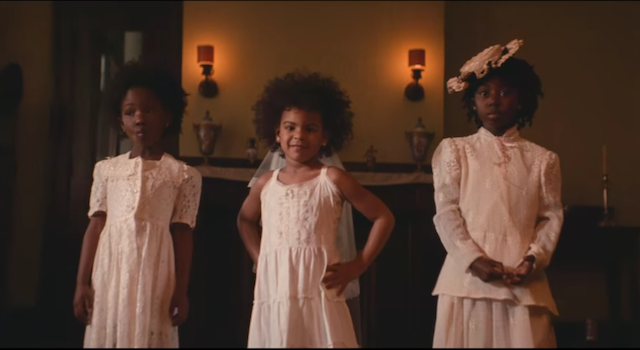
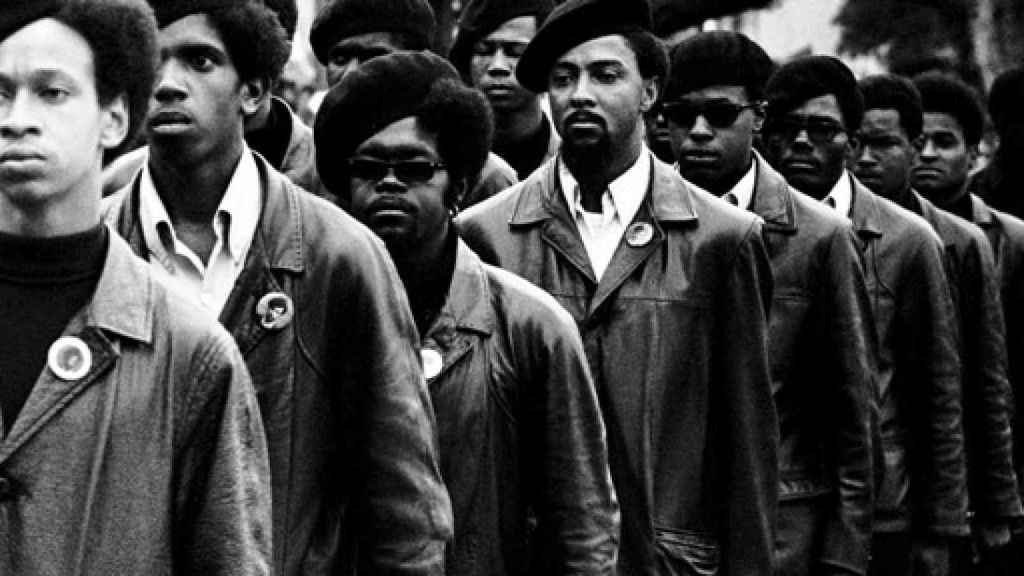

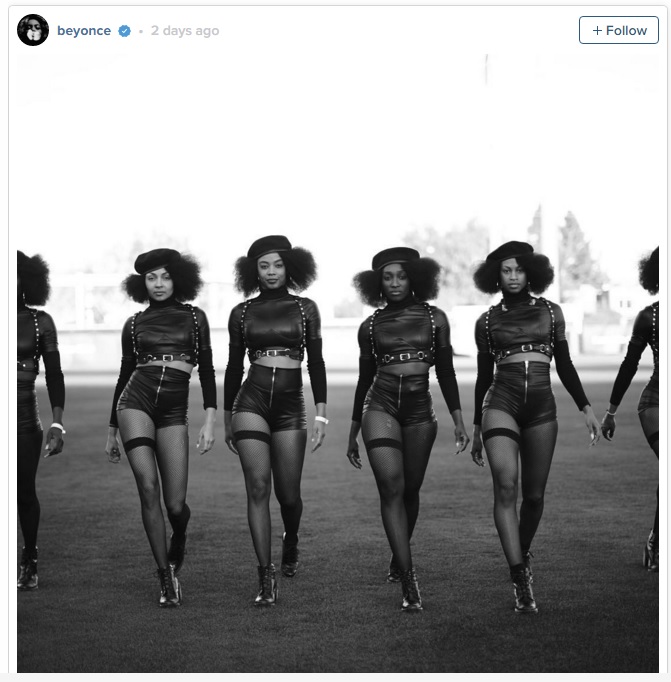
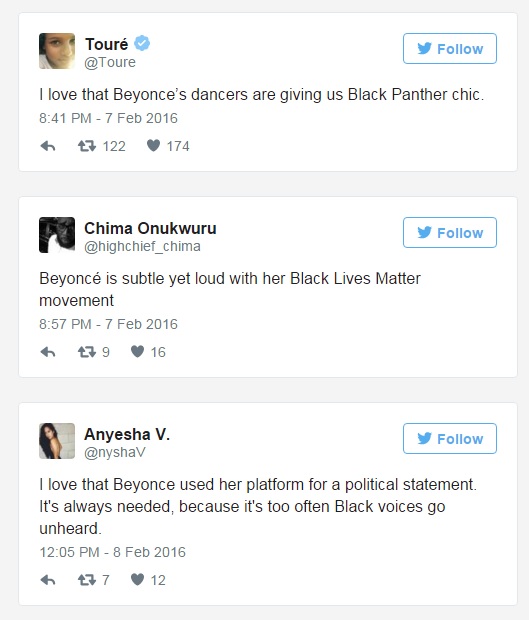
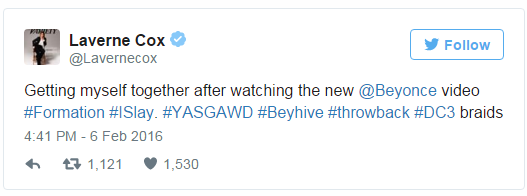


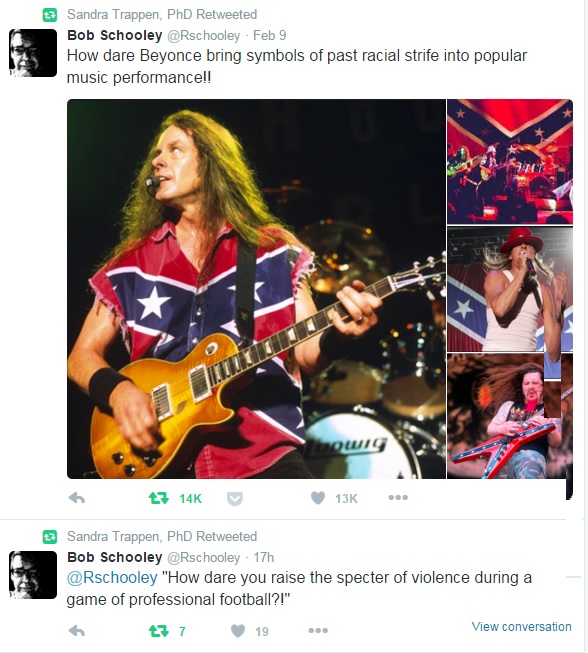
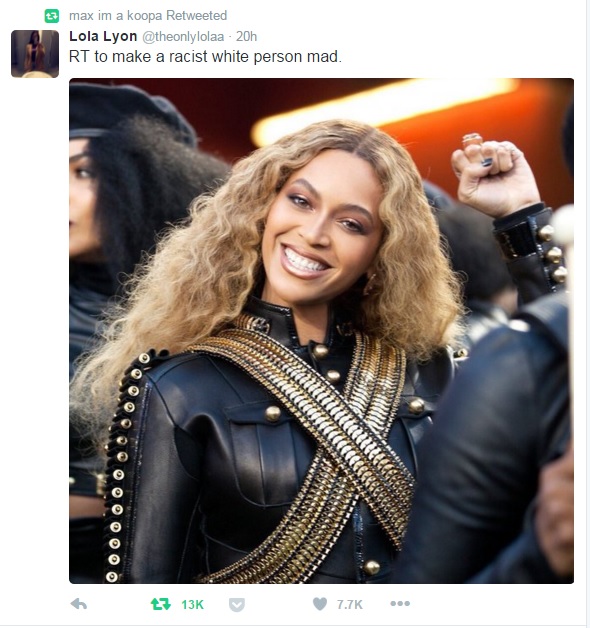
![(Steve Bosch/Vancouver Sun) [PNG Merlin Archive]](http://sandratrappen.com/wp-content/uploads/2016/02/wealthy-wilmas-1024x866.jpg)
